08 de fevereiro de 2026
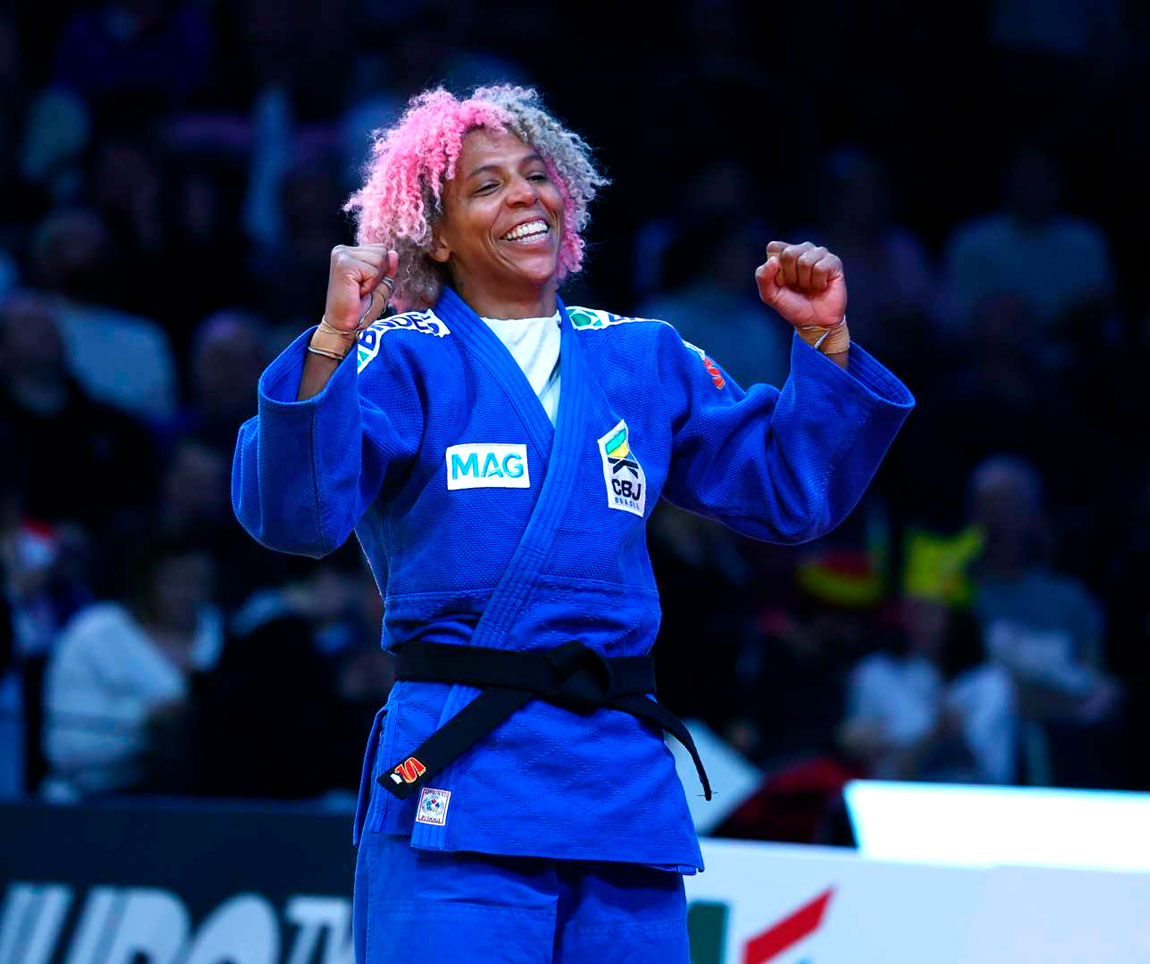
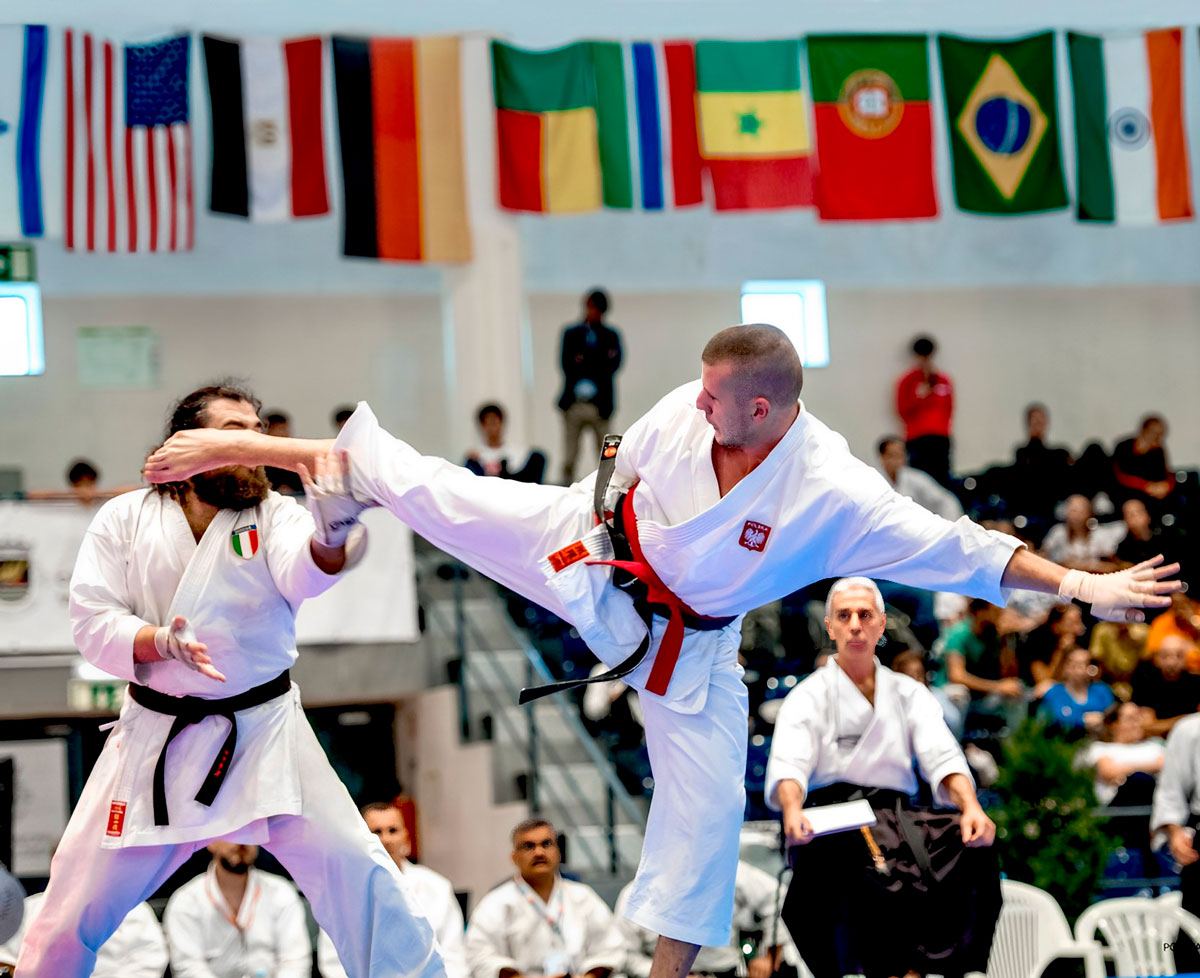 Shiai kumite
Shiai kumite
Held in Vila do Conde, Portugal, from October 7 to 13, the 22nd edition of the International Traditional Karate Federation (ITKF) World Championship brought together around 900 athletes from 33 countries, including the European Children’s Cup. The event was organized by ITKF Portugal with the support of ITKF Europe and under the sanction of ITKF Global.
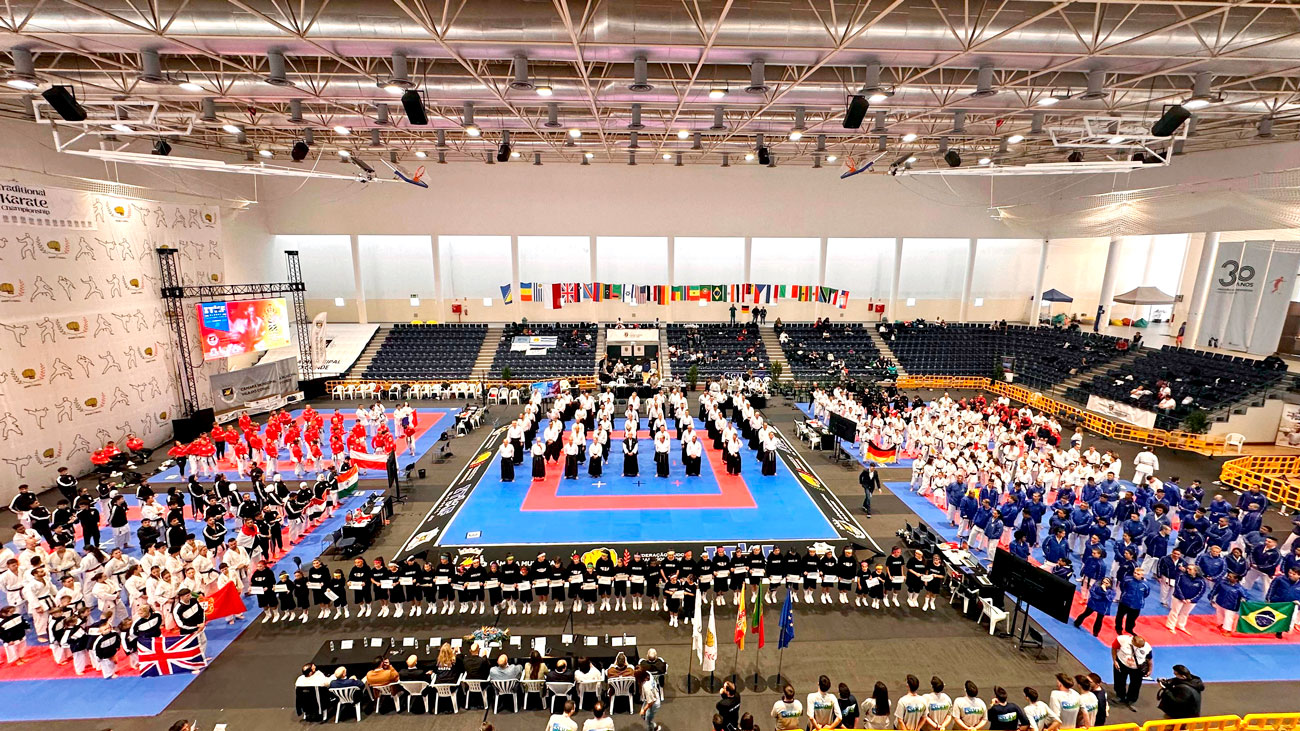
Opening ceremony of the adult competition
Other significant events were held simultaneously, such as the Technical Committee and Shihan-Kai meetings, the regional coaches’ gathering, and the Master Course, culminating in the institution’s General Assembly.
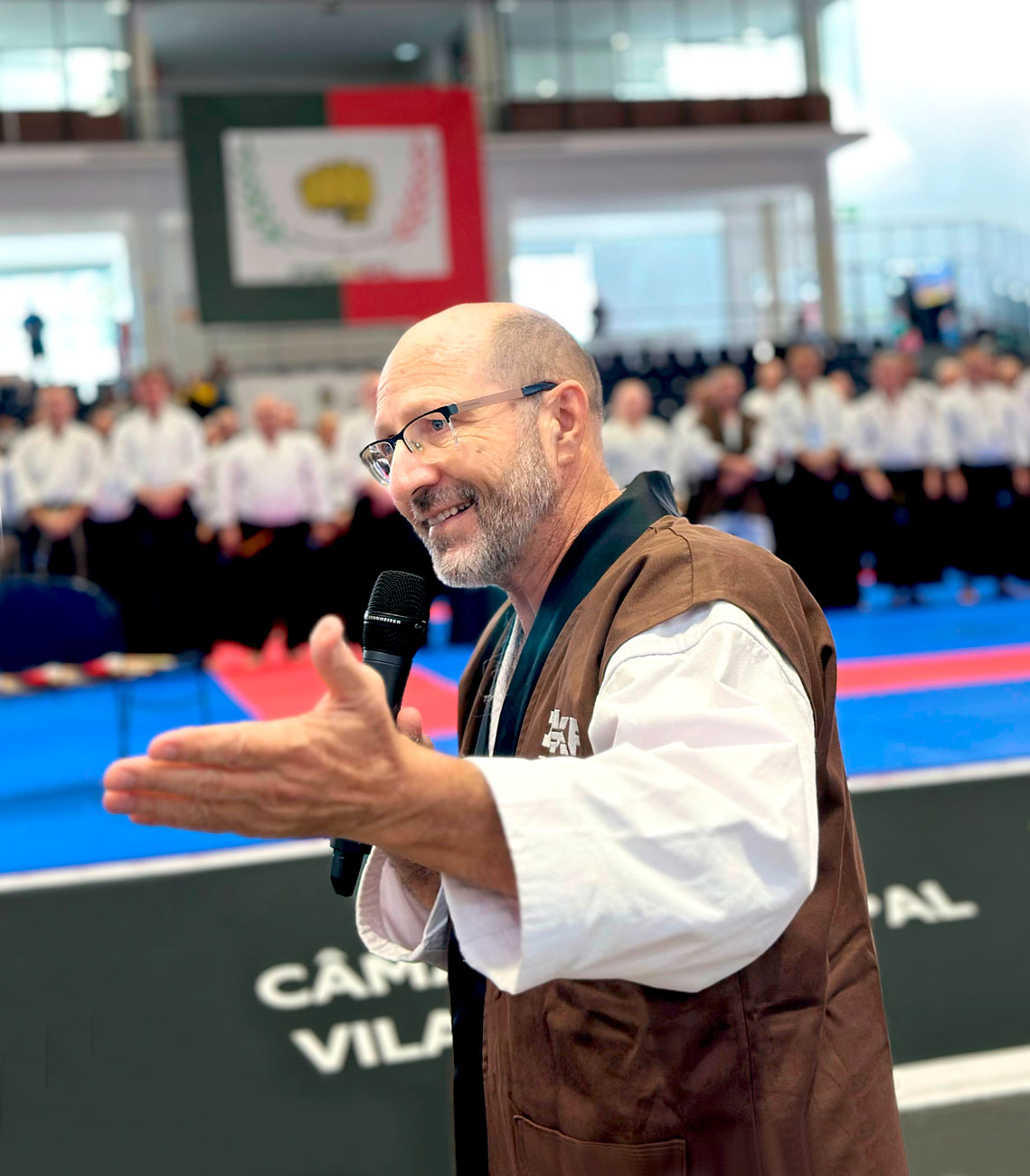
ITKF Chairman at the opening of the beginner classe’s competition
Approximately 100 instructors participated in the three-day Master Course, which traditionally precedes the competitions, focusing on kata standardization and referee training. Gilberto Gaertner, ITKF chairman, explained that the objective is to keep instructors technically updated while preserving the educational essence of traditional karate. During the General Assembly, the new ITKF Examination Program and the organization’s Official Passport were officially launched.
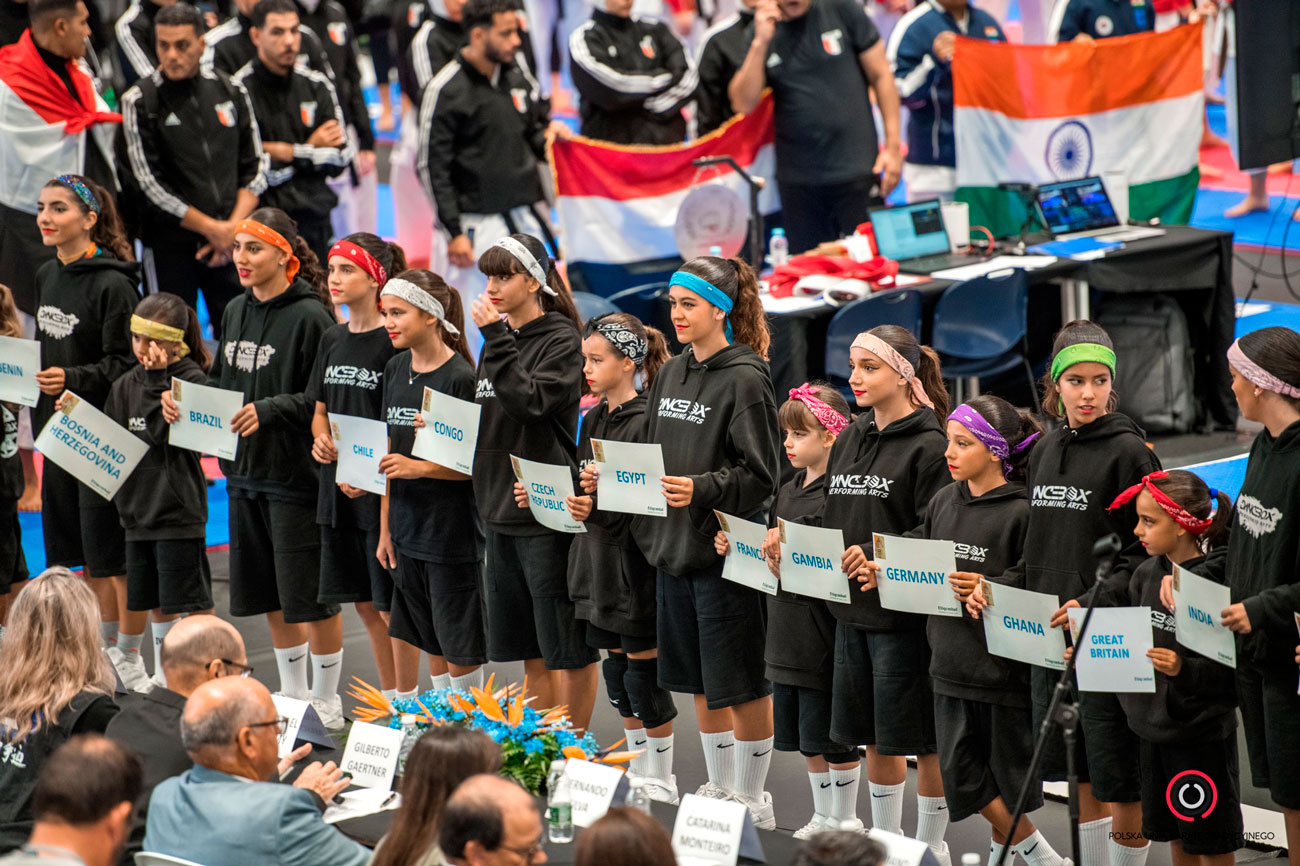
Detail of the opening ceremony of the adult competition
The ITKF also conducted high-ranking Dan exams, with notable participants such as multi-champions Cornel Musat and Ricardo Buzzi among the candidates. One of the highlights mentioned by participants was the great versatility and efficiency of the Rise system, used for overall event management.
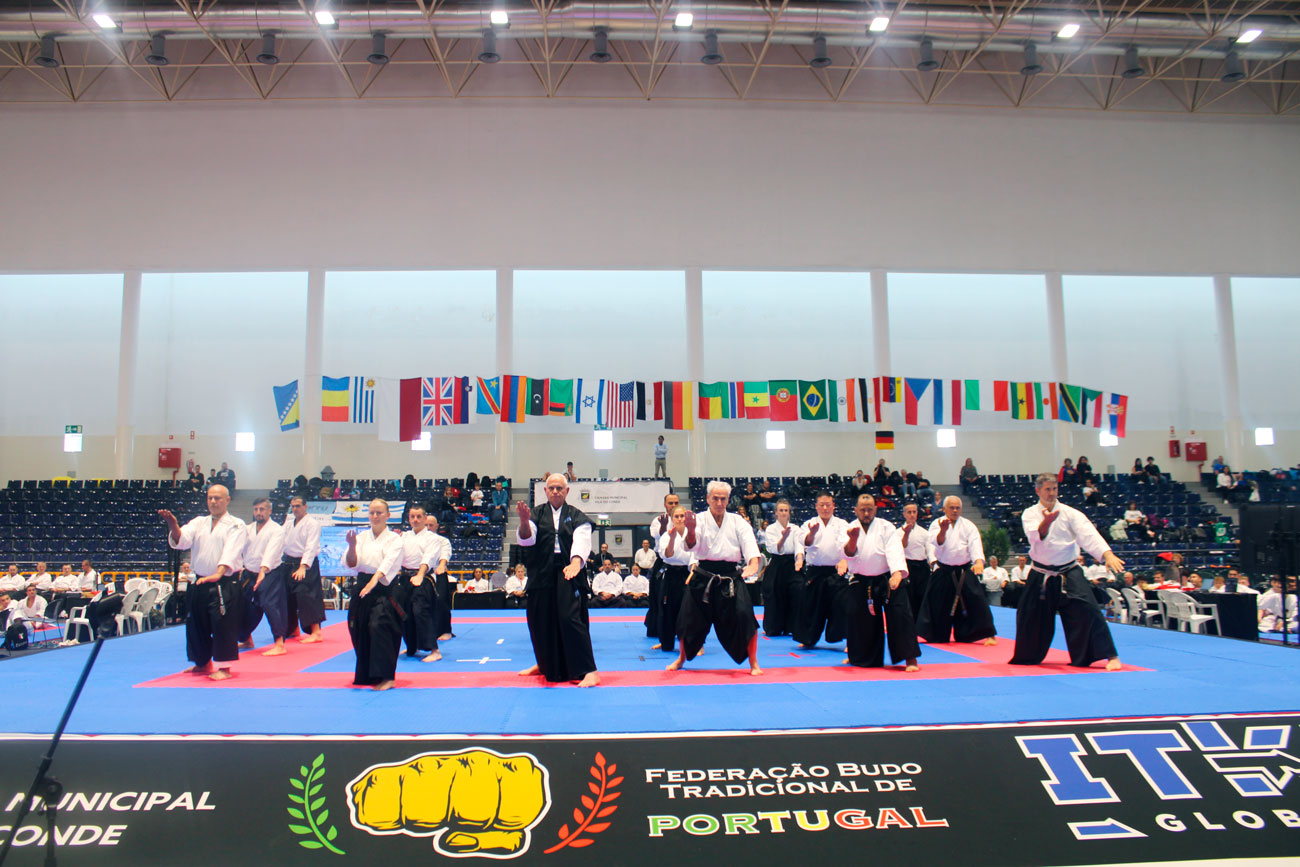
ITKF referees demonstrating kittei kata
According to delegation leaders, the competitions promoted cultural integration among nations, demonstrating that traditional karate has the unique ability to bridge regional differences without compromising the high technical level of its events.
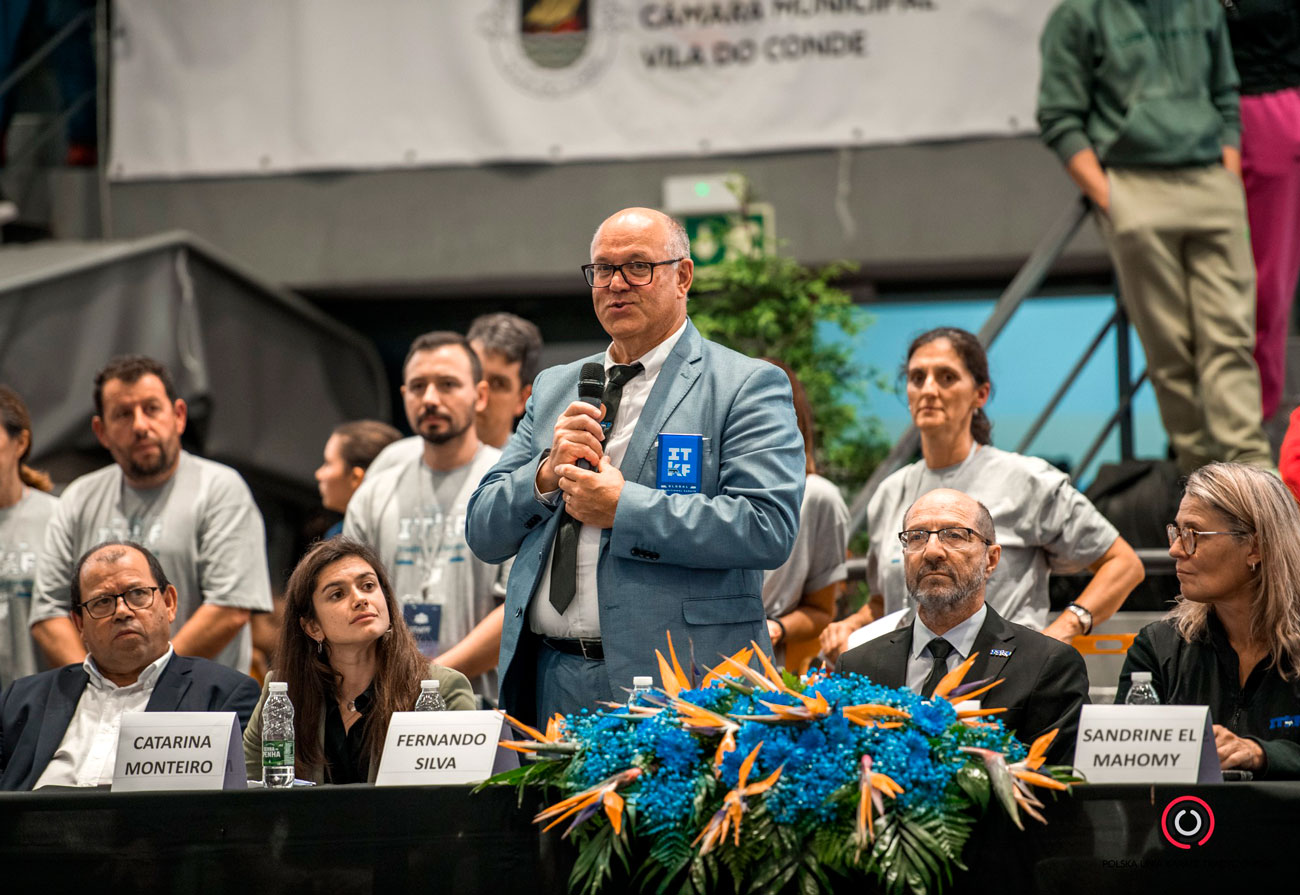
Sensei Fernando Silva at the event’s opening ceremony
“The use of modern management systems, live online broadcasts across the globe and the implementation of VAR as a support tool are well-established practices in ITKF events, showcasing its ongoing evolution, professionalism, and alignment with technological solutions,” emphasized the chairman.
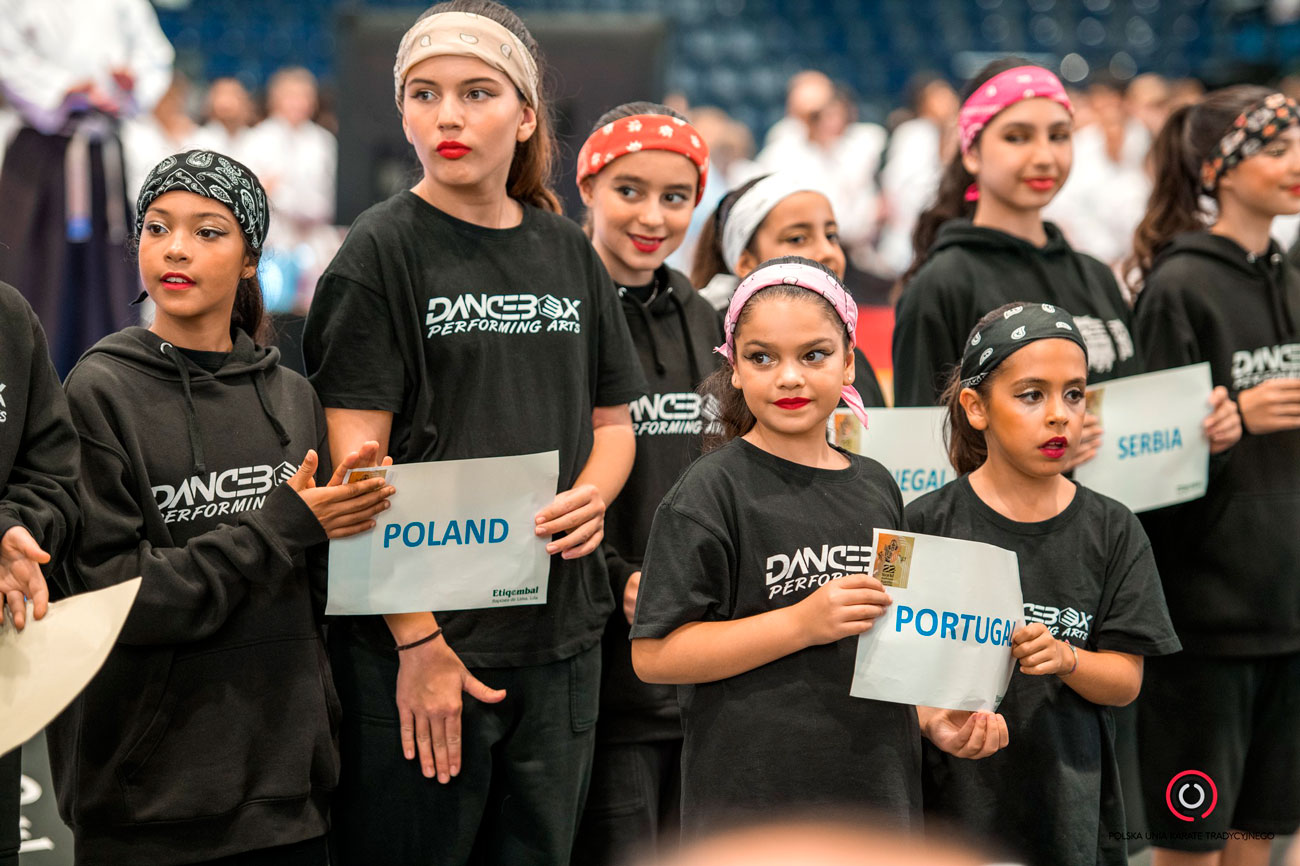
Detail of the opening ceremony of the adult competition
In the overall team standings, Egypt secured first place, followed by Brazil, Poland, Romania, Portugal, Armenia, Italy, the Czech Republic, the United Kingdom, Germany, and Uruguay. Brazilian athlete Martina Pires Gonçalves de Souza Rey stood out as the top-scoring competitor of the championship.
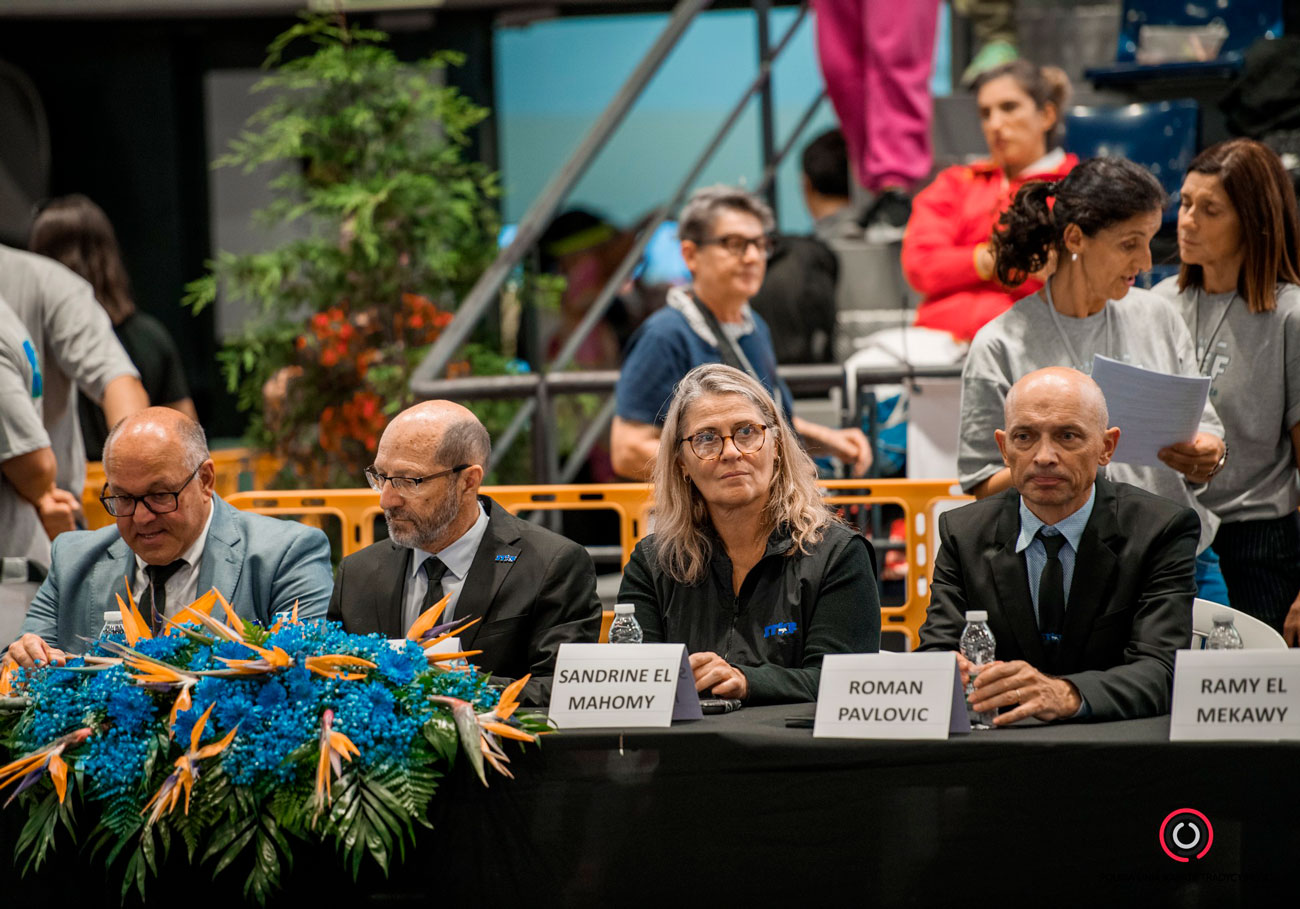
Fernando Silva, Gilberto Gaertner, Sandrine El Mahoumy, and Roman Pavlovic
After claiming victory in the 2019 edition in Brazil and the 2022 edition in Slovenia, the Brazilian team finished second in the 23rd ITKF World Championship. According to Ricardo Buzzi, head coach of ITKF Brazil, the competition was intensely close, with Egypt narrowly surpassing Brazil for the top position.
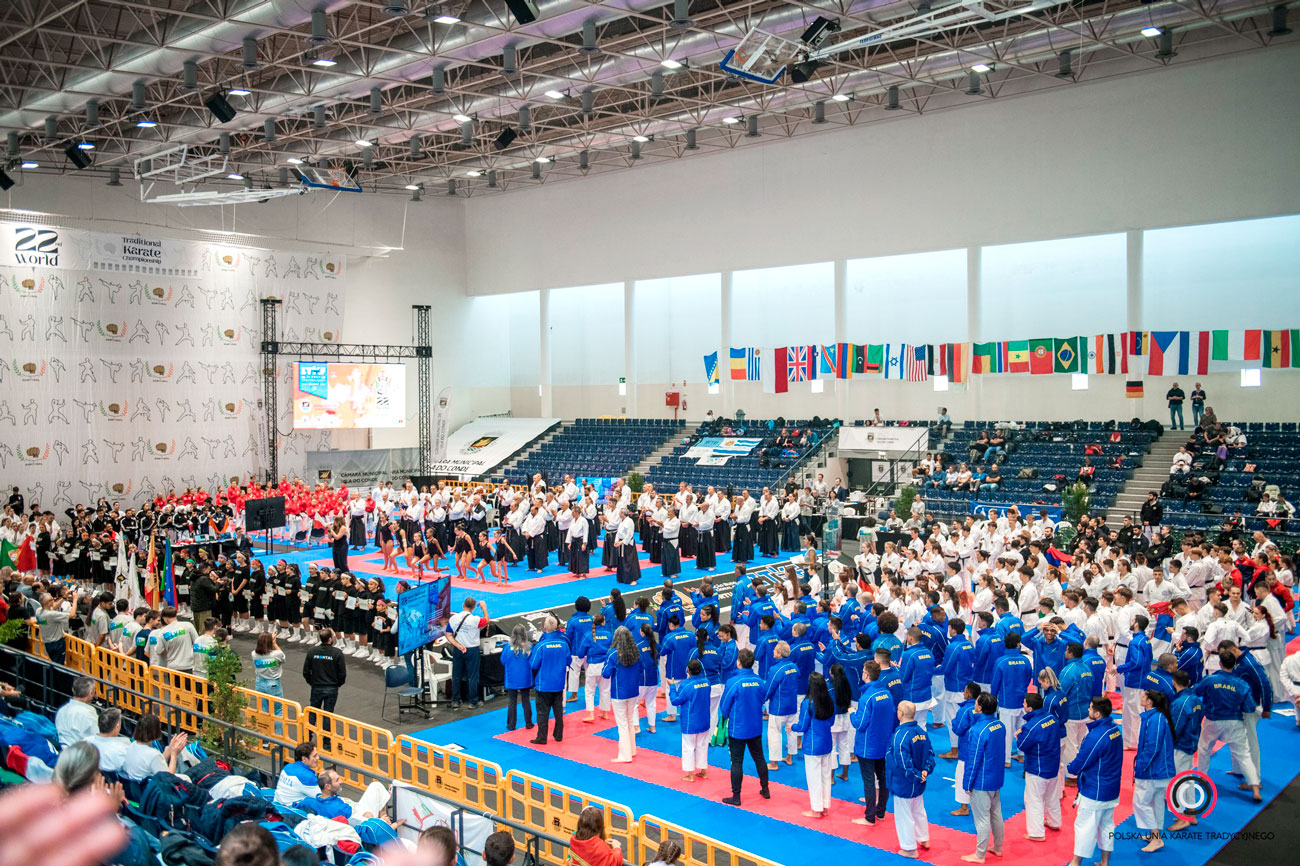
Opening ceremony of the adult competition
“The elevated technical level of all delegations was undoubtedly one of the highlights of this championship,” emphasized Buzzi. “Athletes who were extremely well-prepared both physically and psychologically significantly raised the standard of competition in all categories, especially in the senior division. It was remarkable to see the consistent application of the principles taught by our most distinguished master, Hidetaka Nishiyama.”
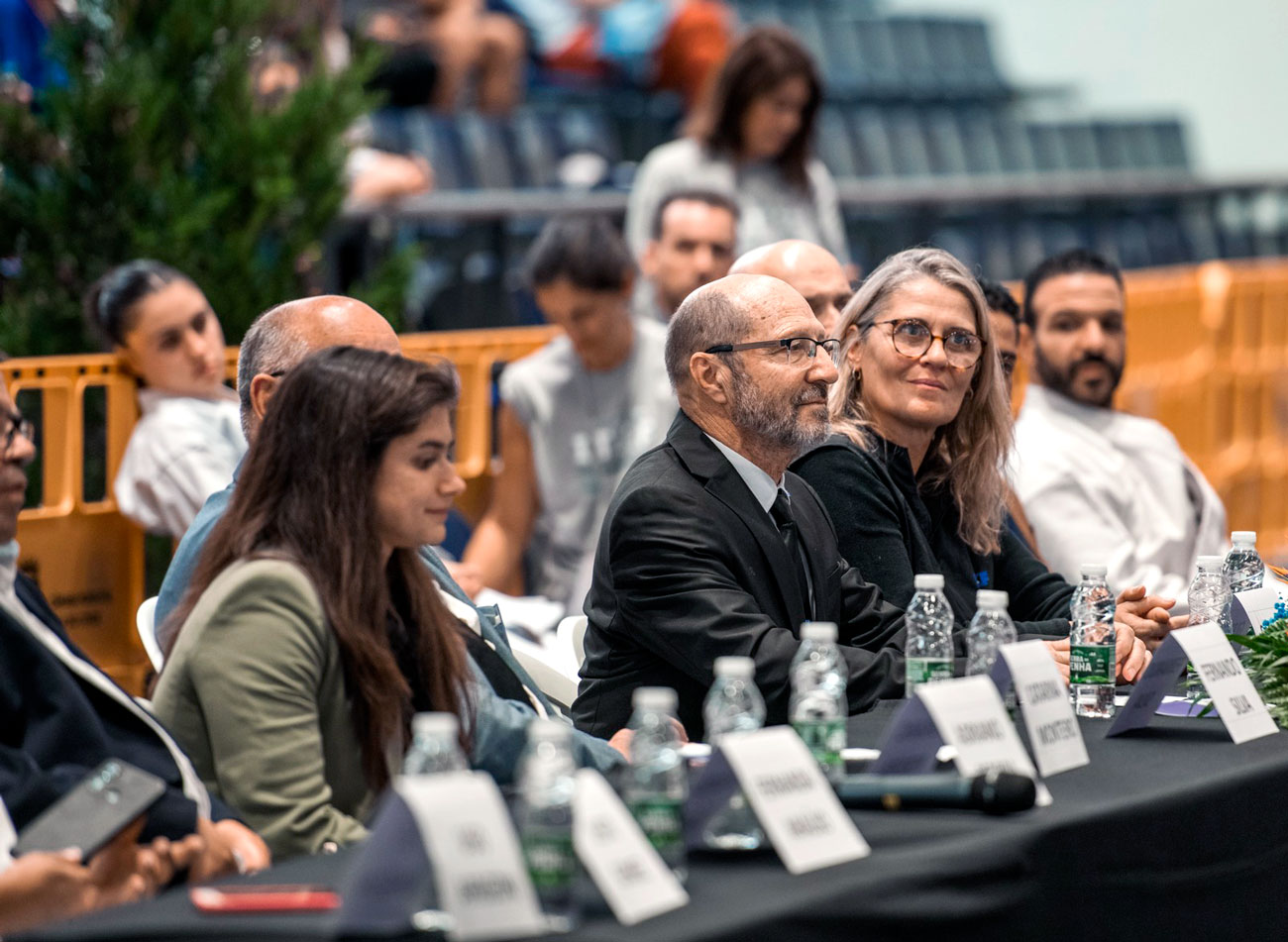
Councilwoman Ana Catarina Monteiro, Gilberto Gaertner, and Sandrine El Mahoumy
From an organizational standpoint, the use of modern management systems, live global broadcasting and the implementation of VAR as a support tool are now firmly established in ITKF events. According to Buzzi, these elements attest to the ITKF’s continuous evolution, professionalism and alignment with technological advancements.
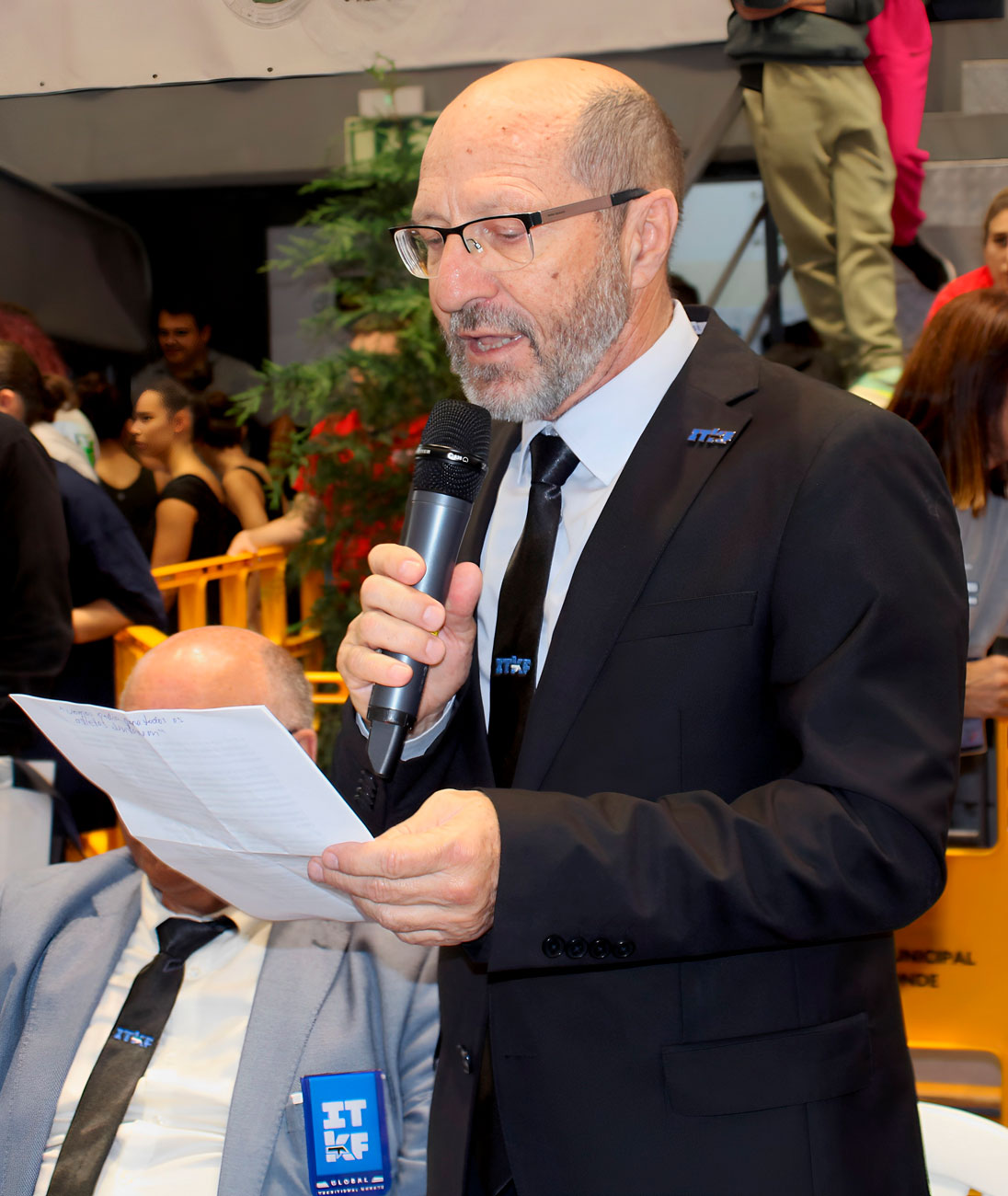
ITKF Chairman at the opening of the adult competition
For this world championship, the Brazilian Confederation of Traditional Karate (CBKT) completely overhauled its team preparation process. A multidisciplinary technical committee accompanied the team throughout the entire preparation period, which spanned nearly two years—from the Pan-American Championship in 2023 to the World Championship itself.
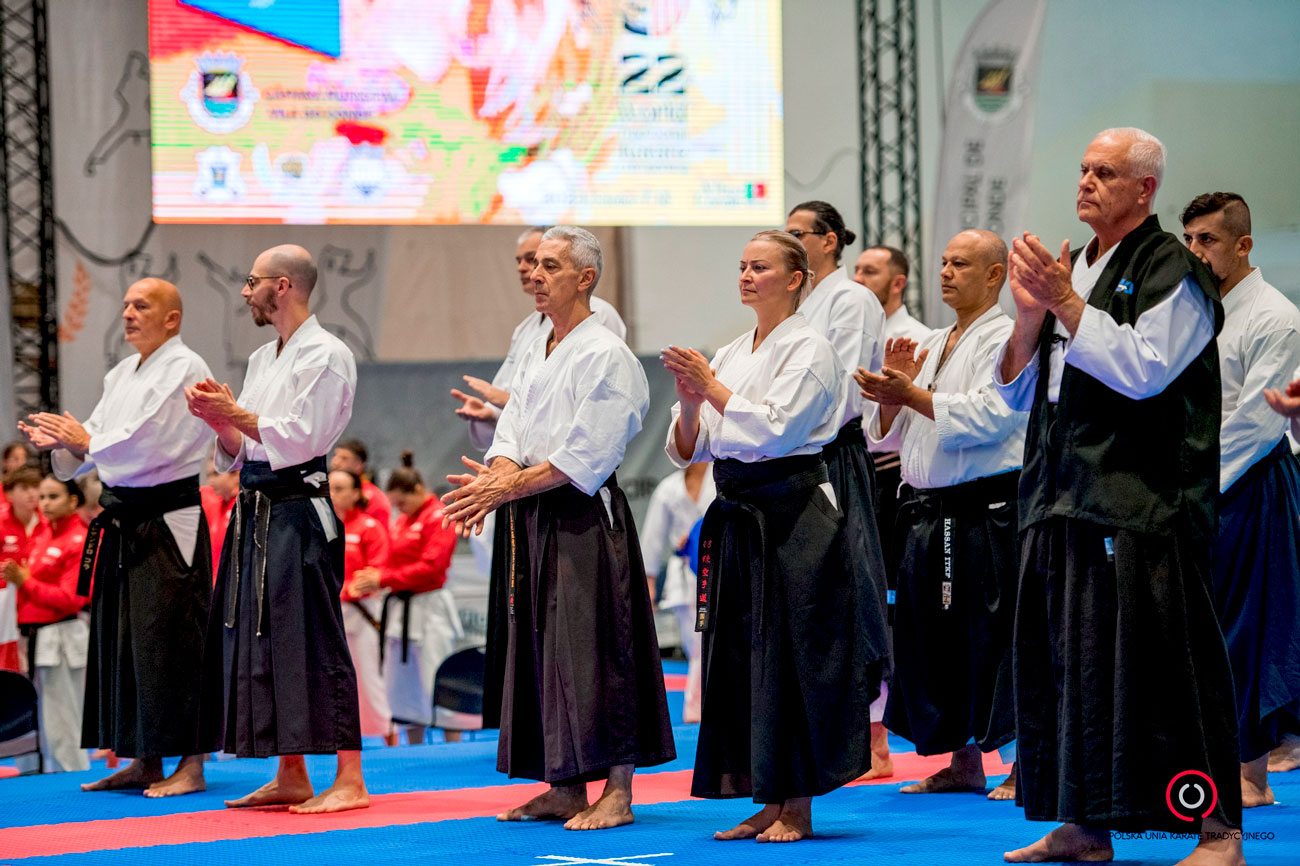
ITKF referees
In addition to head coach Ricardo Buzzi, the team included assistant coach Arlene Amarante, physical trainer Wagner Rosa, sports psychologists led by Sirlei Andrade, physiotherapists Karla and Carlos Henrique Simas, and administrative assistant Carlos Huy. The CBKT board of directors also played a vital role in providing logistical, technical, and financial support. Noteworthy contributors included the sponsorship from Instituto IGK-RJ and Dankana, the official supplier of sports equipment for the Brazilian team.
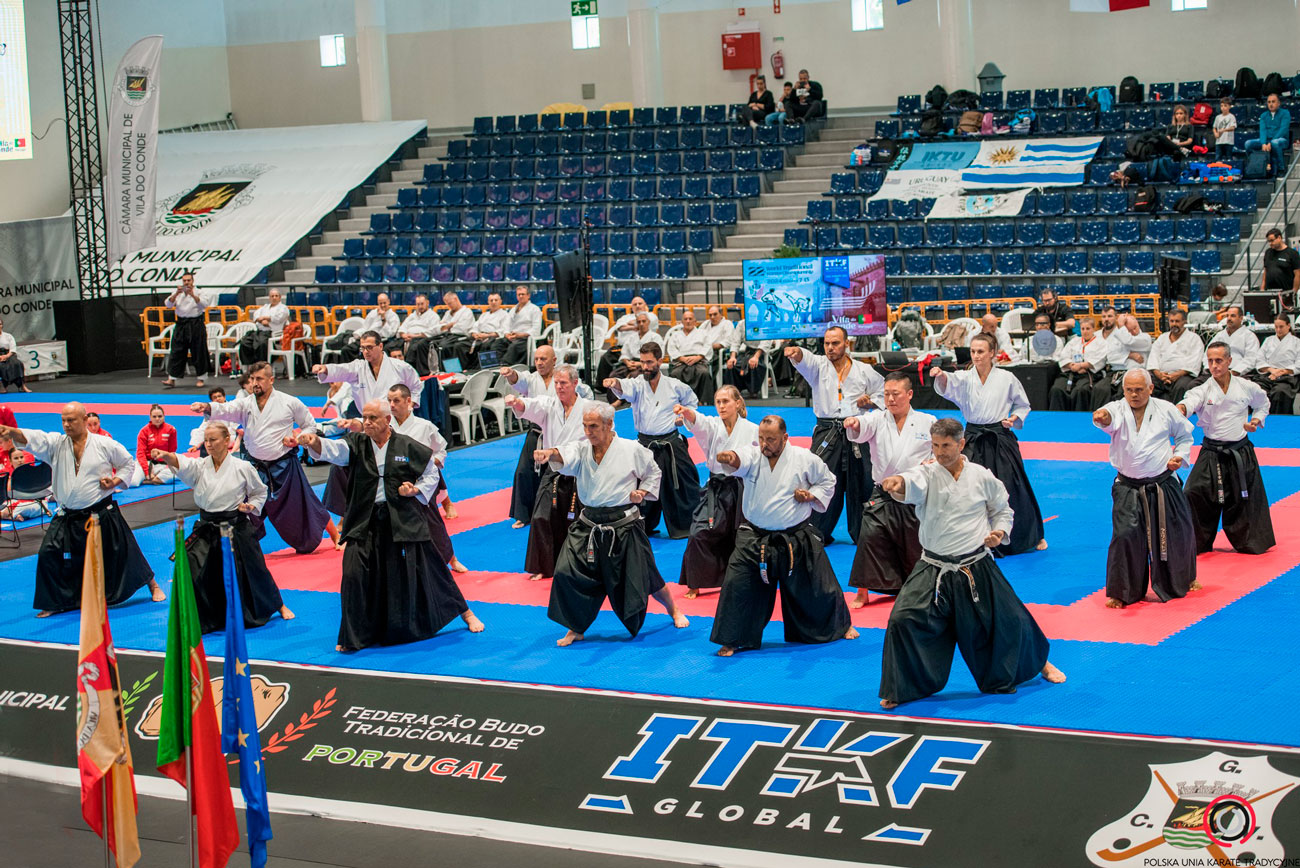
ITKF referees demonstrating kittei kata
As always, one of the biggest challenges for the Brazilian delegation, according to Buzzi, was managing the geographic dispersion of athletes, who live in far-flung regions of the country separated by thousands of kilometers. Nevertheless, the CBKT successfully sent 54 athletes to the world championship, forming a delegation of over 80 participants.
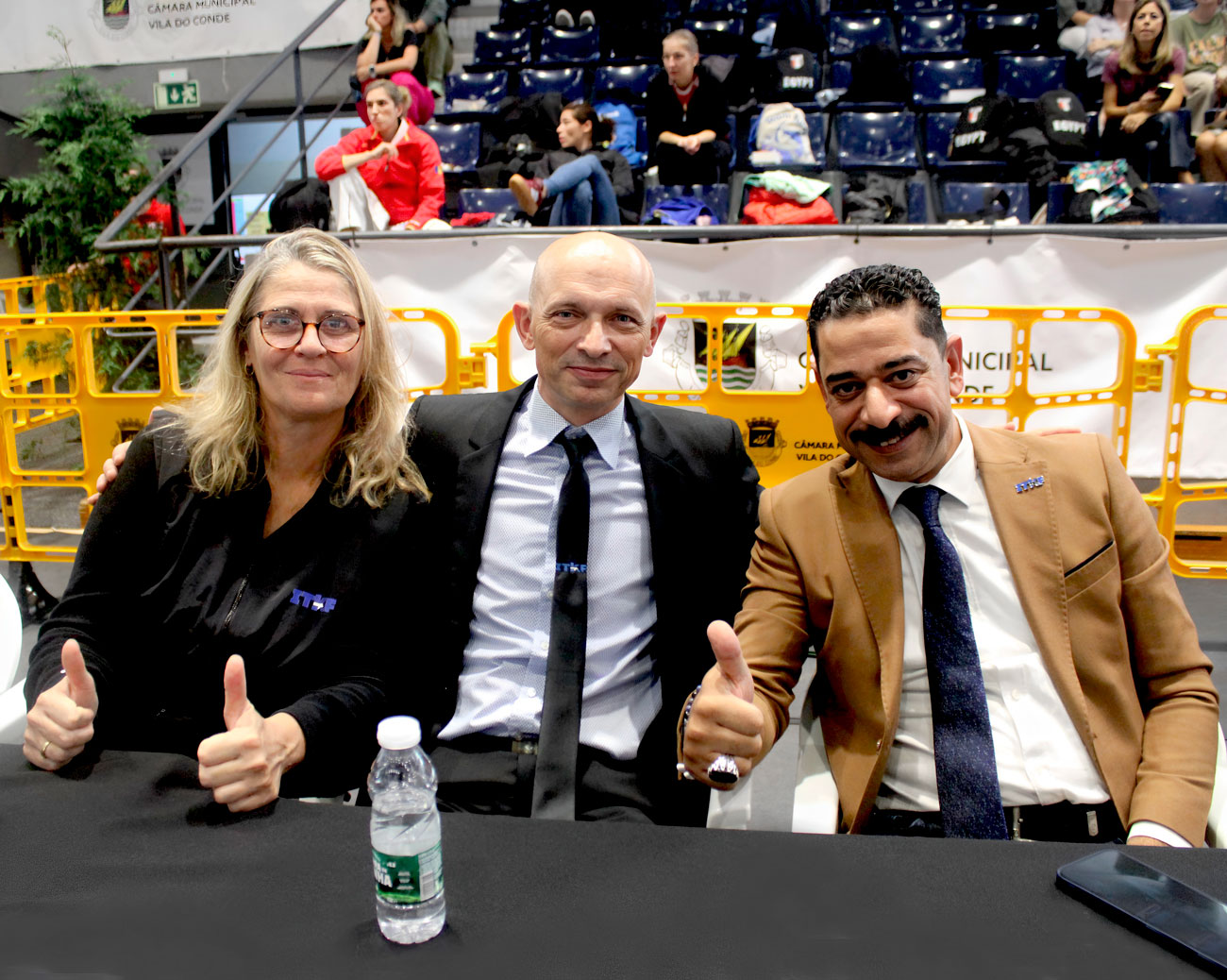
Sandrine El Mahoumy, Roman Pavlovic, and Ramy El Mekawy
Buzzi also highlighted the inclusion of athletes with disabilities (PCD) in the Brazilian national team for the first time in history, “demonstrating an inclusive policy aligned with the educational and human development principles so deeply valued by karate-dō practitioners.”
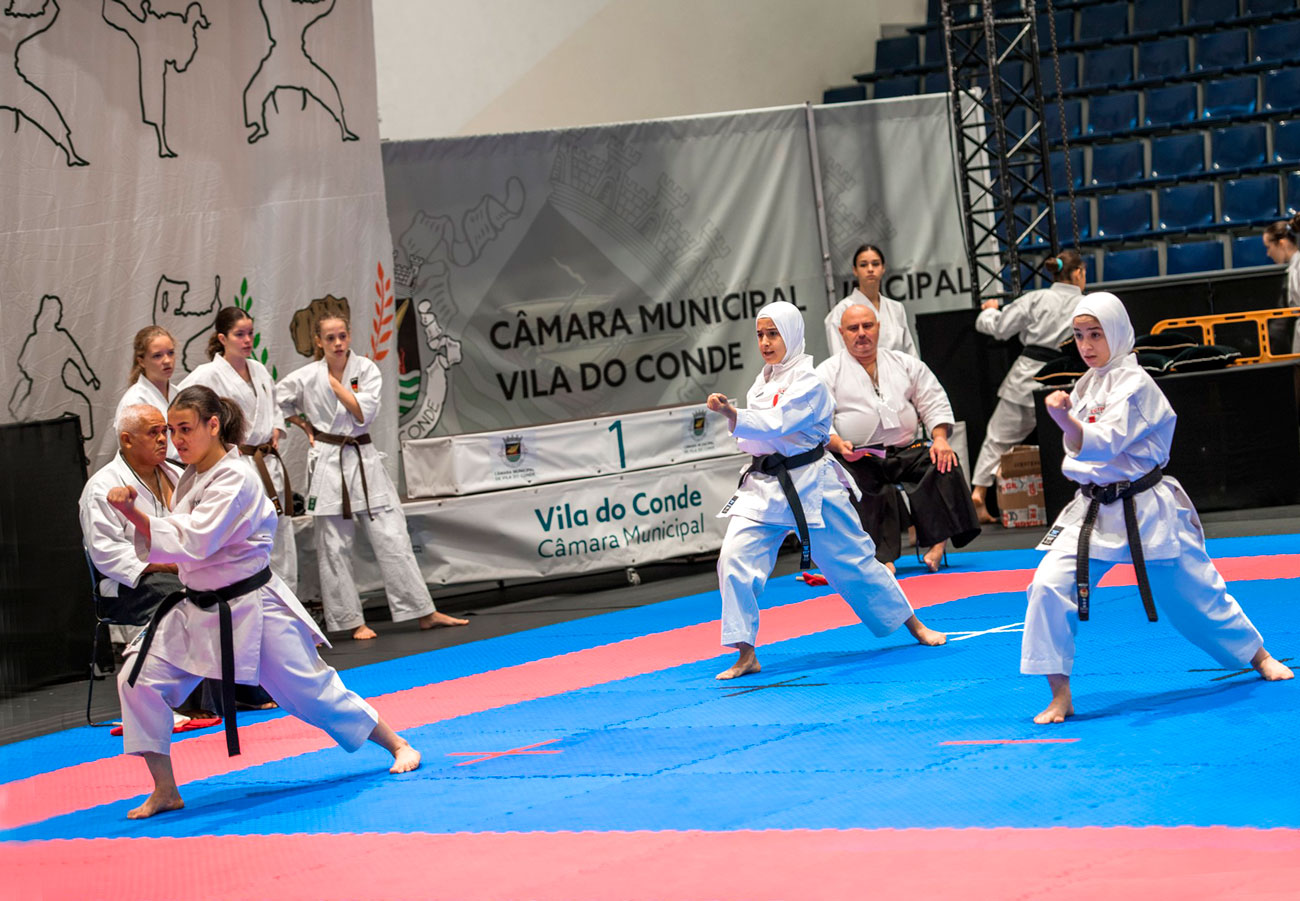
Women’s kata team competition
For Gilberto Gaertner, chairman of the International Traditional Karate Federation (ITKF), the 22nd edition of the Traditional Karate World Championship in Portugal was an overwhelming success, both in terms of the number of athletes and participating countries, as well as the event’s organization, management and infrastructure. “I am very pleased with this significant milestone achieved by our institution,” he stated.
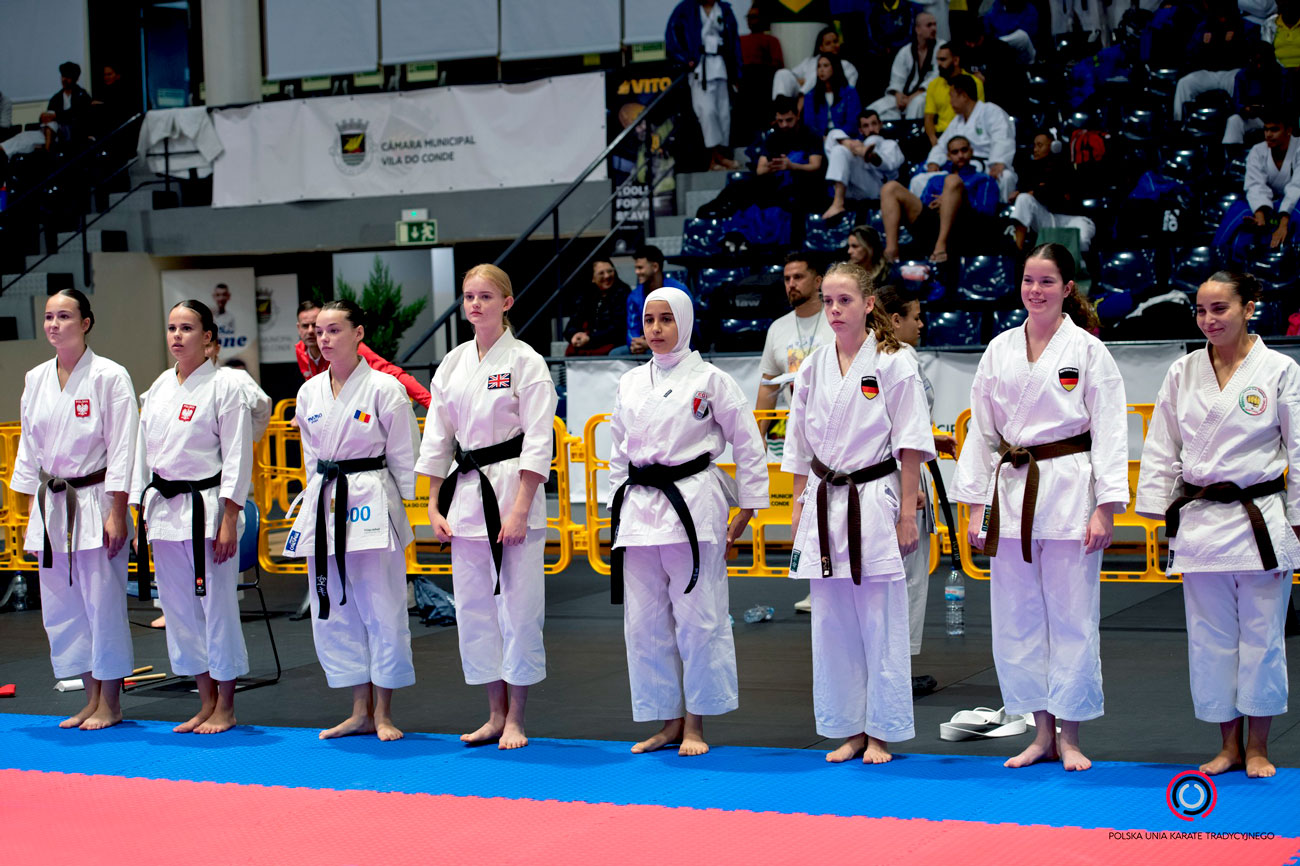
Individual female cadets kata
Gaertner extended his gratitude to Senseis Fernando Silva and Vitor Fins, the ITKF Portugal team, Vila do Conde Mayor Vitor Costa, and all the volunteers who contributed to the event.
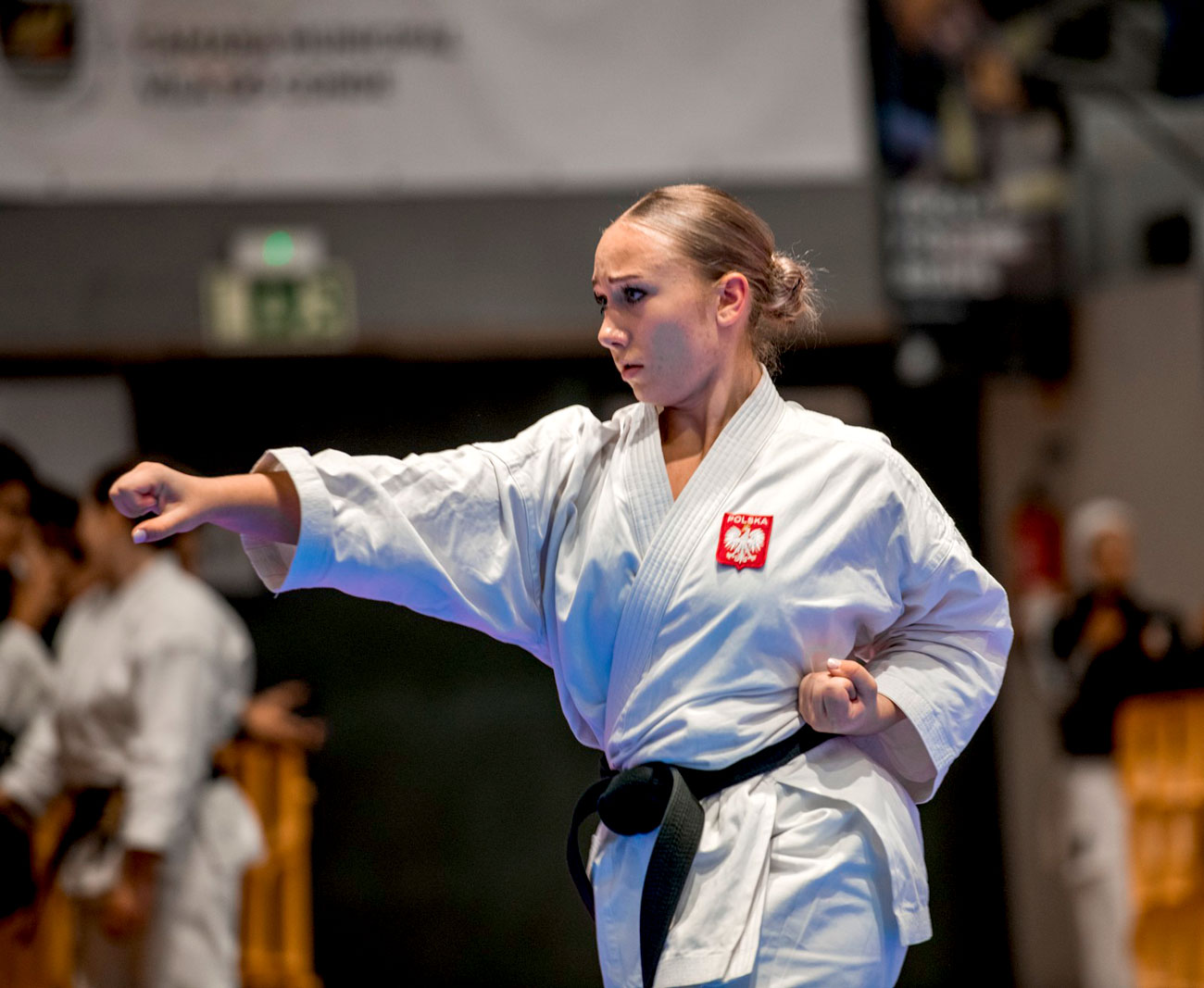
Individual female kata
“I also thank all the presidents, coaches, athletes, and delegations from the participating countries for enriching the event and for their dedication and commitment to ITKF Global’s traditional karate. Among the highlights, I would mention the use of the Rise management system, the application of tablets, and karate-VAR, not to mention the noticeable improvement in athletes’ technical levels.”
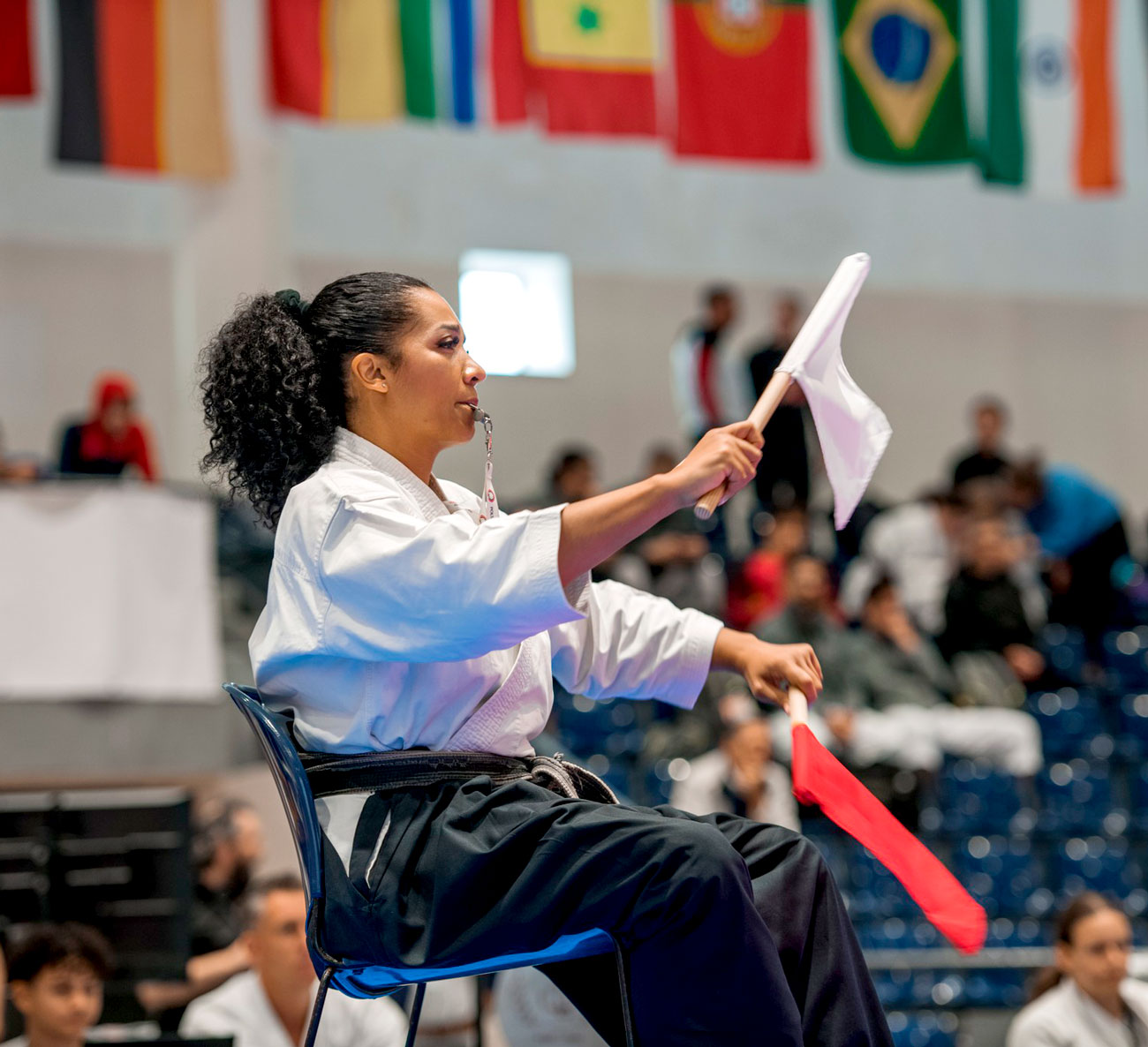
A total of 60 referees officiated at the 2024 ITKF World Championship
Compared to the World Championship held in Slovenia, this year’s tournament was significantly more competitive, according to the chairman, demonstrating the effectiveness of systematically organized Master Courses across four continents in democratizing the technical knowledge of traditional karate.
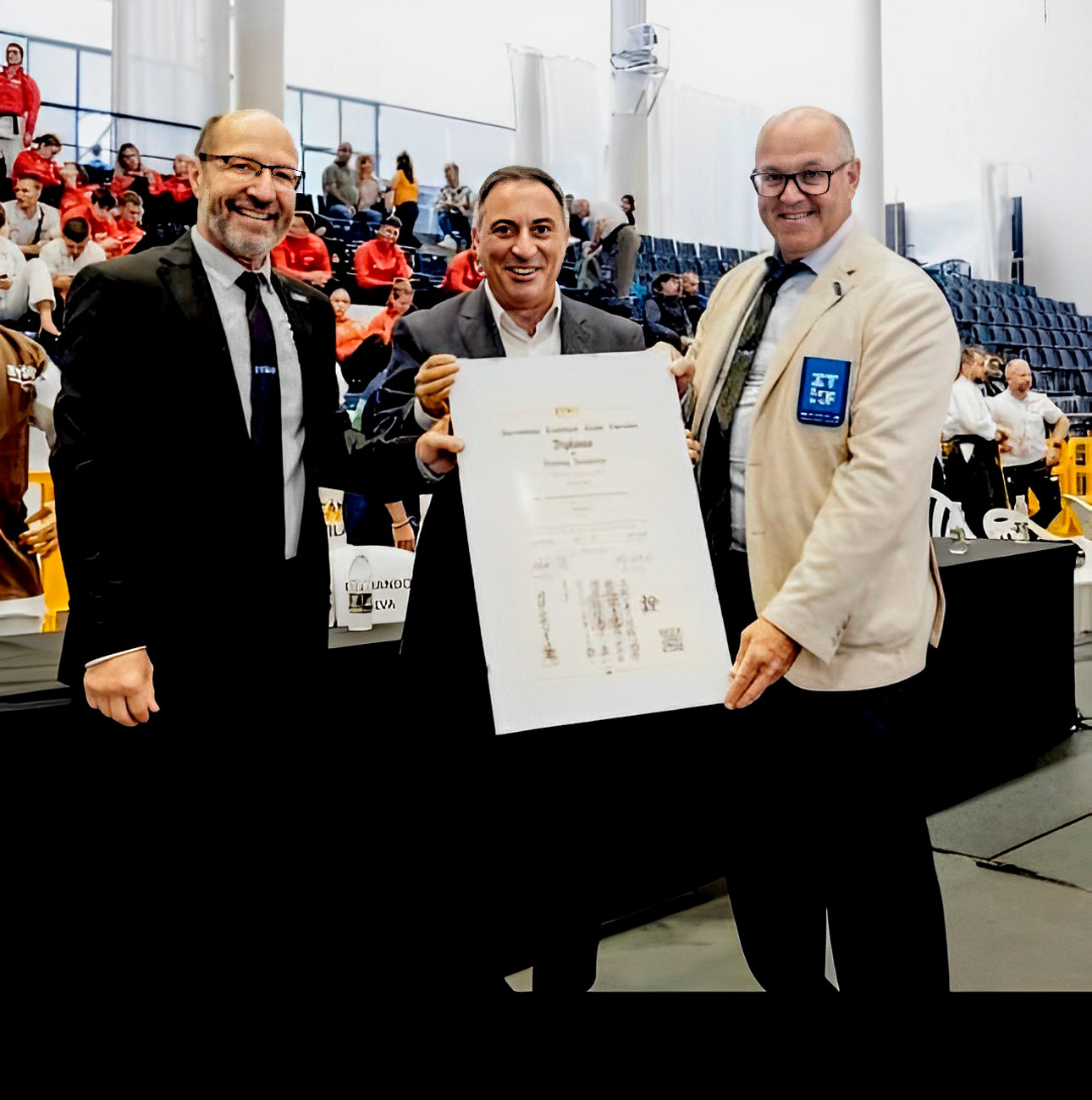
Tribute presented to Mayor Vitor Costa
“The event delivered a competition of high technical standards, fostered strong human integration and employed excellent technological resources, reaffirming the core values of traditional karate,” Gaertner emphasized. “This championship not only solidified the ITKF’s progress in recent years but also left a lasting legacy for future generations of practitioners. The success of this edition in Portugal proves that, united by the common purpose of preserving and advancing ITKF karate, we can continue to elevate our discipline to even greater heights.”
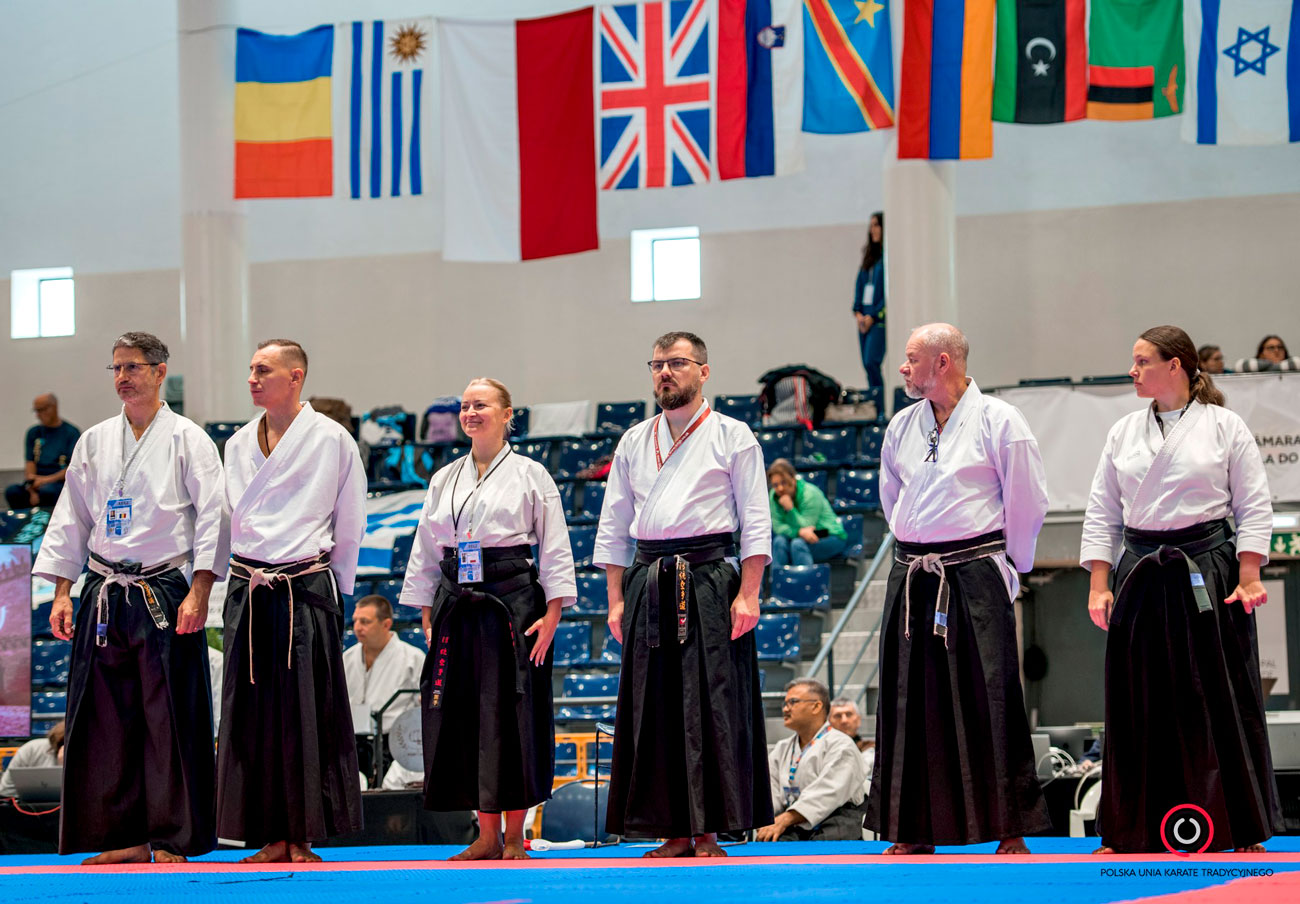
ITKF referees
Among the key highlights of the World Championship in Vila do Conde was the responsibility and high standards demonstrated by the referees, according to Fernando Silva, chairman of ITKF Portugal.
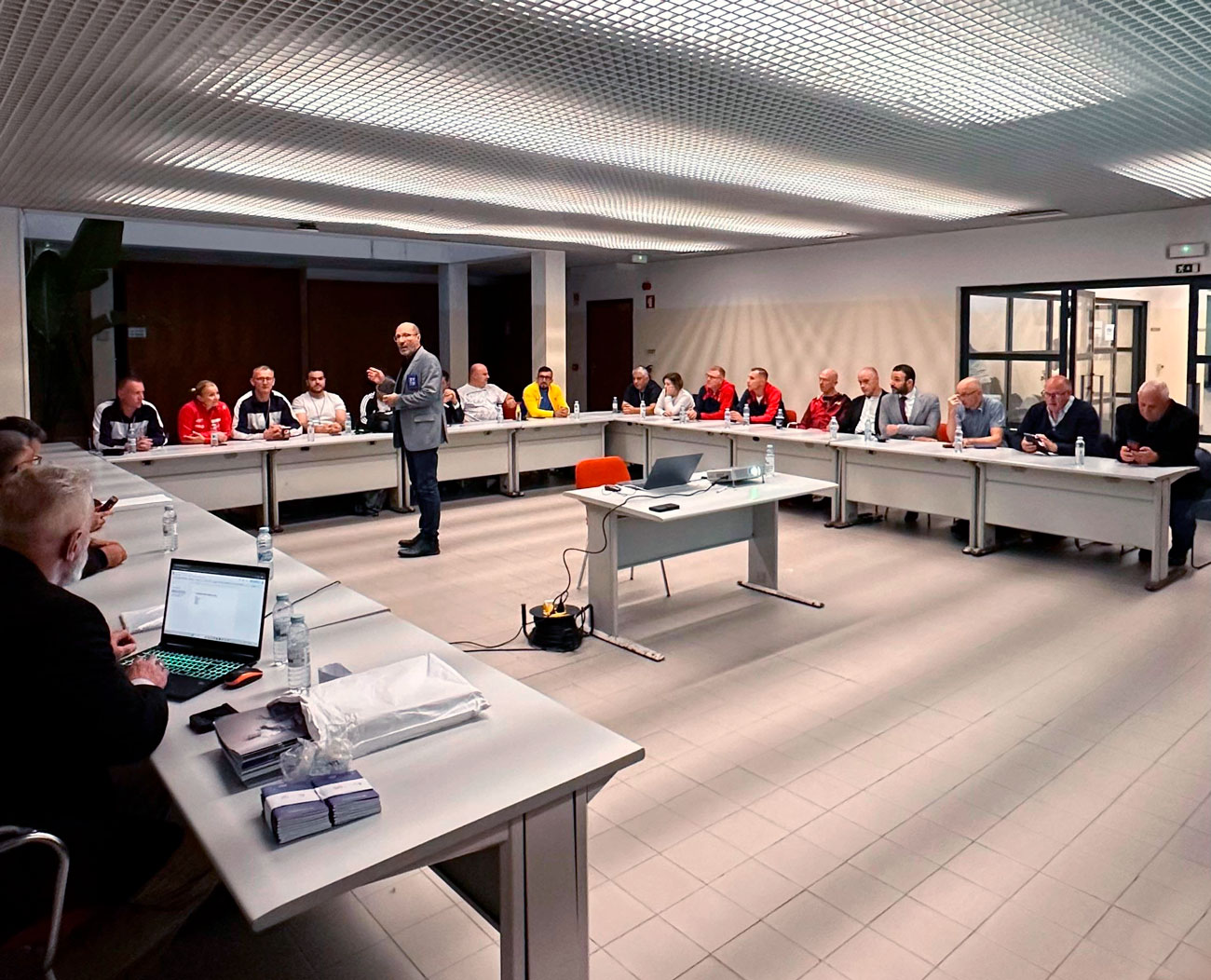
ITKF General Assembly
“The quality of arbitration was remarkable, with experienced judges ensuring that the rules were rigorously followed. They played a crucial role in maintaining the integrity of the competition, guaranteeing that every technique and movement was judged fairly and impartially,” noted Silva.
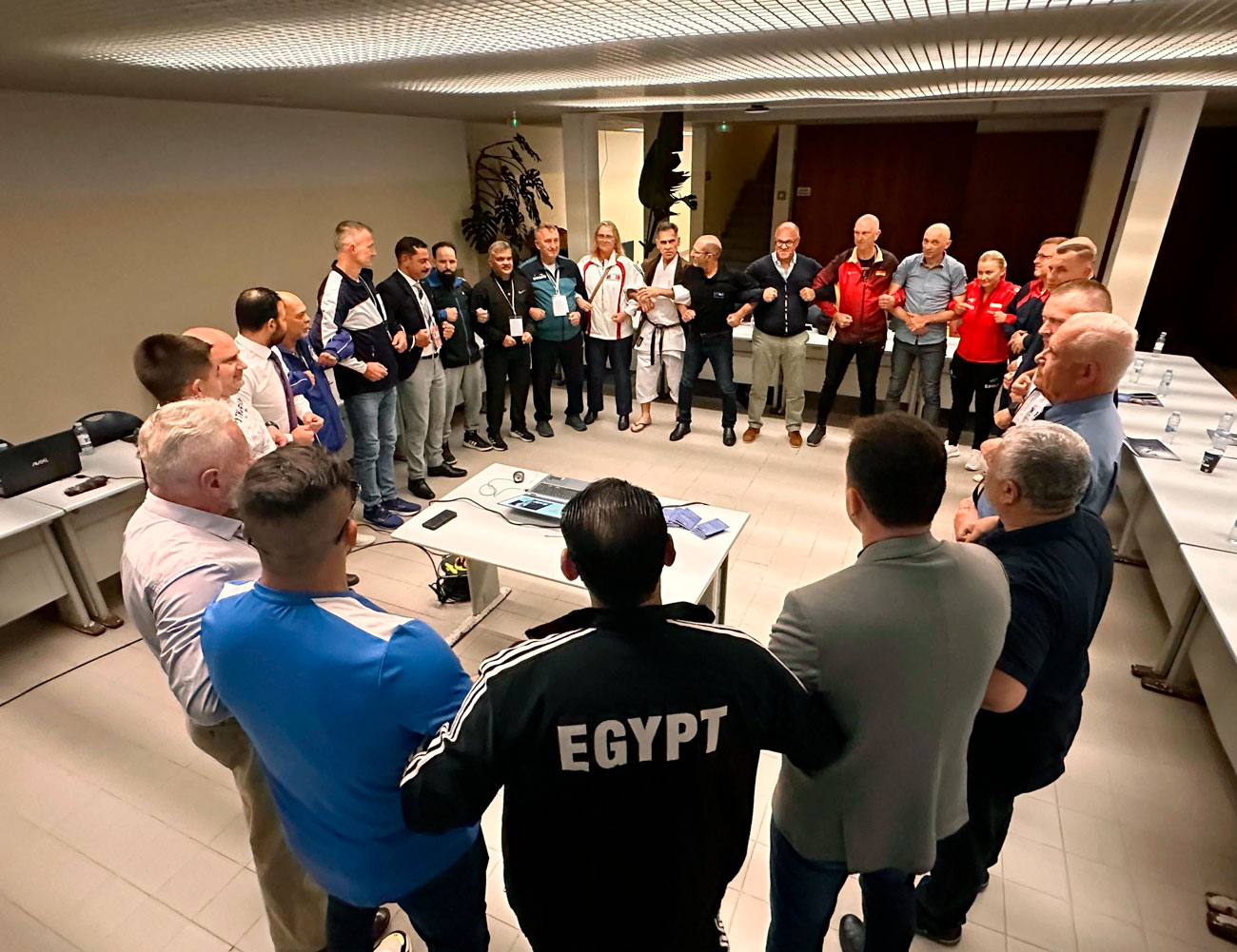
Integration among ITKF Global Leaders
“The professional attitude of the referees created an environment where athletes could showcase their full potential, confident that their performances would be evaluated effectively,” highlighted Silva.
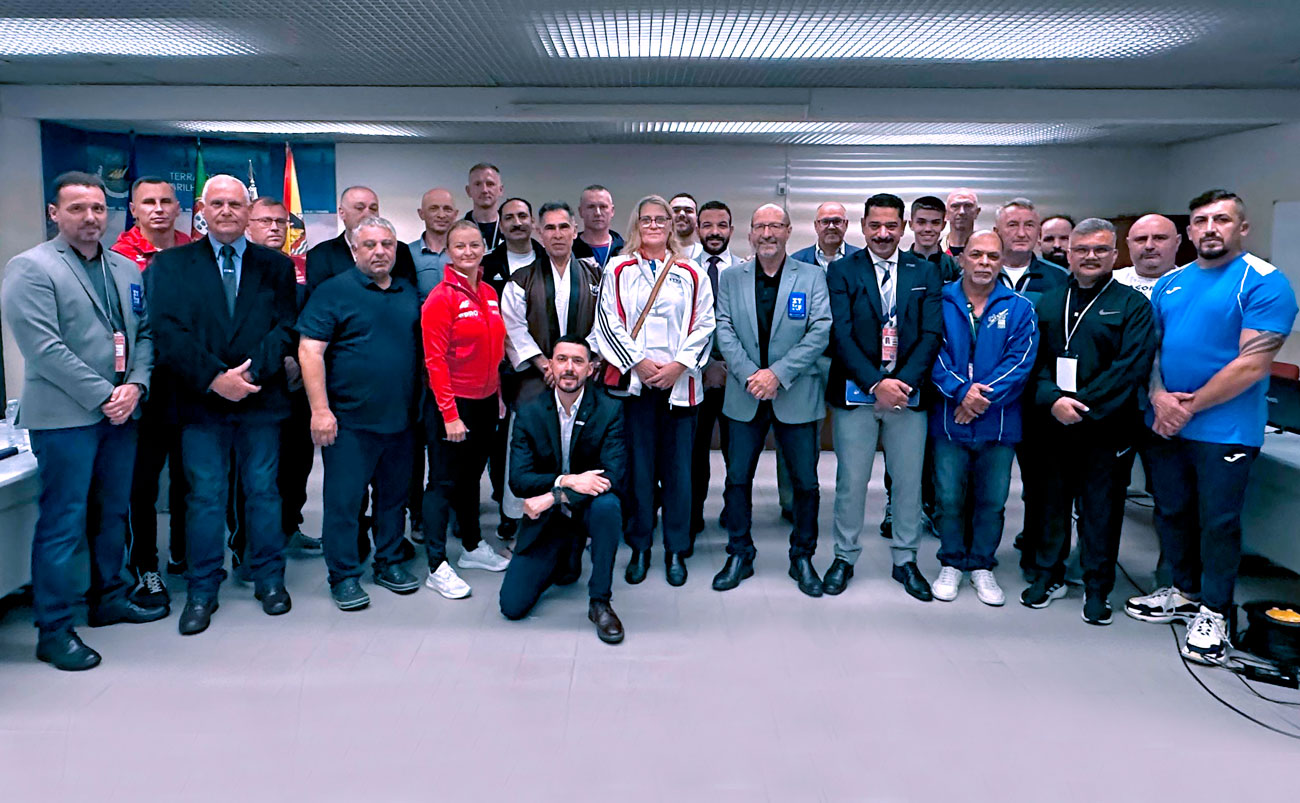
ITKF Global directors
From the perspective of the Portuguese chairman, the event stood out for its camaraderie and technical proficiency, showcasing the evolution of the discipline and the commitment of all involved. “Competitors shared experiences and techniques, enriching the culture of karate. This interaction demonstrated the mutual respect athletes have for one another, regardless of the flags they represent.”
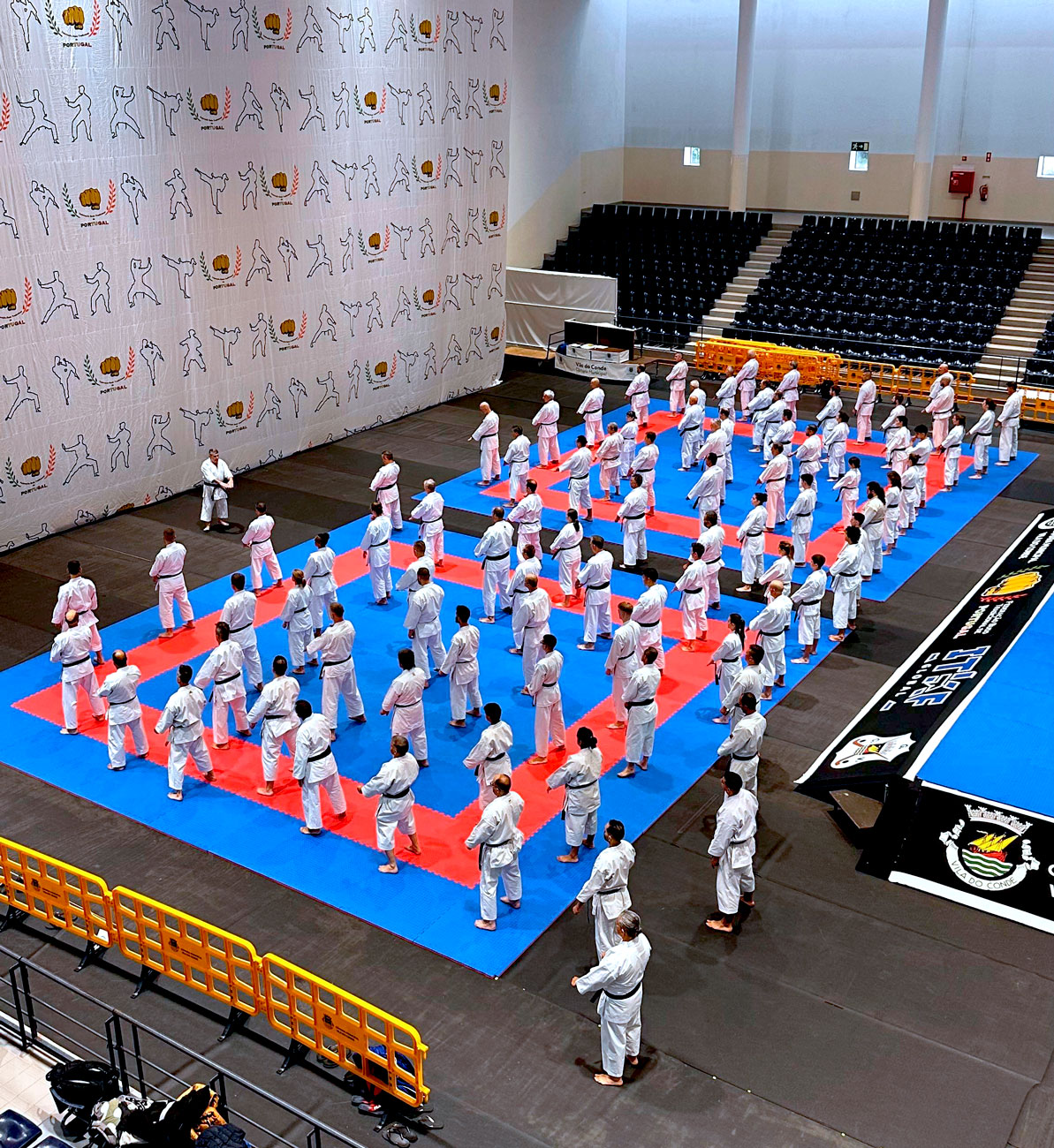
ITKF Masters Course
He emphasized that the organization of the event was an example of dedication. “The team, made up of volunteers operating at the level of seasoned professionals, made a tremendous effort to ensure every detail was accounted for—from preparing the venue to welcoming the athletes and their delegations.”
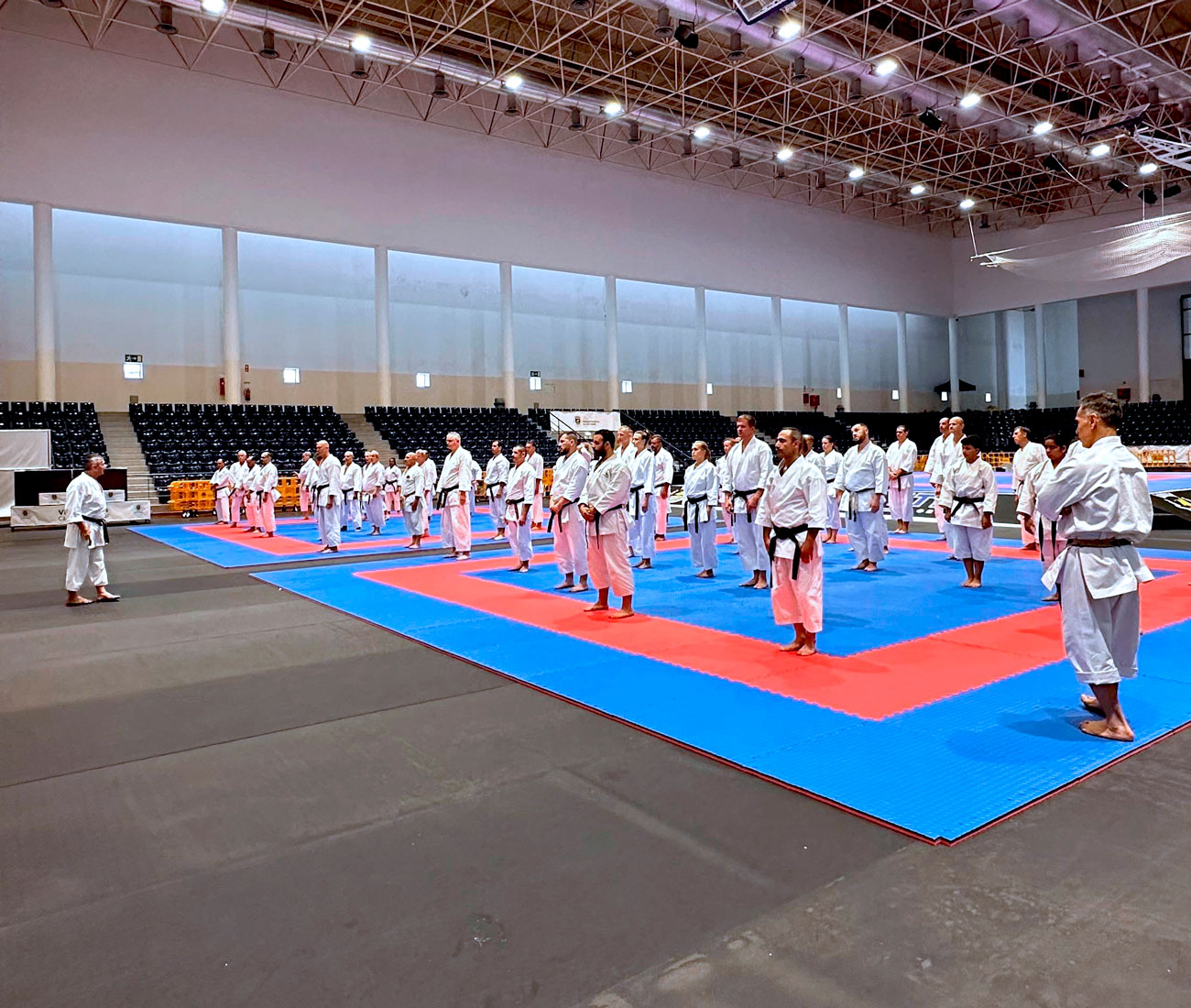
ITKF Masters Course
The involvement of Vila do Conde City Council, led by its president Vitor Costa, and its investment in infrastructure created ideal conditions for the event, according to Silva. “The collaboration between public authorities and the organizing committee was crucial to the smooth execution of the event, making it a memorable experience for everyone. Additionally, sponsors played a vital role, contributing not only financially but also with resources that ensured the success of parallel activities and the promotion of karate culture throughout the championship.”
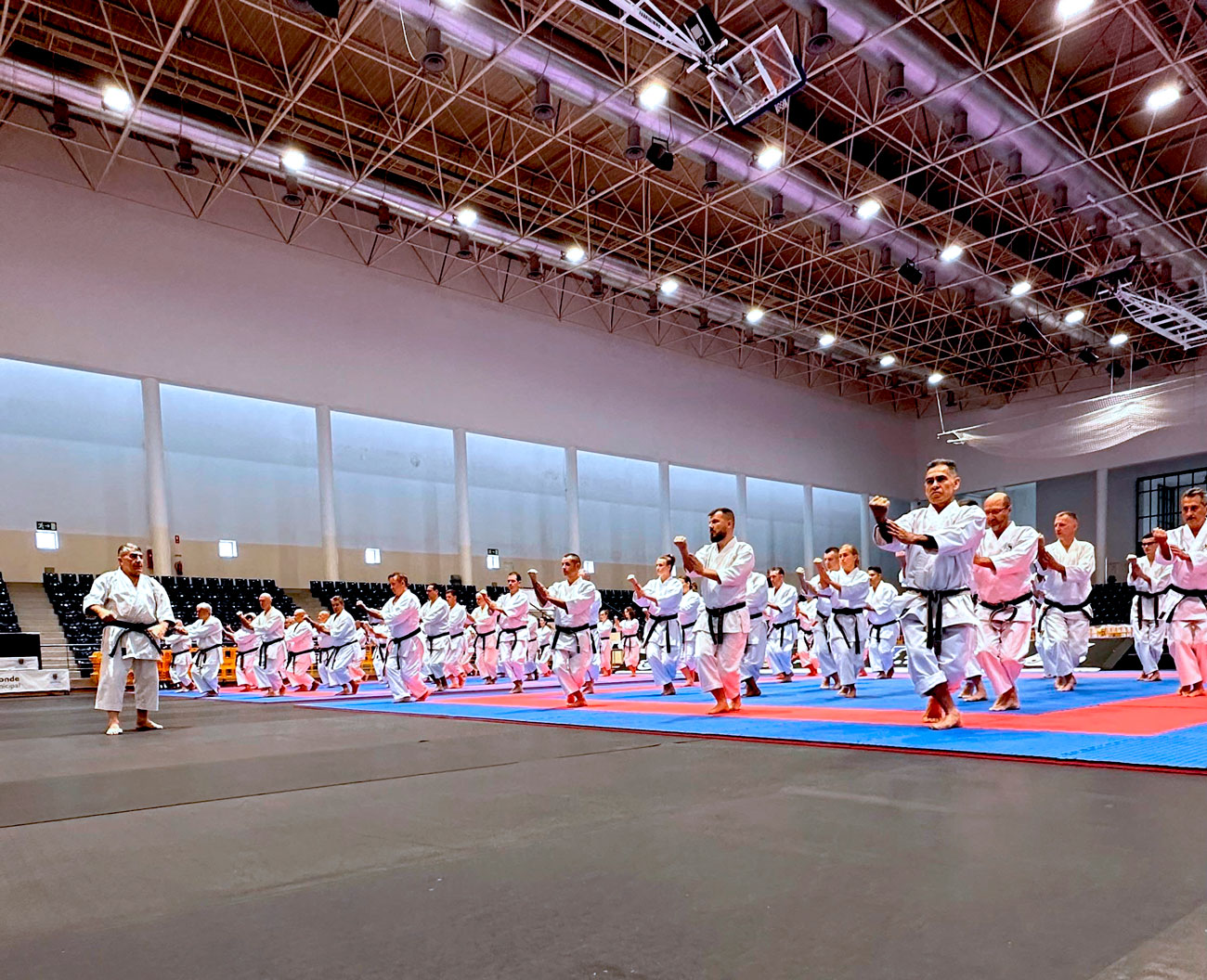
ITKF Masters Course
For the teams representing their countries, every victory was a moment of pride, while defeats were seen as opportunities for growth, Silva added. “Sportsmanship prevailed throughout the event, with applause resounding for both the winners and those who gave their all but did not reach the podium.”
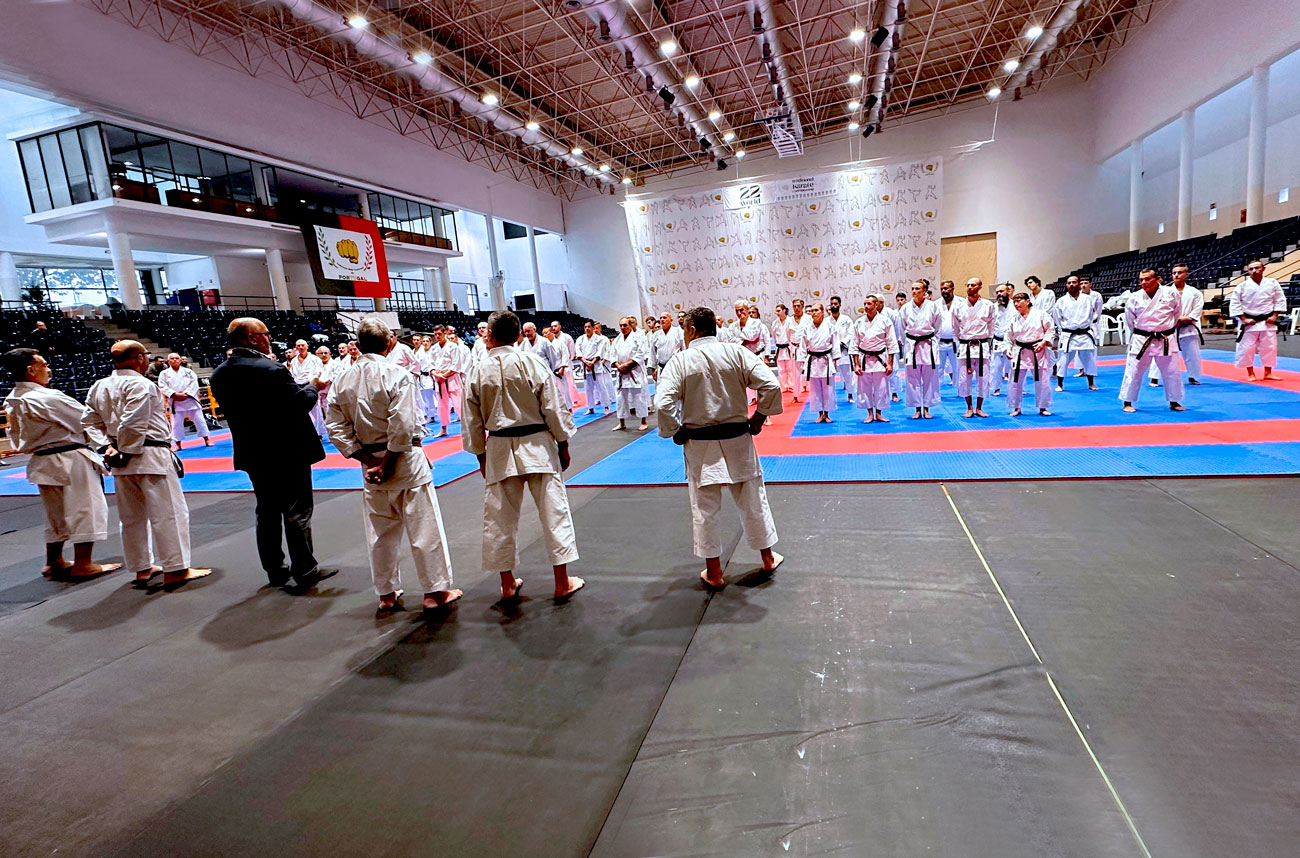
ITKF Masters Course
He concluded: “As the organizer, I am deeply satisfied with the success of the event and the positive impact it had on the local community and the international karate scene. The collaboration among all involved was inspiring, and I am confident that the legacy of this 22nd ITKF World Championship will be remembered for many years to come.”
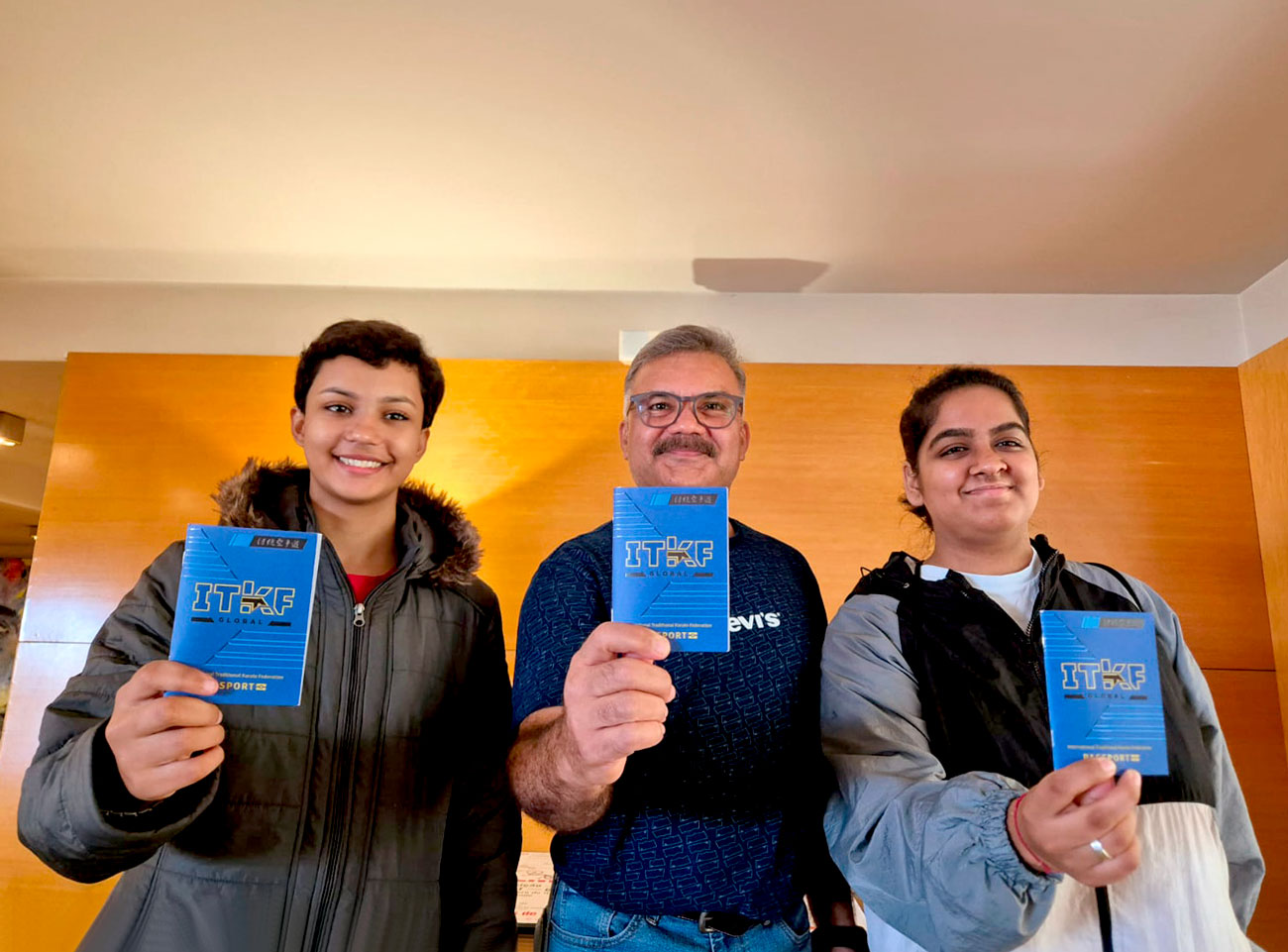
Sensei Kumar and his students with the new ITKF passport
Roman Pavlovic, chairman of ITKF Europe, highlighted not only the quality of ITKF athletes but also the institution’s ability to organize global events with high-level efficiency and professionalism. One key factor was the use of the Rise management system, which has become an integral part of ITKF operations for global and regional events.
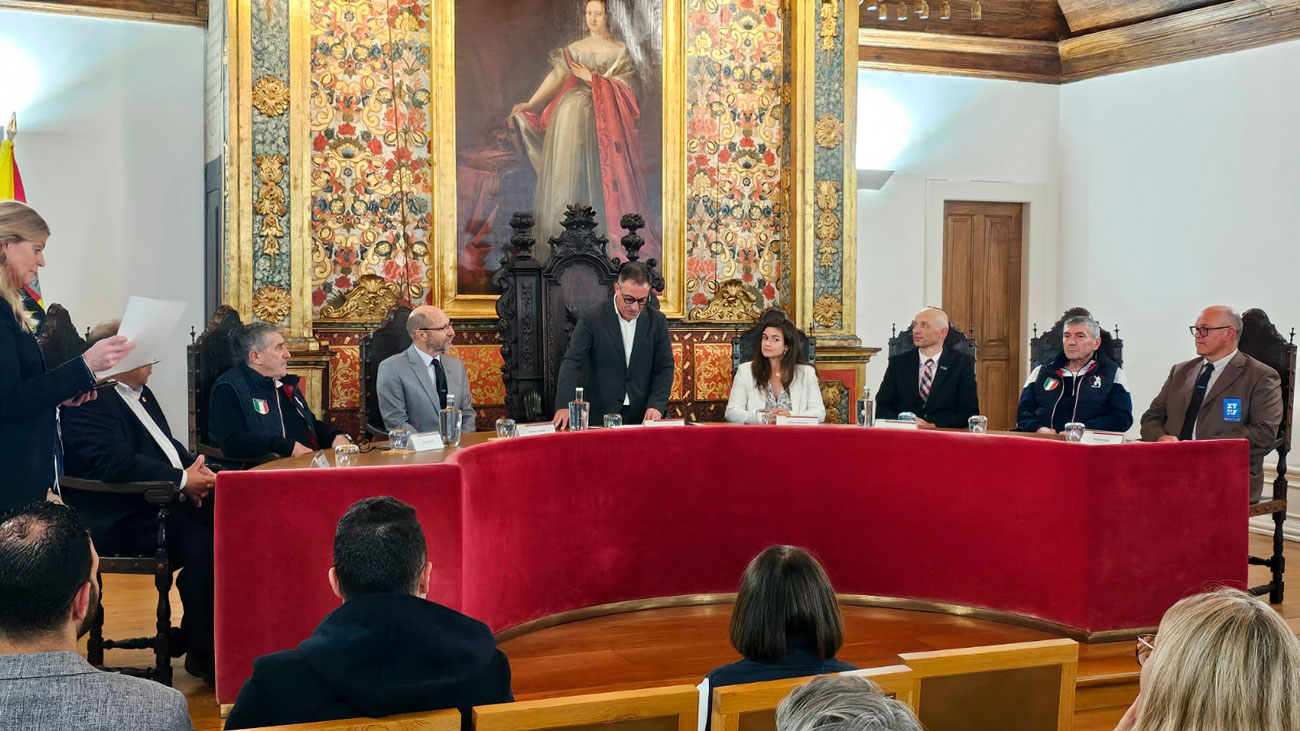
Reception at Vila do Conde City Hall
“Rise supported all stages of the championship, including match configurations, online registration for athletes, referees, coaches, and officials, official credentialing, draws, scheduling, creation of match brackets and unique discipline-specific resources exclusive to ITKF,” Pavlovic explained.
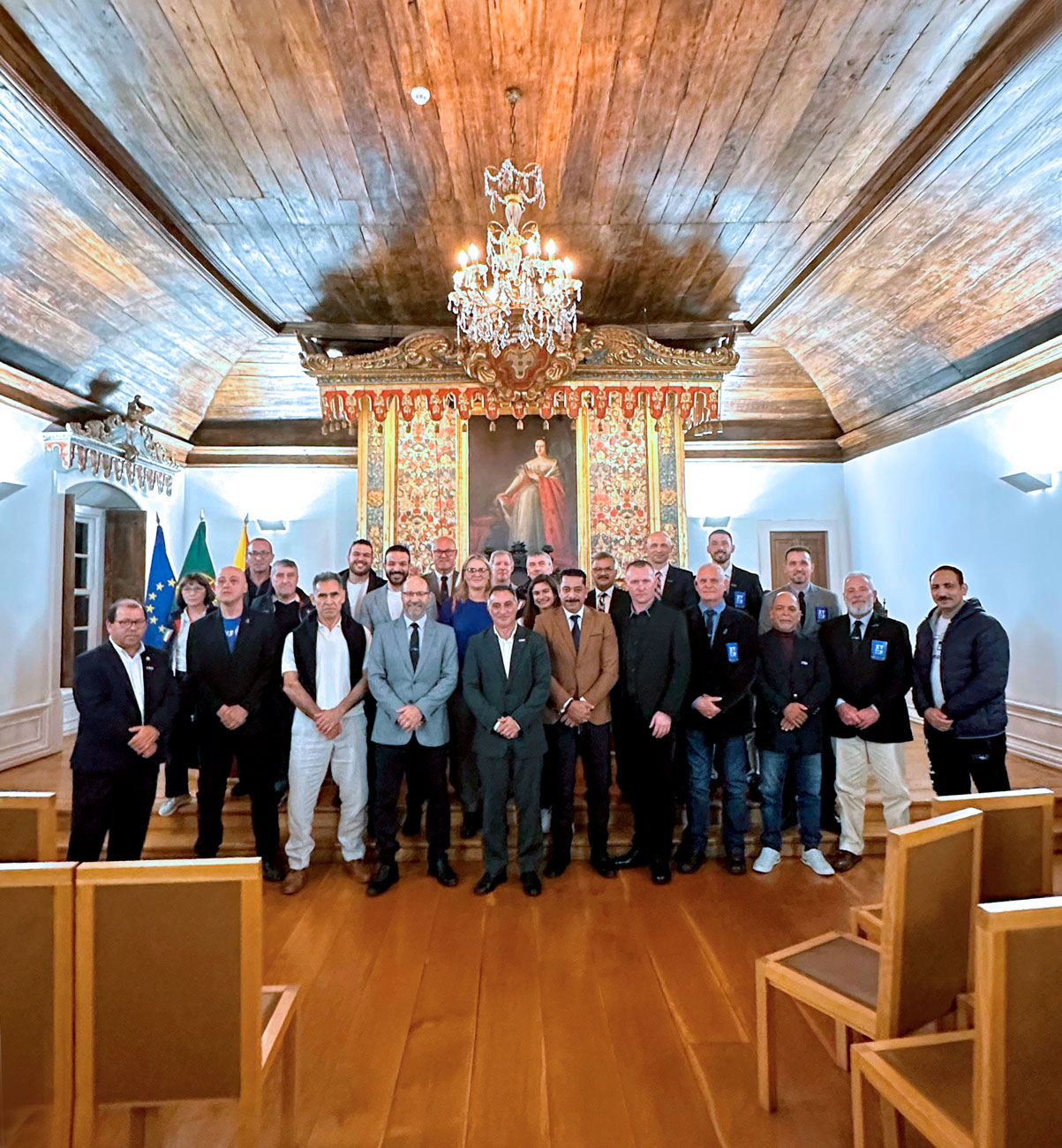
Reception at Vila do Conde City Hall
The system enabled instant score input via tablets, displayed real-time information for on-site spectators, provided video review features, live-streamed competitions with integrated data for online viewers and delivered real-time results and statistics. It also streamlined medal ceremonies and other event activities.
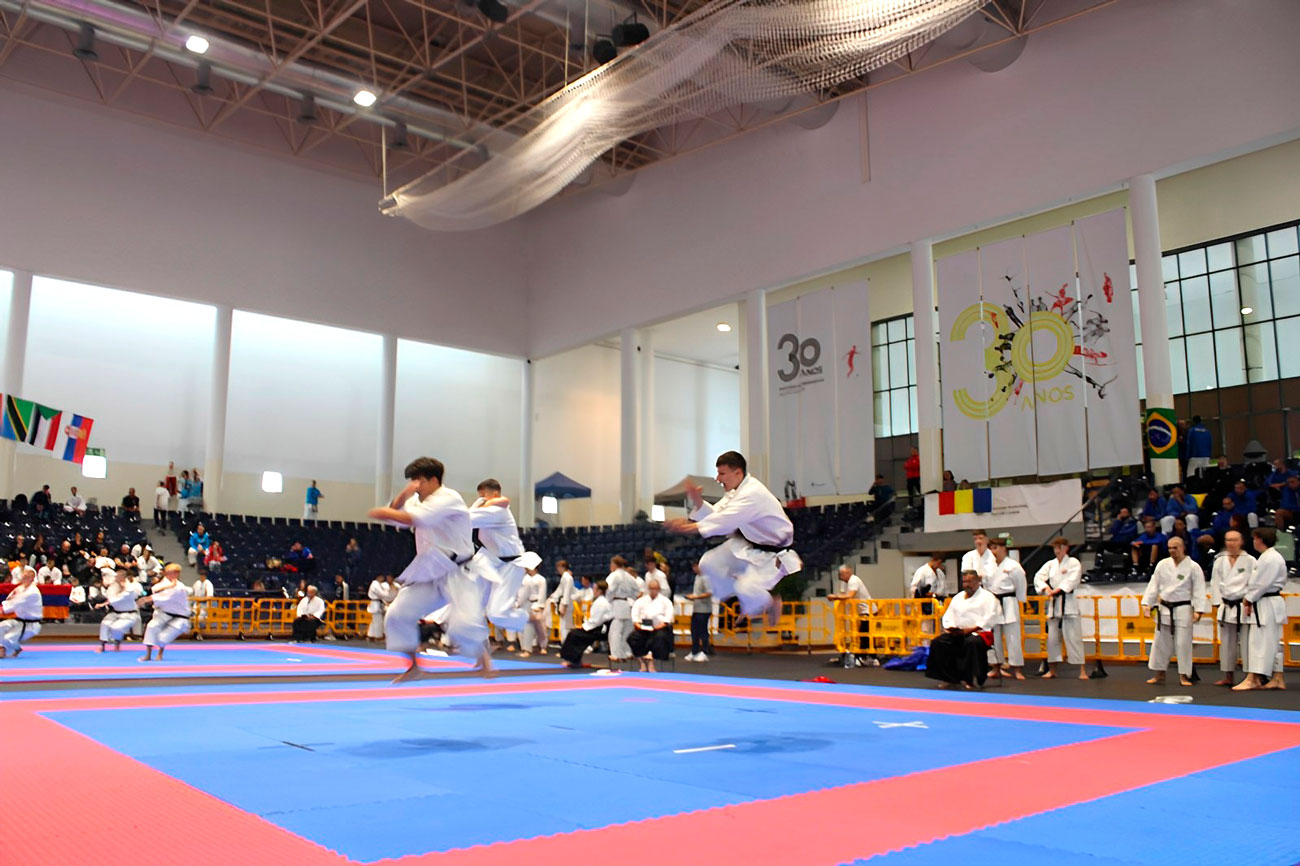
Men’s kata team competition
However, Pavlovic noted that while Rise is a powerful tool, it requires a qualified team of operators, locally trained volunteers for each area, and well-prepared referees. “Nonetheless, it is designed to be user-friendly, allowing host teams to quickly learn and efficiently manage even complex events.”
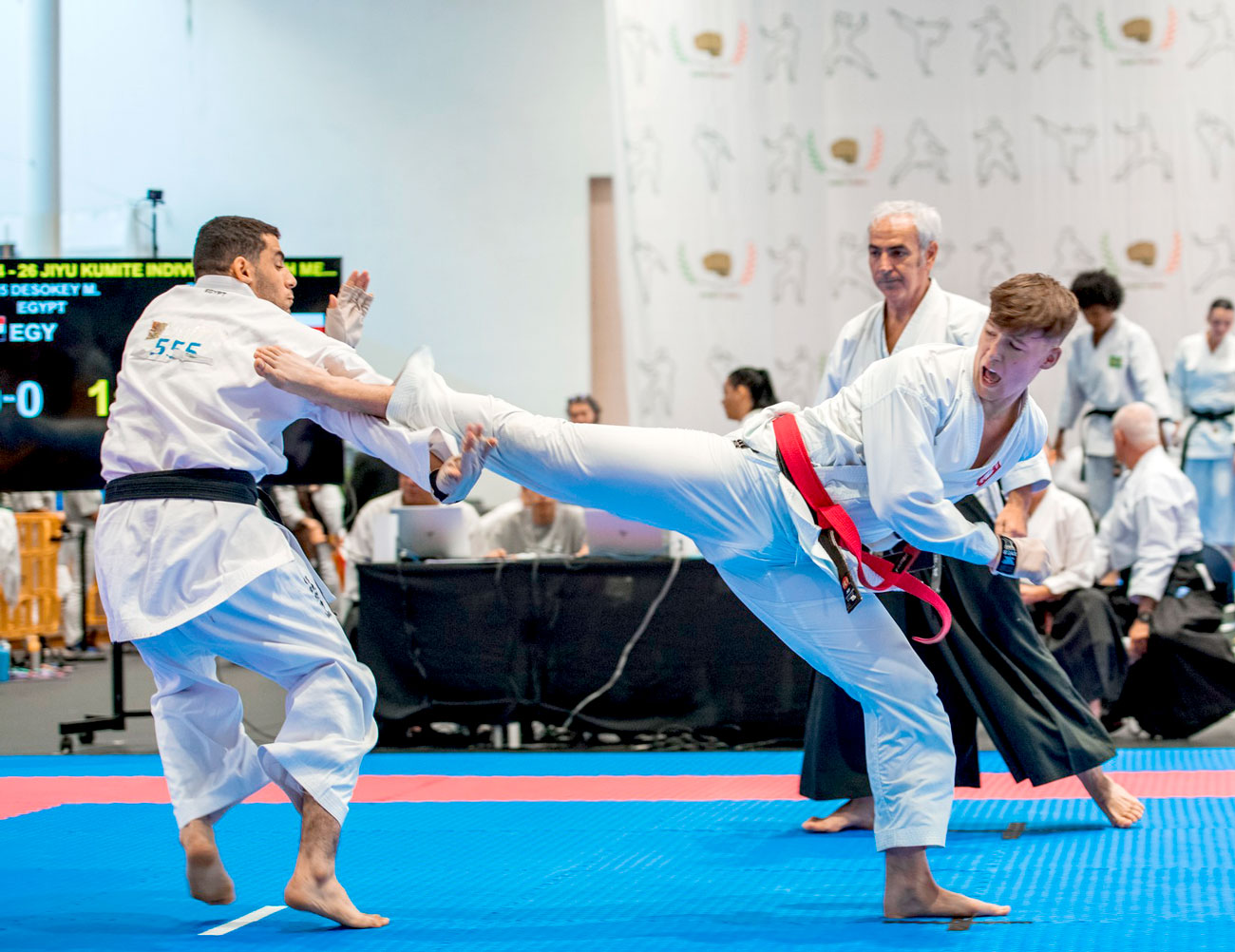
Shiai kumite
For an organization of ITKF Global’s stature, having a stable and predictable operational structure is essential, Pavlovic added. “Alongside our Constitution, competition rules, and technical qualification guide—which form the traditional foundations of karate the Rise platform has significant potential to establish itself as the cornerstone of ITKF’s most important events.”
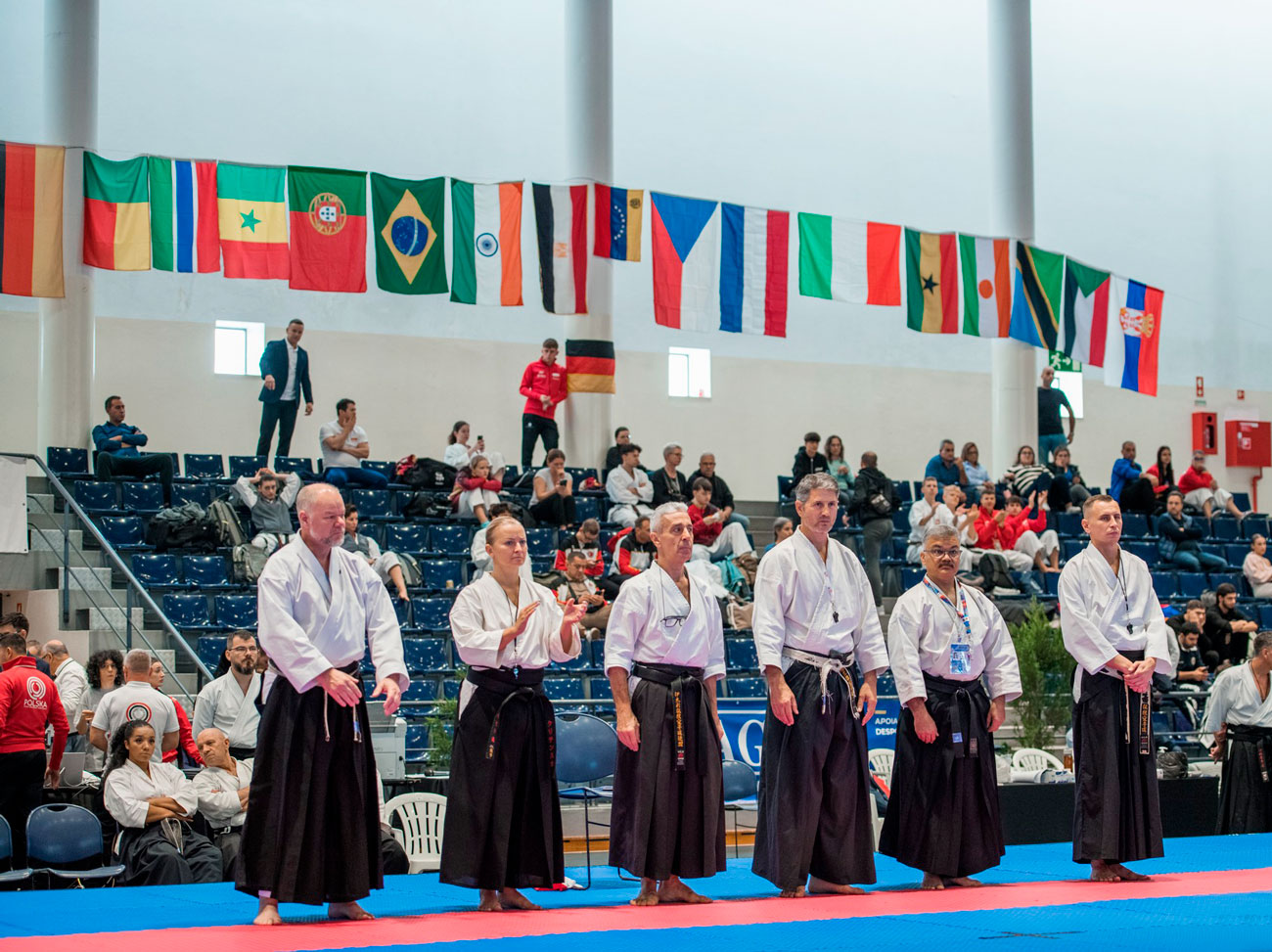
ITKF referees
“To claim first place in this edition of the World Championship, the Egyptian team overcame numerous challenges, from obtaining entry visas to booking accommodations and managing financial costs,” said Mohamed Fawzy, coach of the ITKF Egypt national team. He noted, however, the strong cooperation provided by the Organizing Committee.
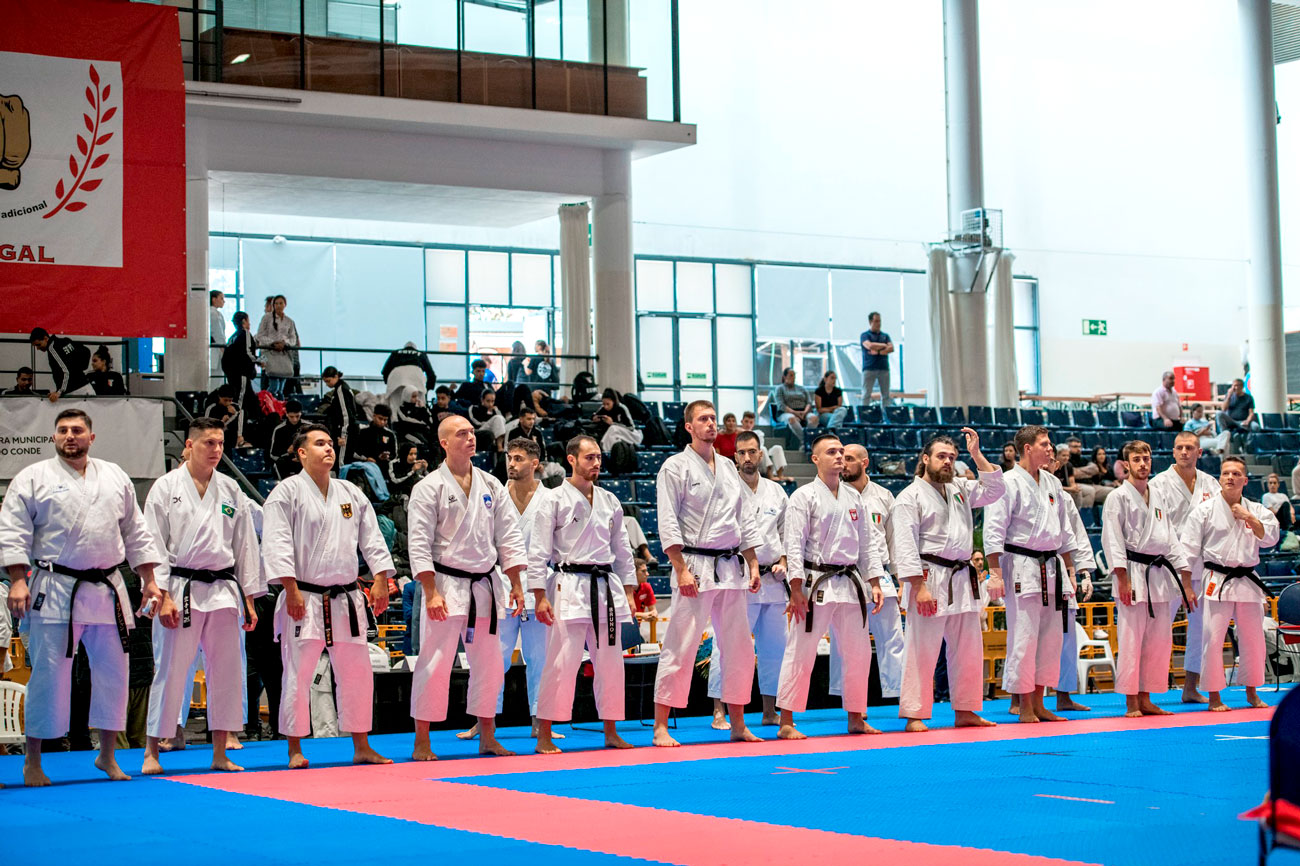
Senior men’s fuku-go
For Fawzy, the 2024 ITKF Traditional Karate World Championship in Portugal will be remembered for its exemplary organization, camaraderie, and its contribution to the promotion and preservation of traditional karate worldwide. He highlighted the excellent facilities, flawless execution of the competition schedule, and the warm hospitality provided by the host nation. “This year’s championships not only raised the bar for competition standards but also strengthened the bonds within the global karate community.”
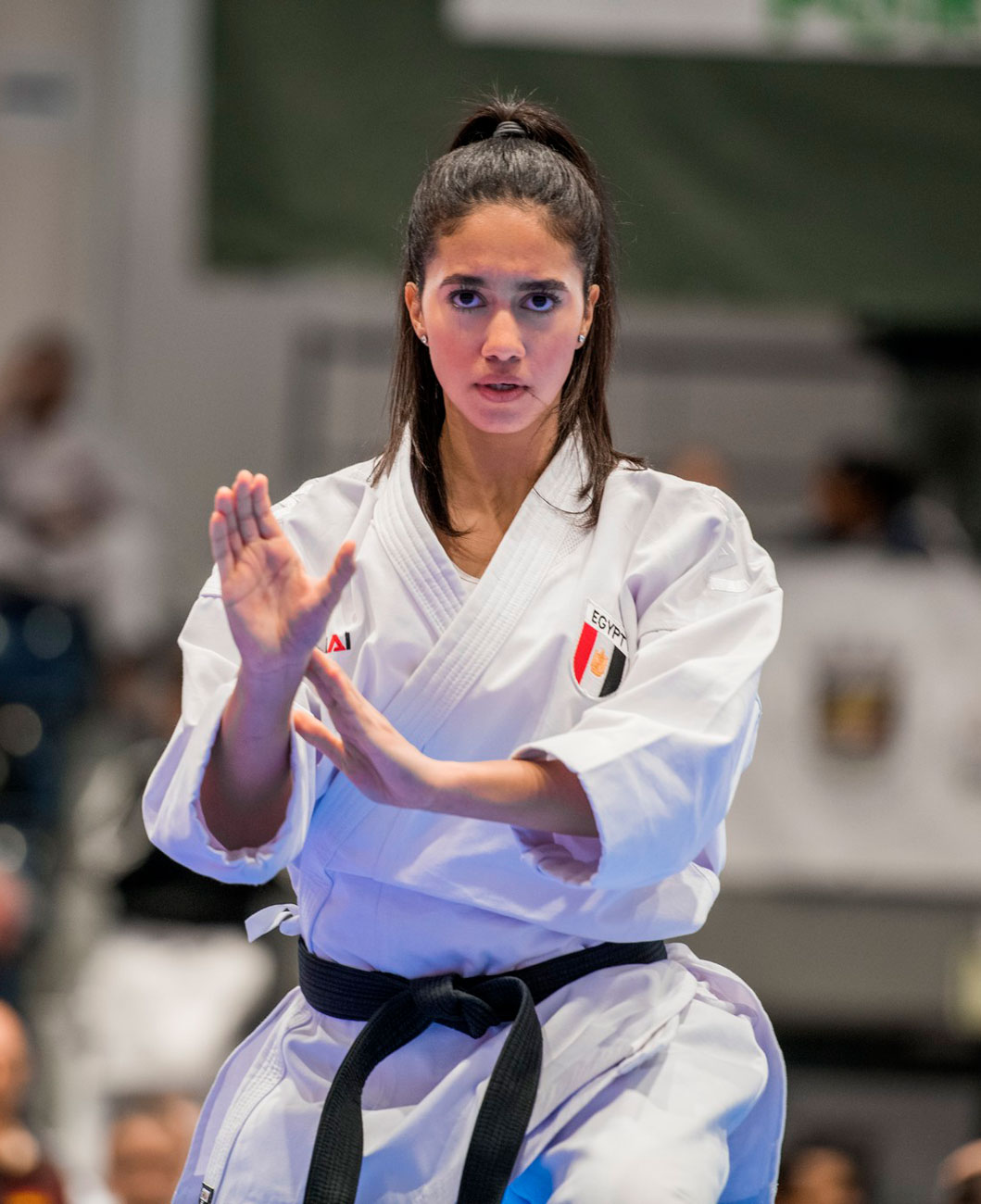
Individual female kata
Fawzy praised the efforts of chairman Gilberto Gaertner and the president of the Portuguese federation, Fernando Silva, who played crucial roles in local organization and logistics. “Their dedication to creating a welcoming environment for international participants and showcasing the local culture significantly contributed to the success of the event,” he stated.
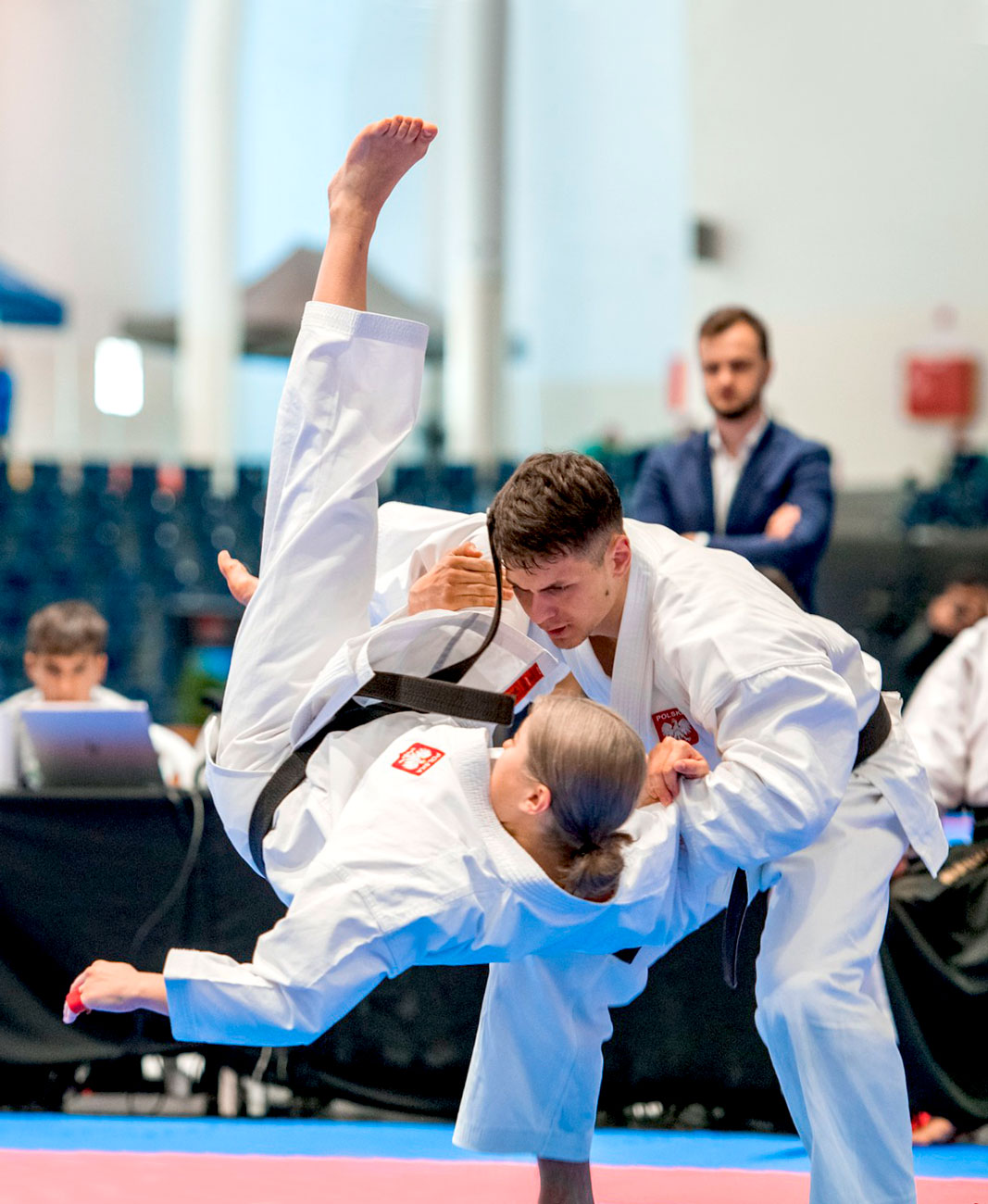
Mixed embu
The Egyptian coach also emphasized the depth and diversity of traditional karate showcased during the championship, where participants demonstrated remarkable quality and sportsmanship, “earning applause from an enthusiastic audience.” In addition to the spectacular displays of kata and kumite, the event included workshops and seminars conducted by ITKF Technical Committee masters, offering valuable insights into the philosophy and techniques of traditional karate.
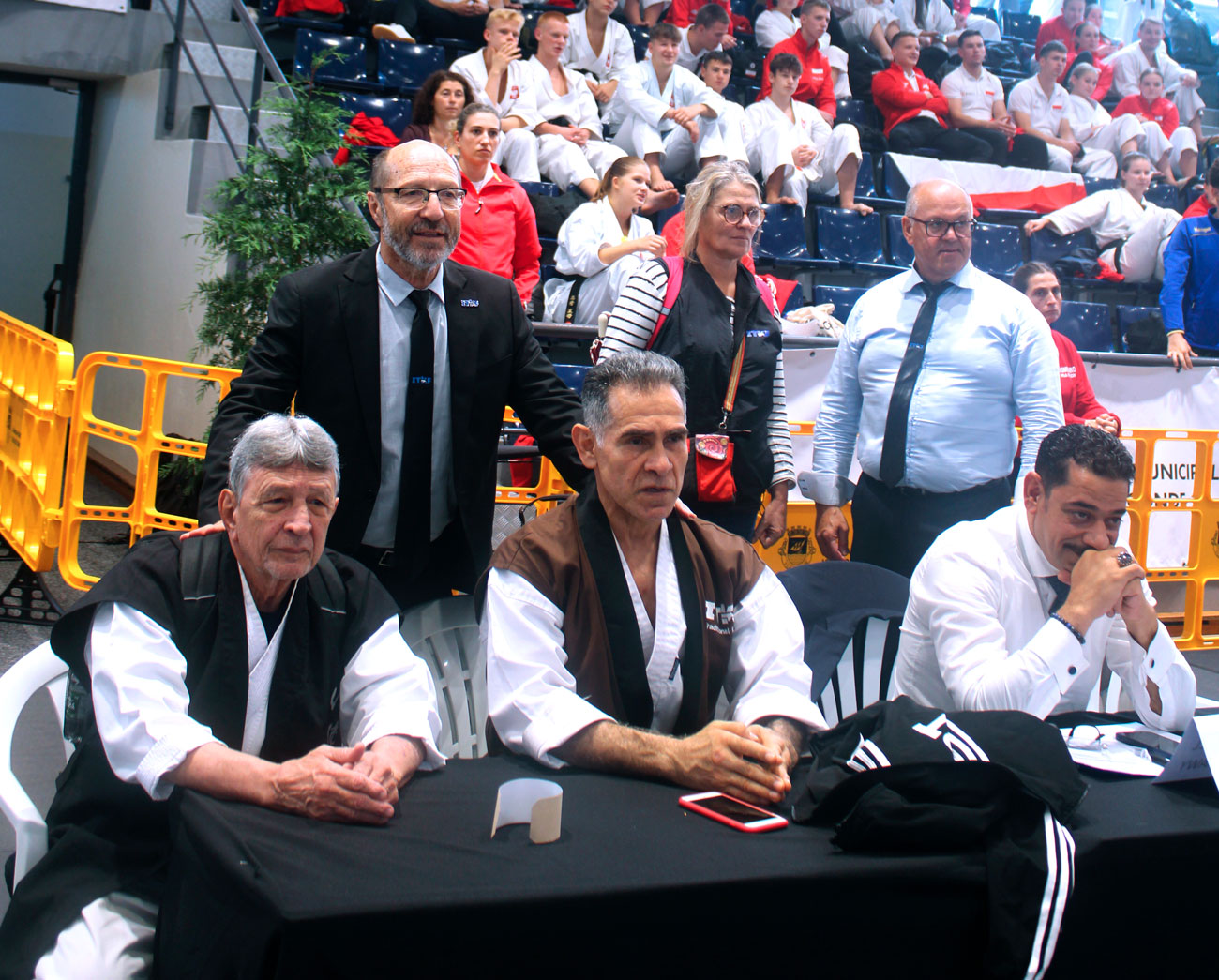
Ugo Arrigoni, Gilberto Gaertner, Justo Gomes, and Ramy El Mekawy
“The championship underscored the enduring principles of traditional karate, namely discipline, respect, and technical excellence, with high performance across all categories,” noted Suren Matevosian, ITKF Asia Technical Director.
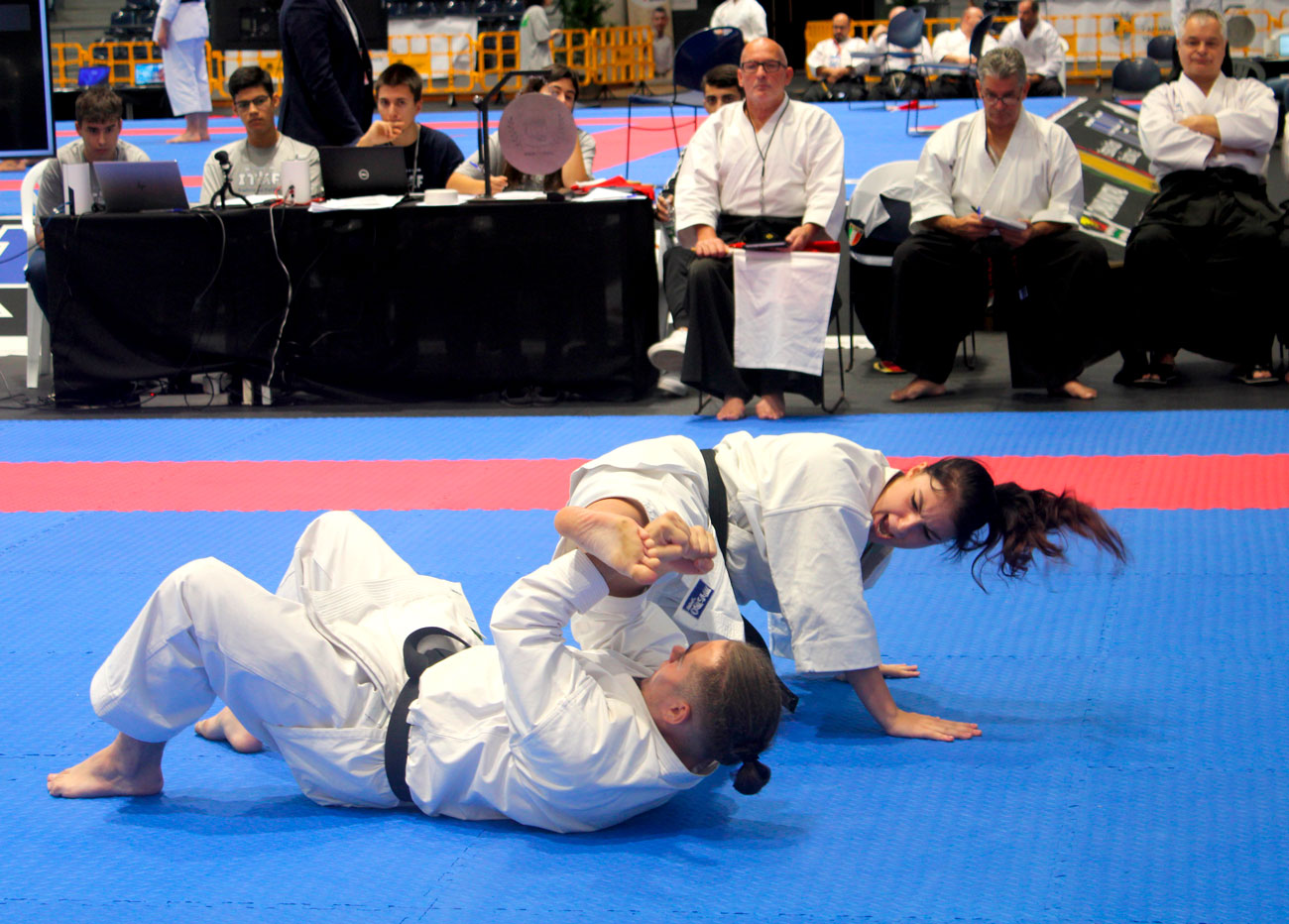
Mixed embu
As a representative of ITKF Armenia, Matevosian expressed pride in being part of a competition where Armenian athletes displayed not just technique but also the spirit and dedication that define traditional Armenian karate.
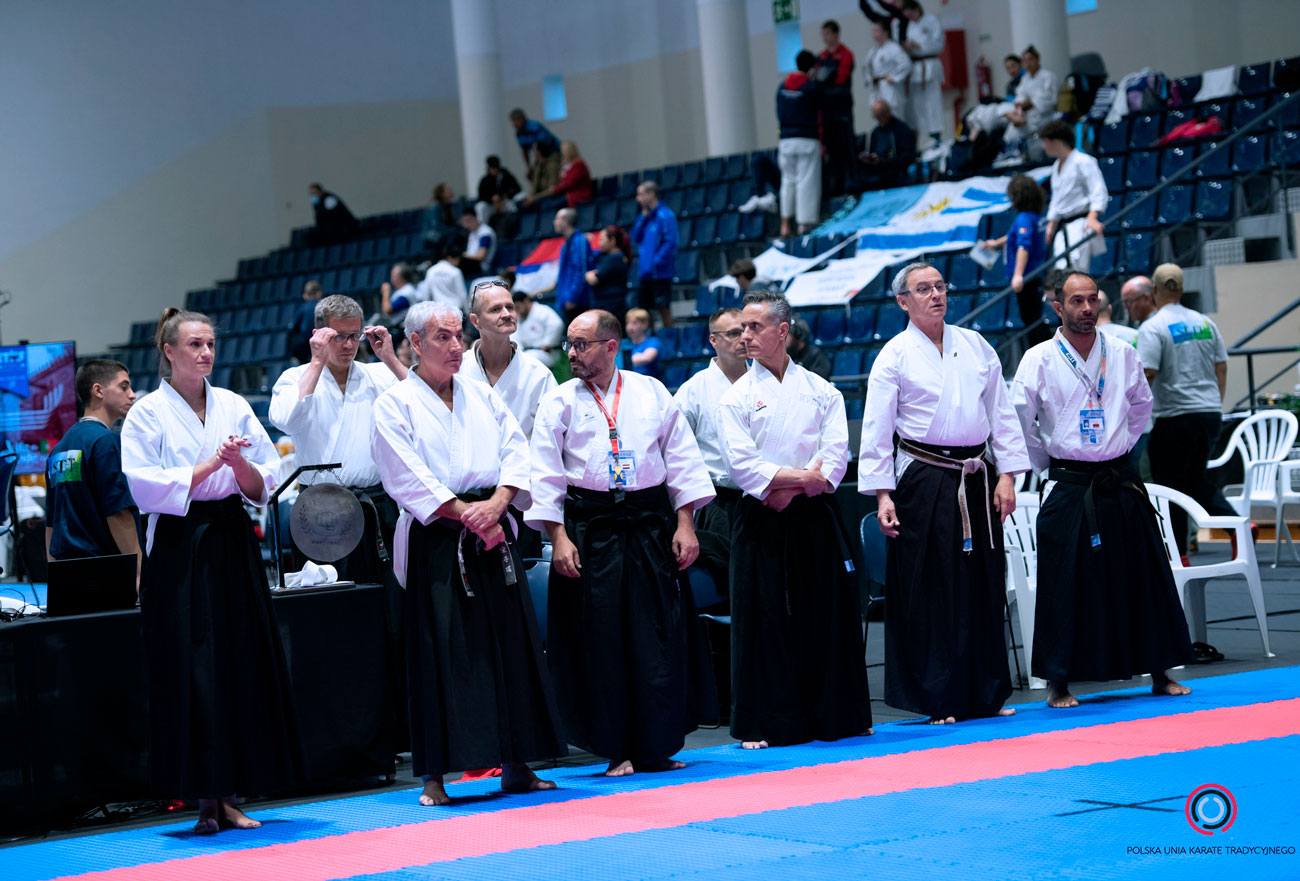
ITKF referees
“Competing in senior, junior, and cadet divisions, our team achieved strong results and gained invaluable experience,” Matevosian added. “This event served as a vital opportunity to measure our progress against the best in the world, learn, and foster connections within the global karate community.”
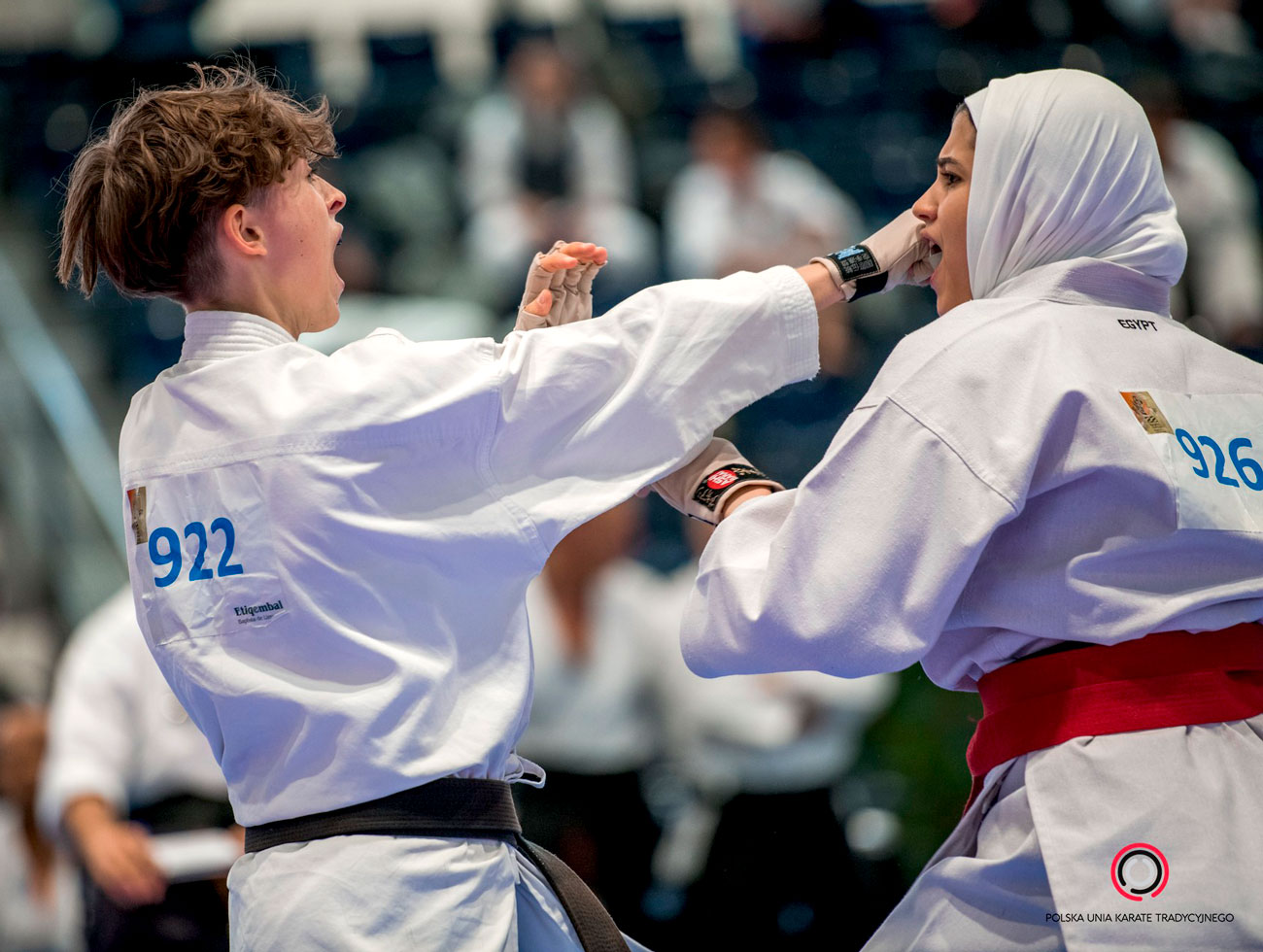
Shiai kumite
“Personally, I felt the adrenaline of many competitions and can say that I experienced the sense of well-being that would bring me back to the tatami,” celebrated Cornel Musat, head coach of ITKF Romania. “It was a fabulous edition where we managed to secure 4th place, despite the extremely high technical and competitive level.”
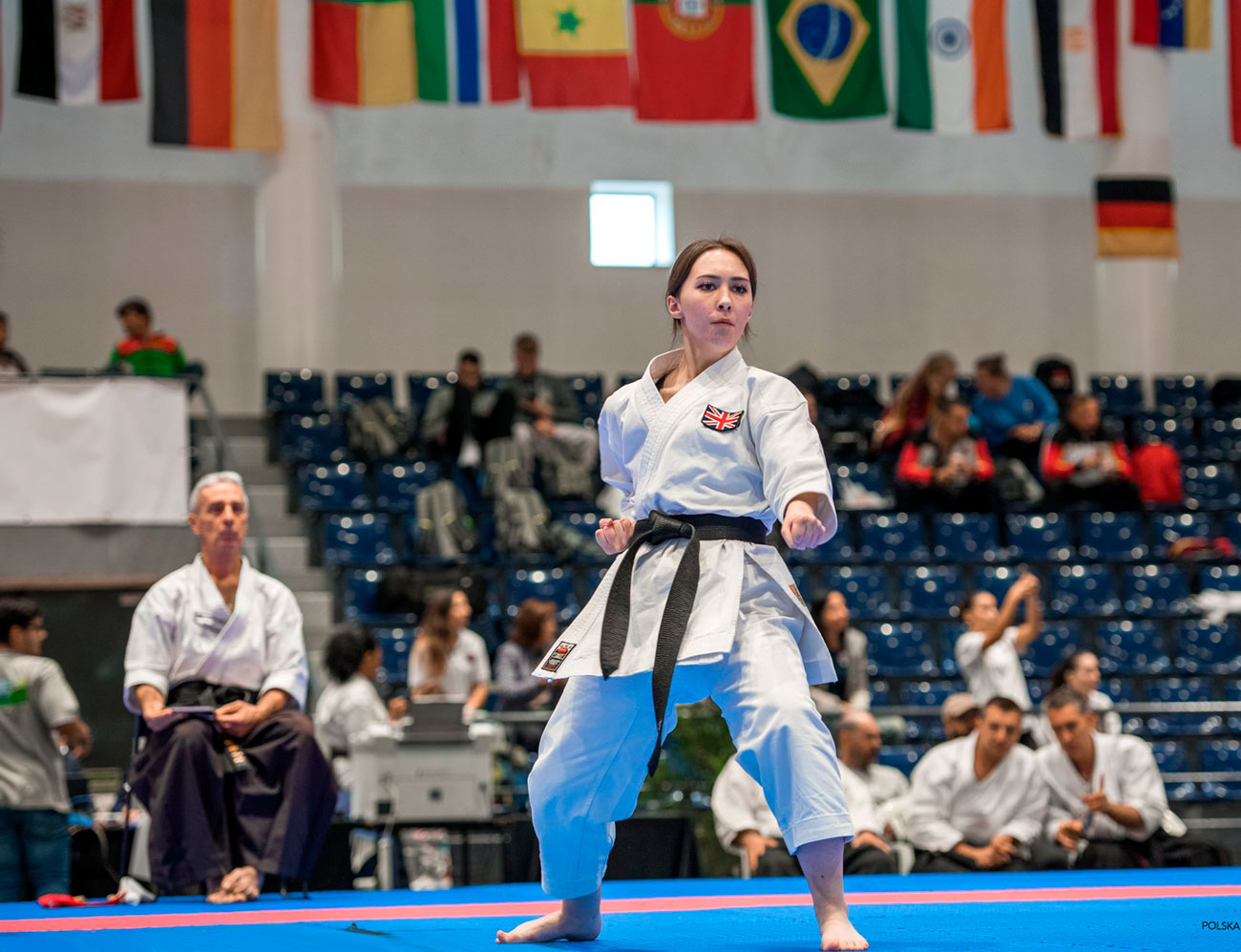
Individual female kata
For Musat, the competition highlighted the strengths of the Romanian team while also revealing areas for improvement as they prepare to come back stronger in the next edition.
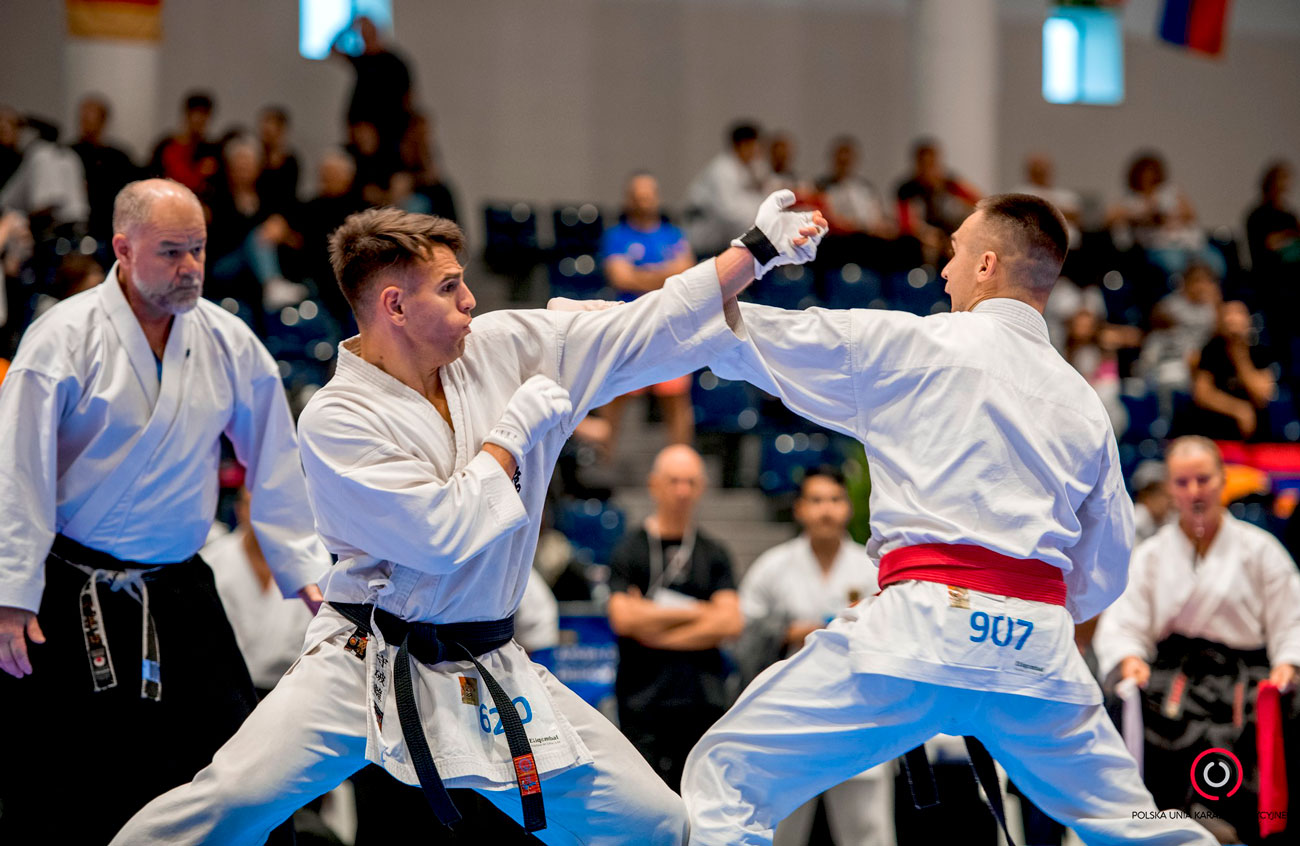
Shiai kumite
He mentioned that the Romanian delegation consisted of over 60 people, including athletes, coaches, referees, and officials. “I extend my gratitude to the competition organizers, the Portuguese federation for their exemplary organization, and the ITKF Global leadership, which managed to attract an impressive number of athletes,” he concluded.
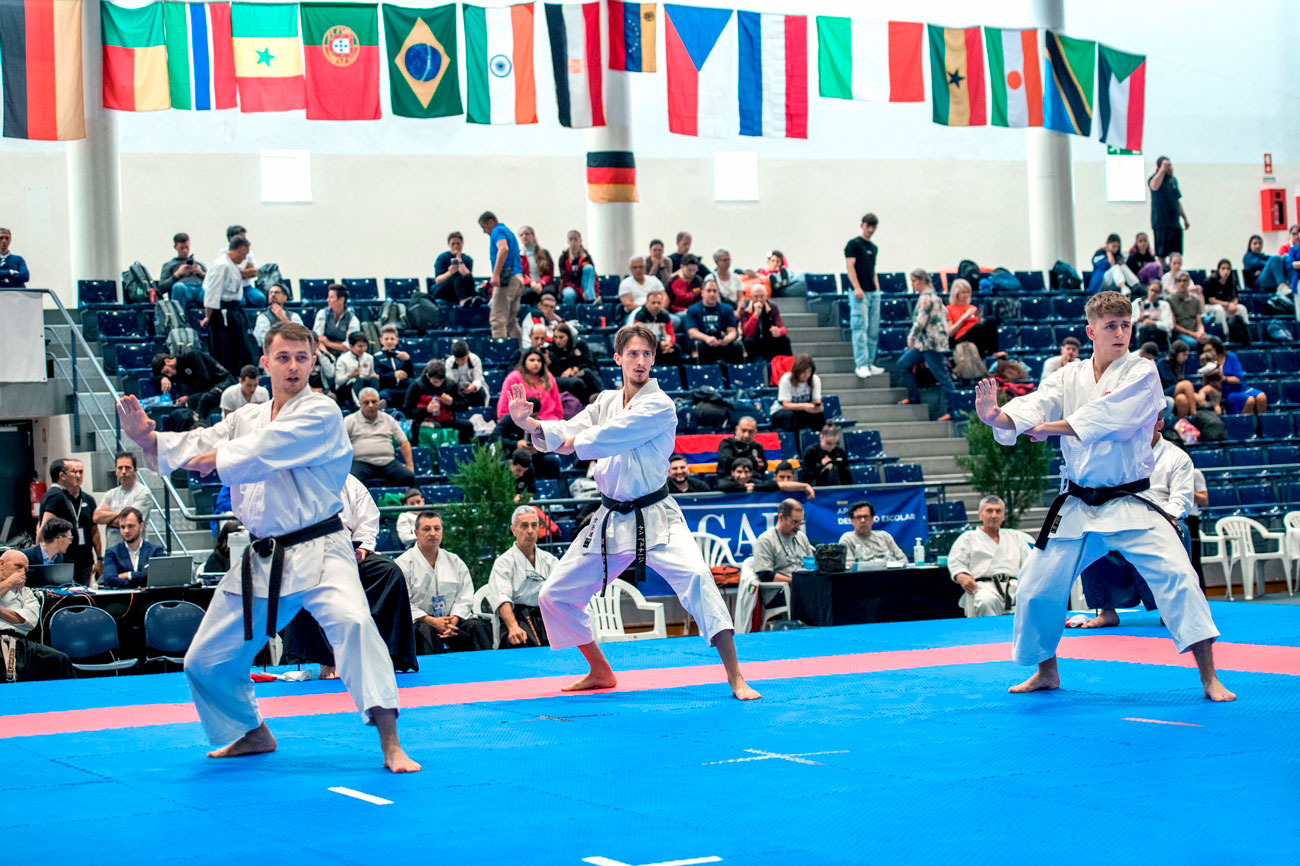
Men’s kata team competition
“The success of our athletes made us proud,” said Polish representative Annia Kulczynska of ITKF Poland, which finished in 3rd place overall. “Their determination and hard work resulted in numerous medals, reflecting the high level of training. These championships promote traditional karate and strengthen ties between nations.”
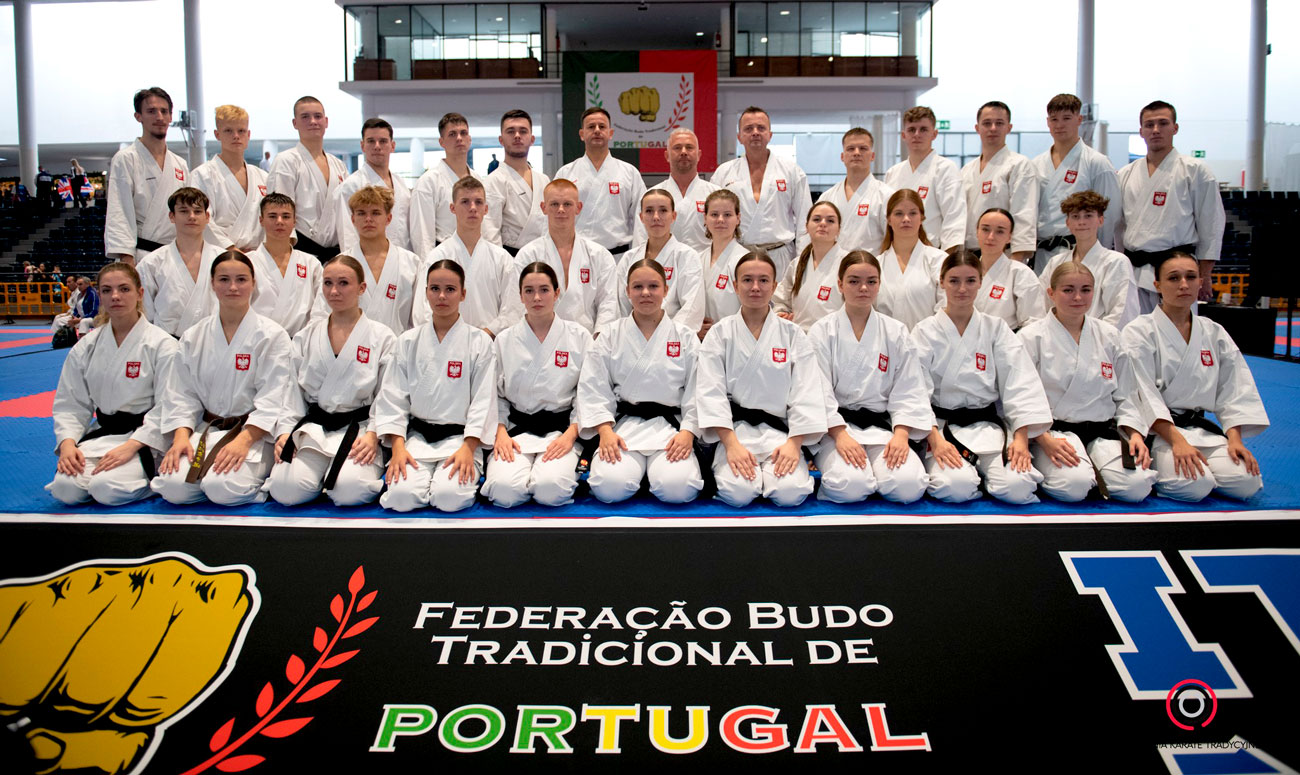
Polish team
Kulczynska believes the ITKF World Championship in Vila do Conde inspired all participants and that the experiences gained will contribute to the development of karate in Poland. “The competitors not only fought but also exchanged experiences, which is incredibly valuable in our discipline,” she remarked.
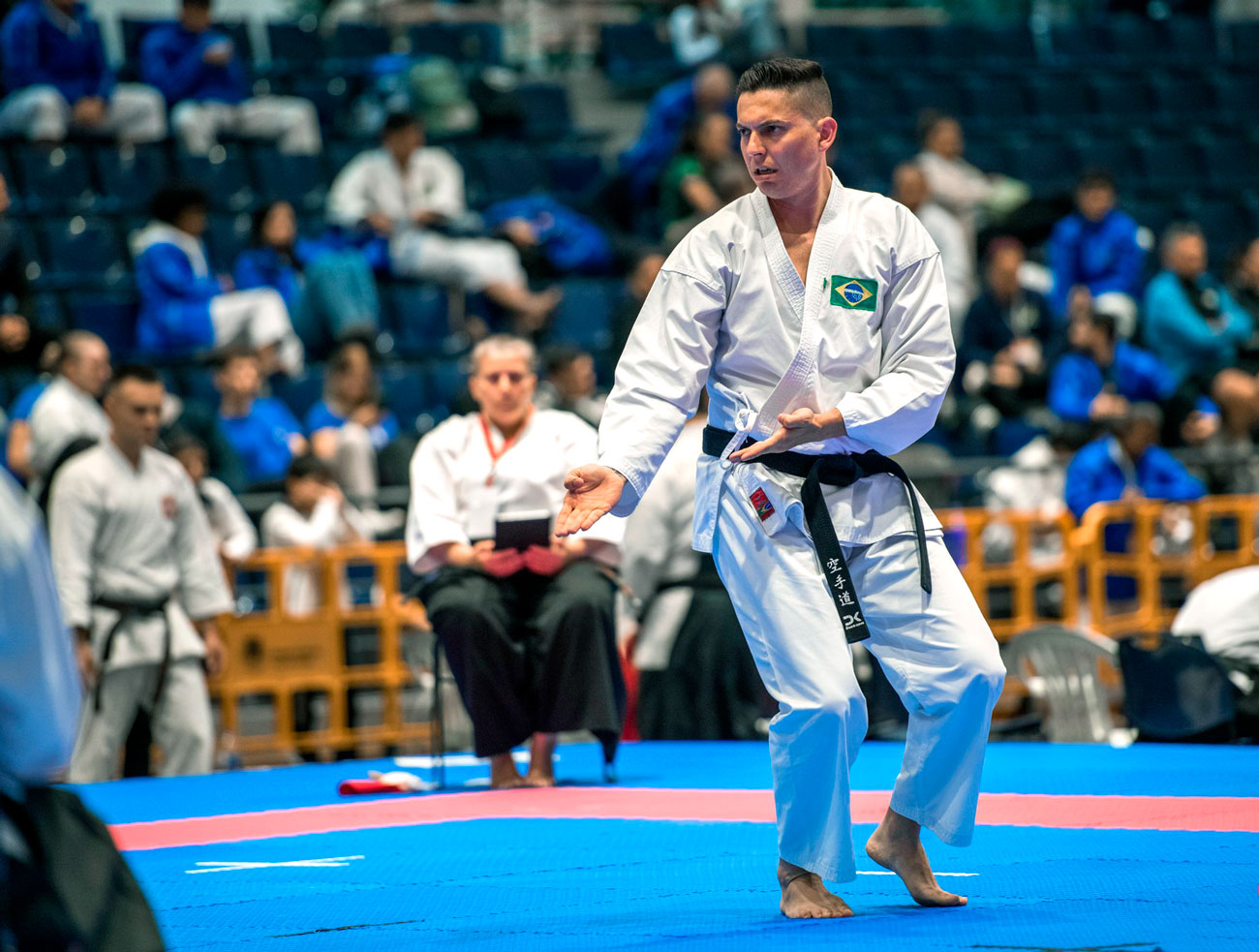
Individual male kata
The 22nd ITKF World Championship brought together athletes from every continent, showcasing an impressive presence of delegations. Romania, the largest team at the event, sent 58 athletes to Vila do Conde, followed by Brazil with 54 competitors and the host nation Portugal with 54 karatekas. Egypt and Poland rounded out the top five delegations, with 38 and 36 athletes, respectively. These numbers highlight the global reach of the competition and the significance of traditional karate on the international stage.
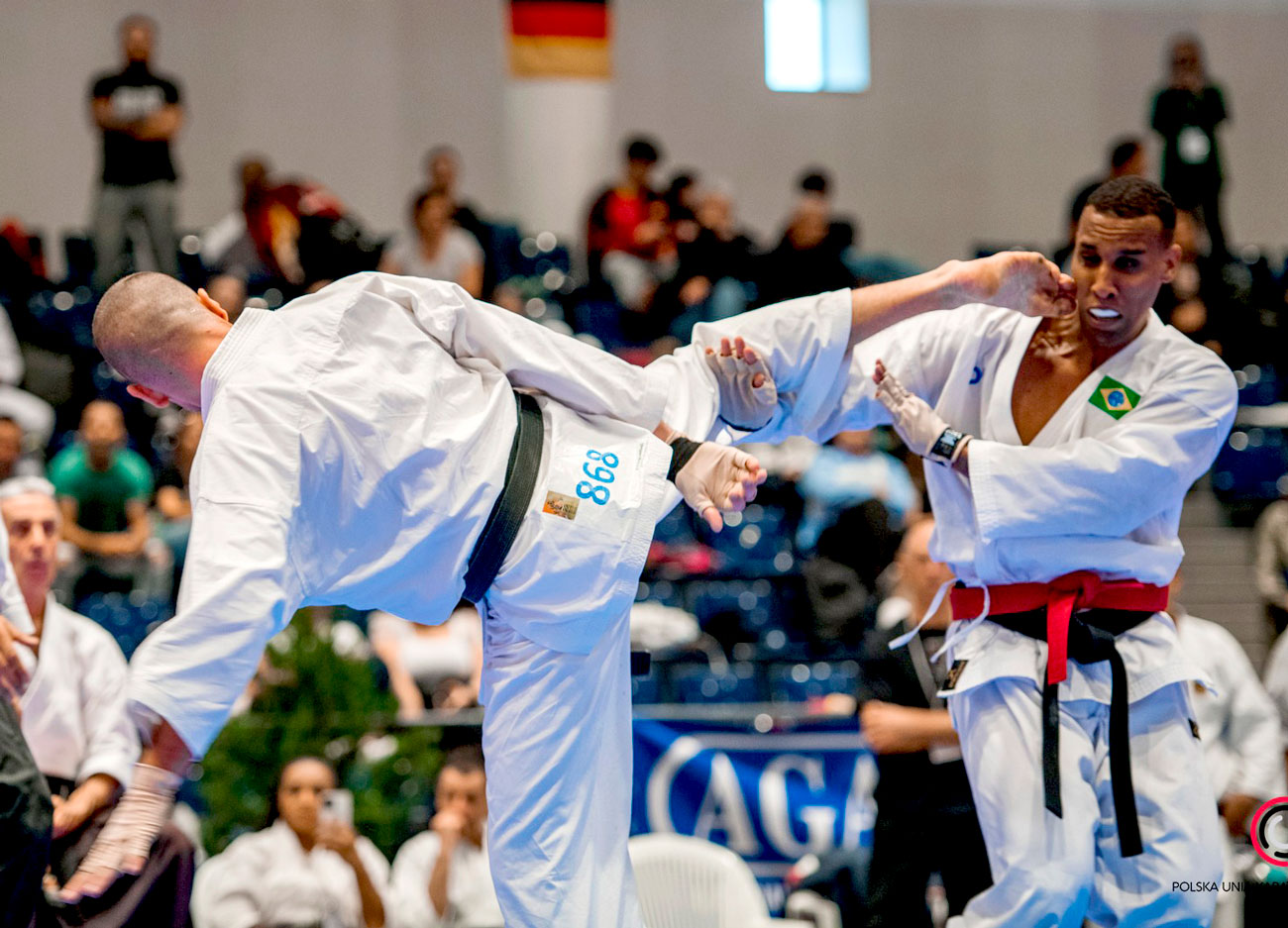
Shiai kumite
Below are the top 10 teams in the overall medal rankings for the 22nd edition of the International Traditional Karate Federation World Championship held in Portugal.
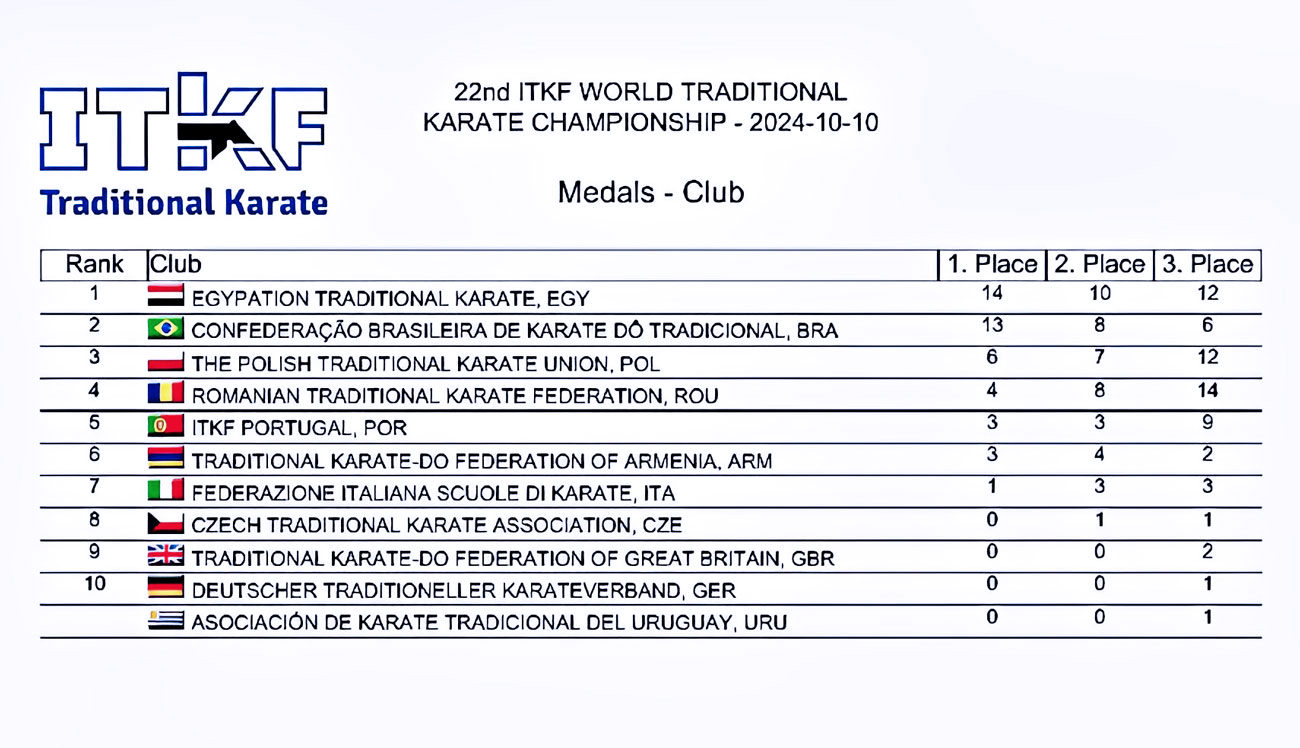
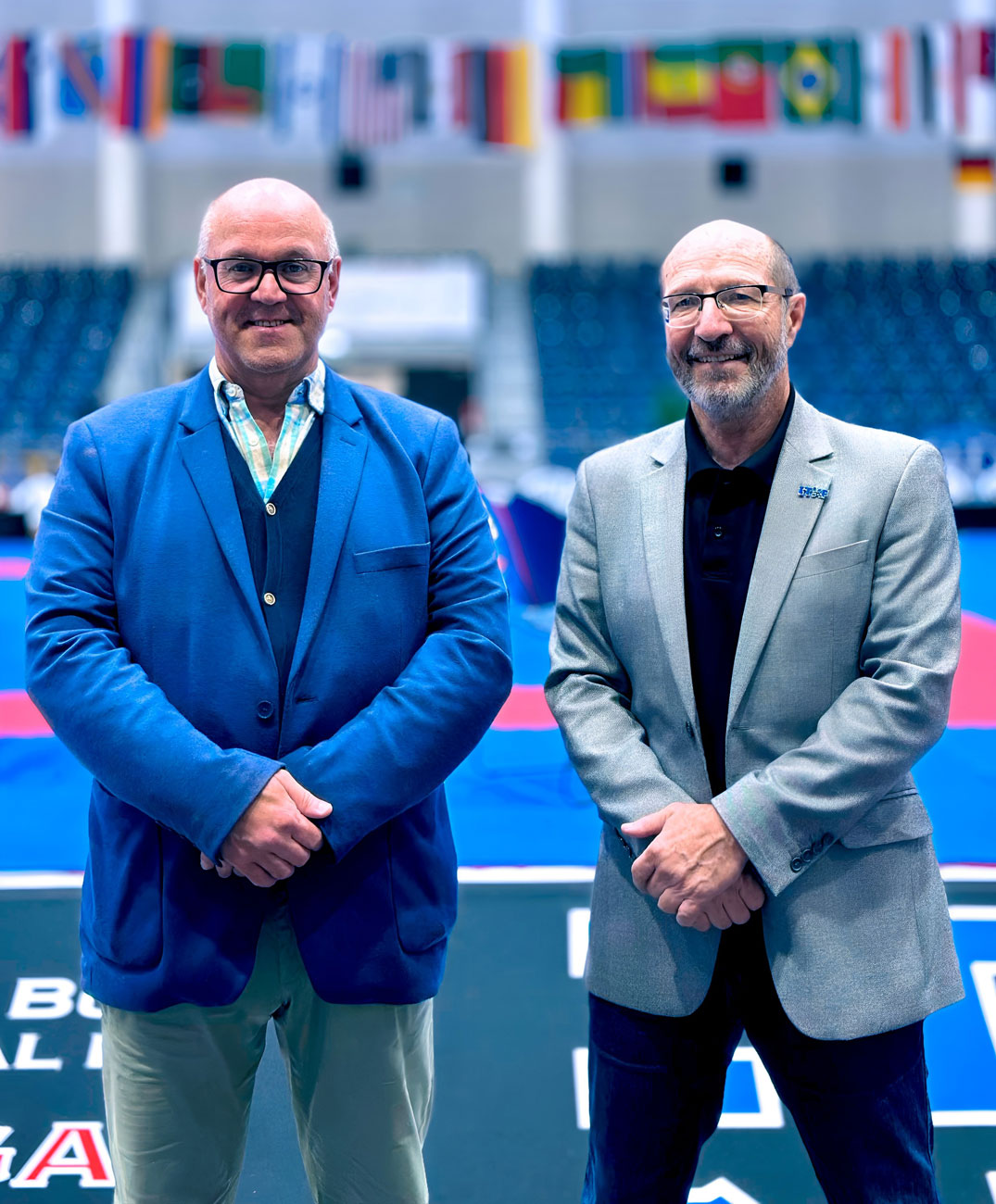
Fernando Silva and Gilberto Gaertner
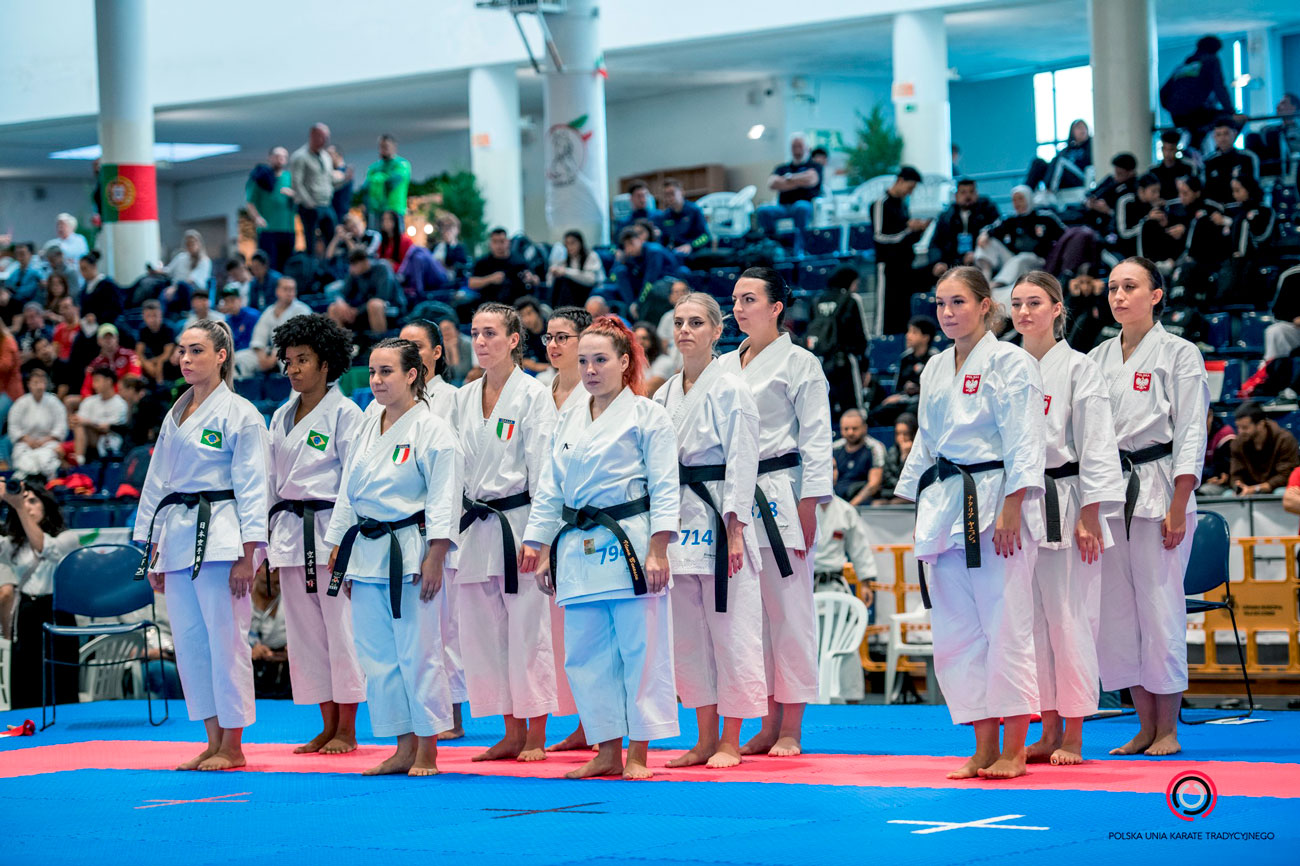
Finalist teams of women’s kata
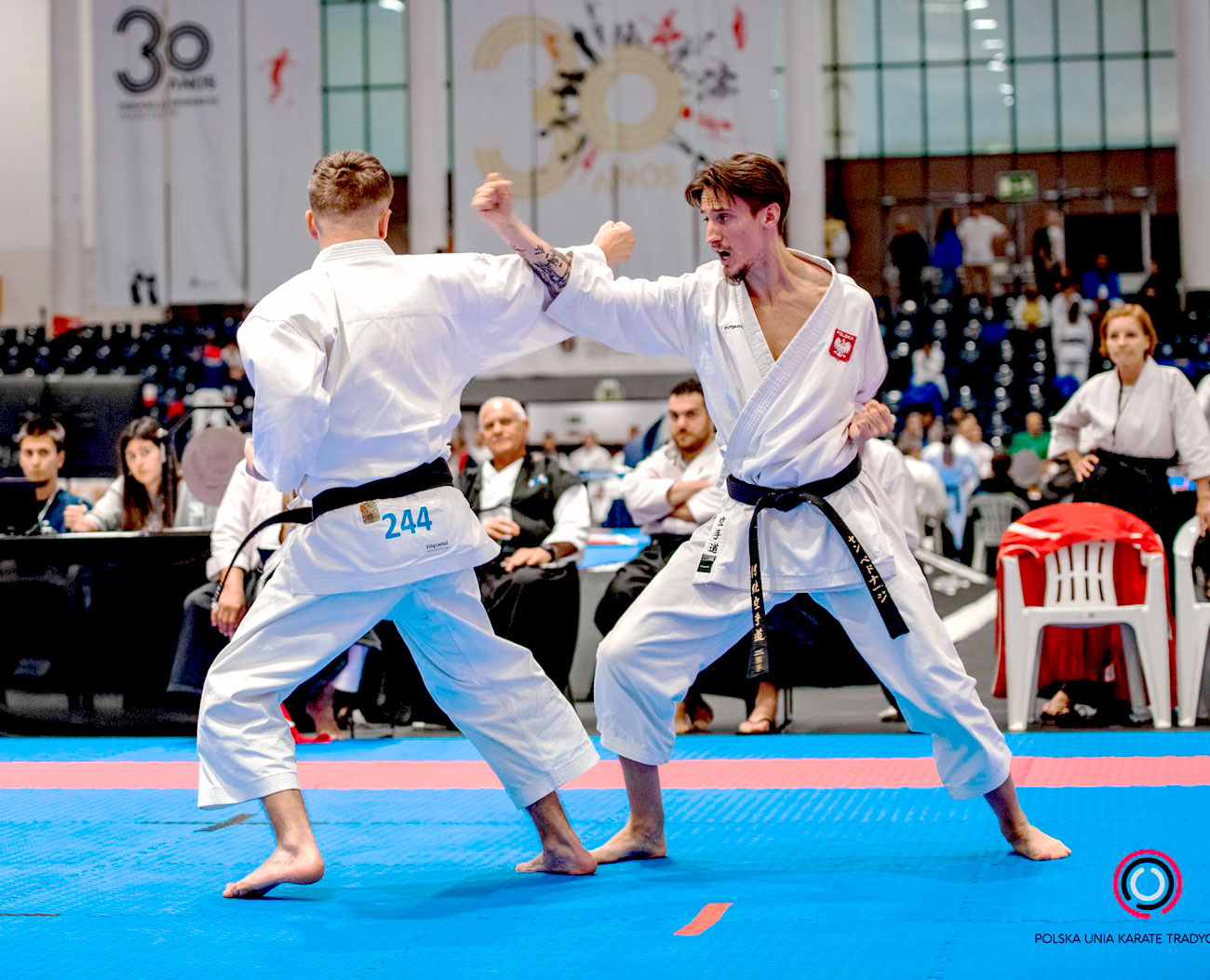
Shiai kumite
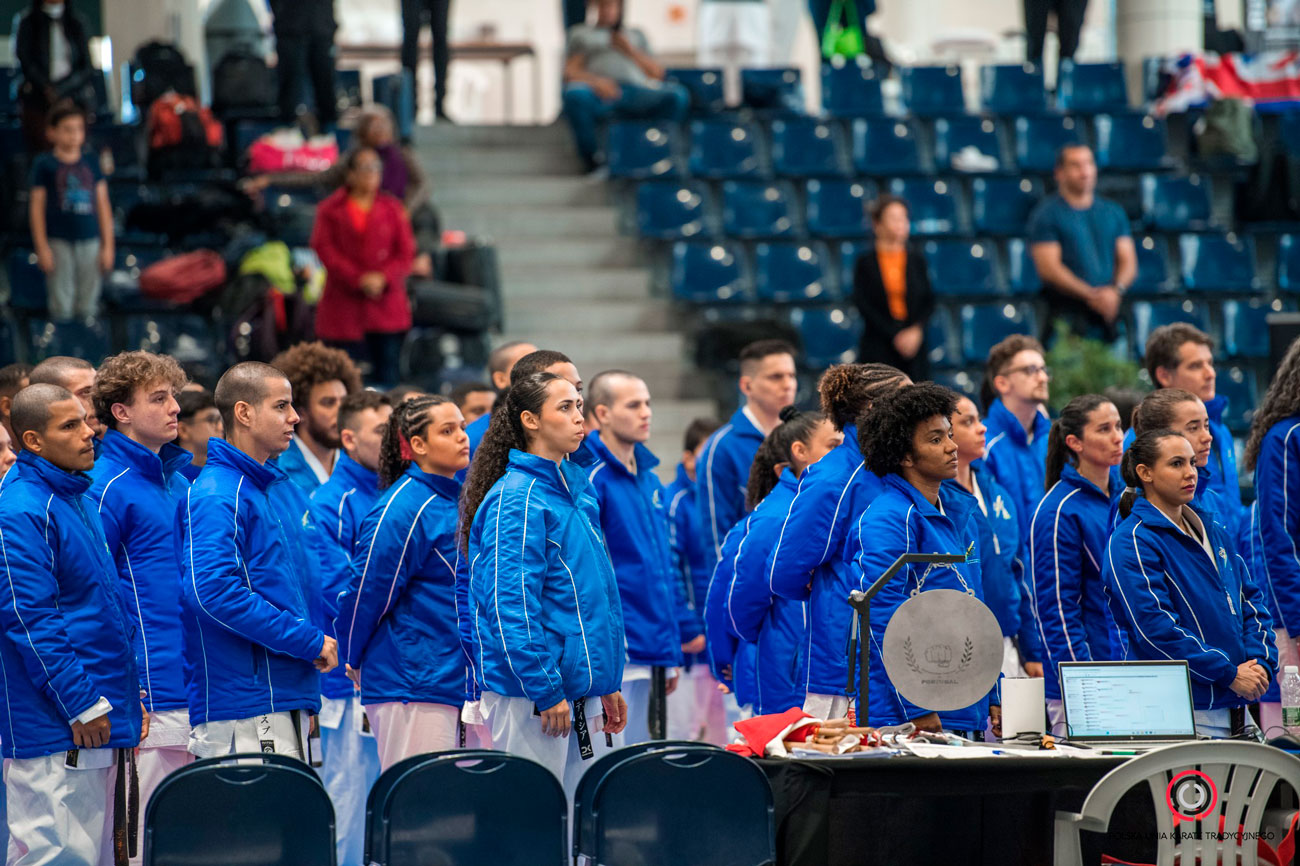
Opening ceremony
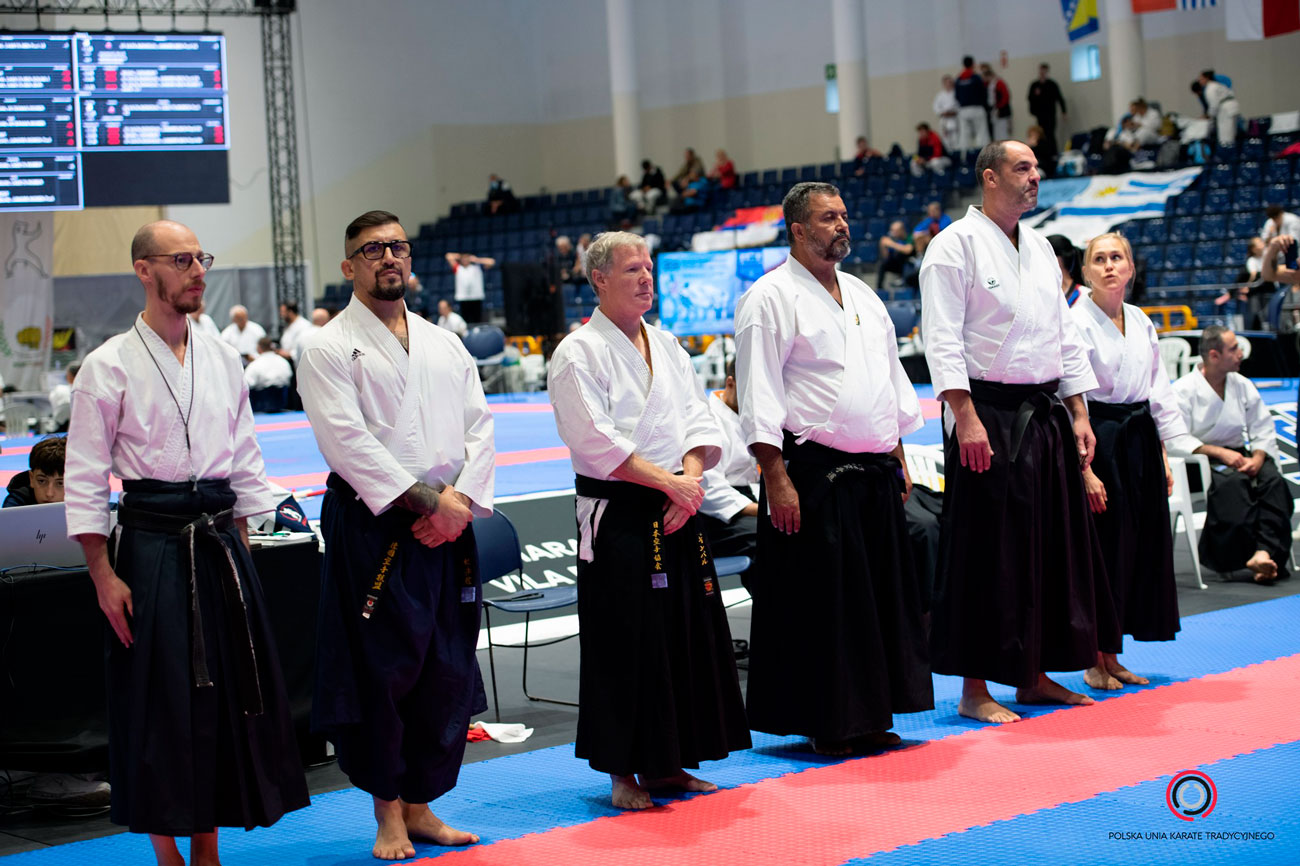
ITKF referees
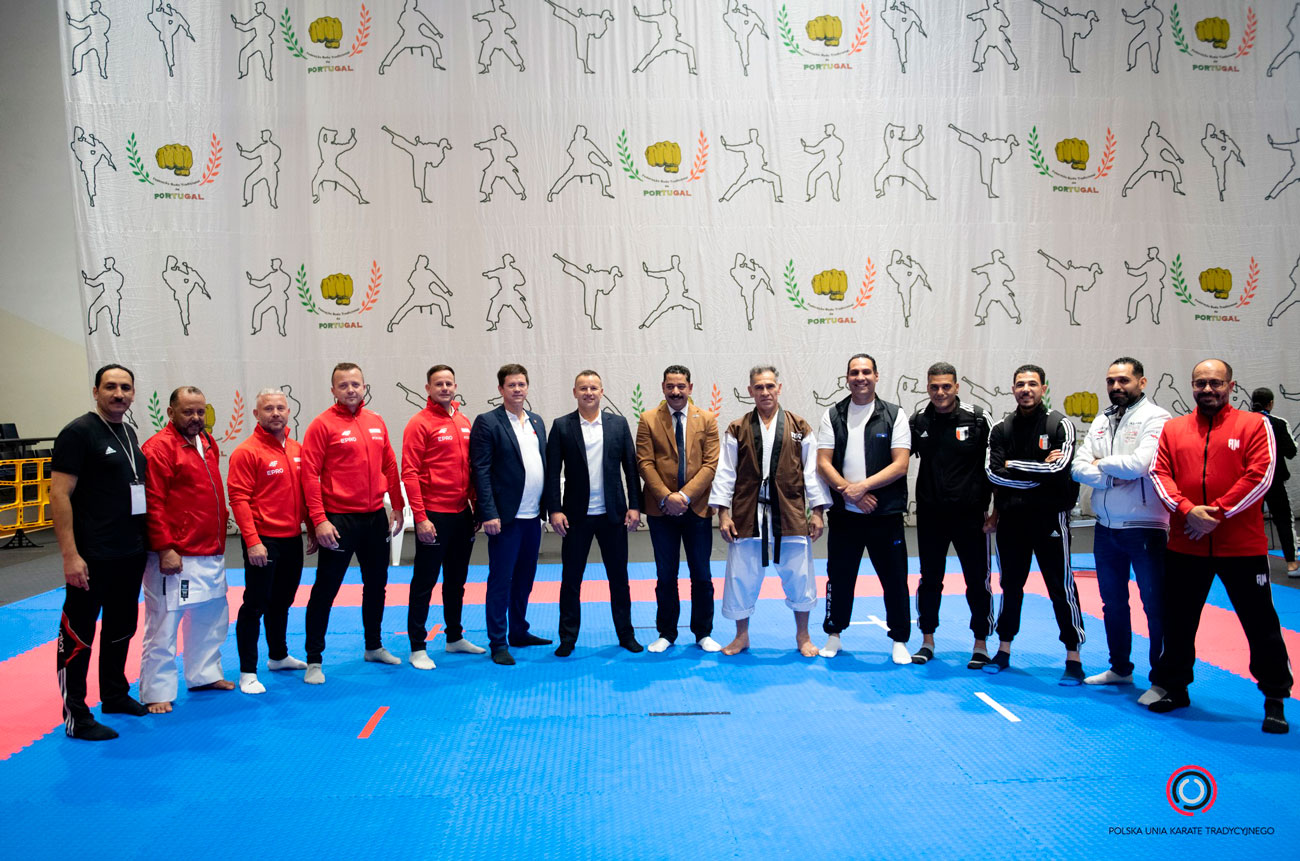
ITKF leaders and coaches
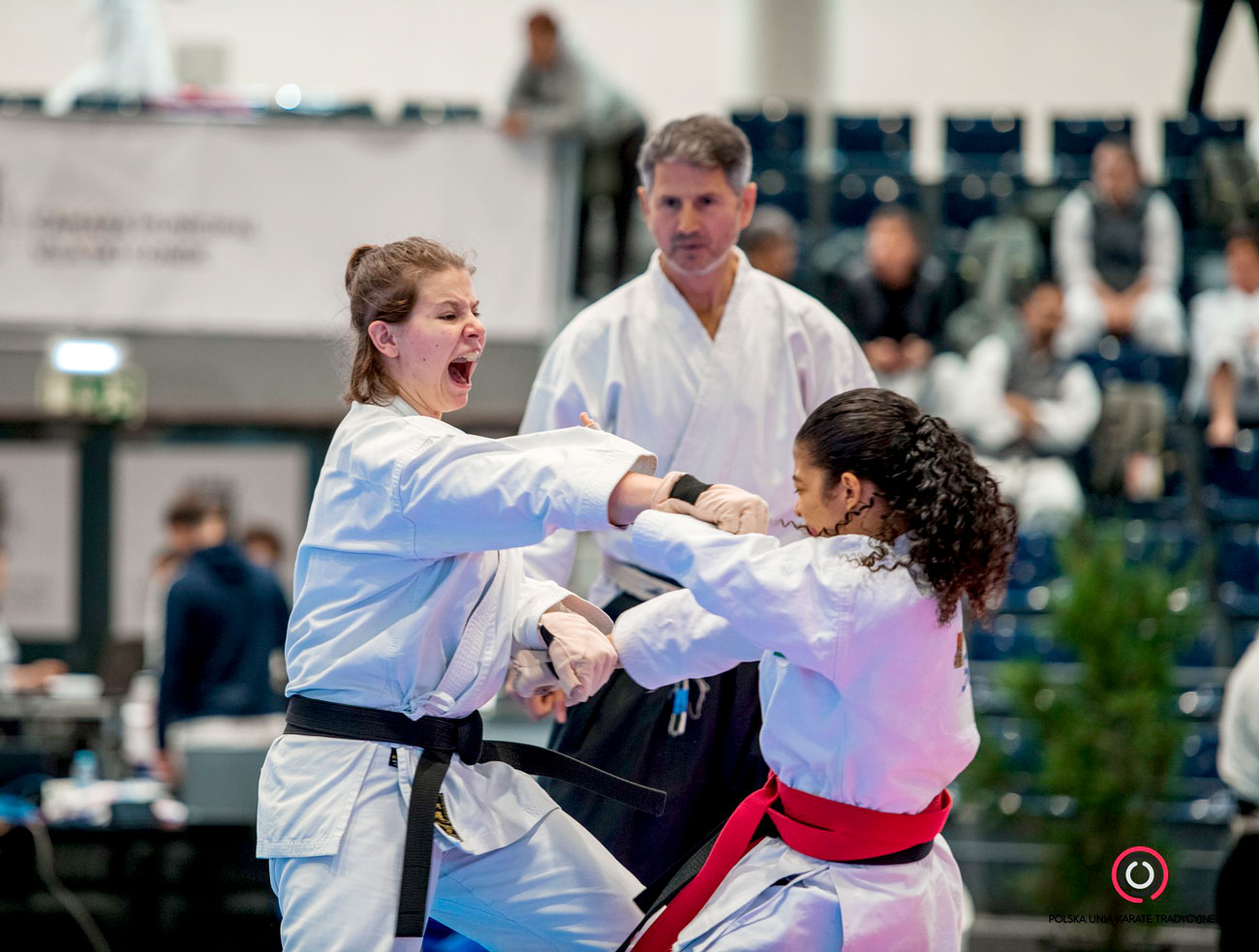
Shiai kumite
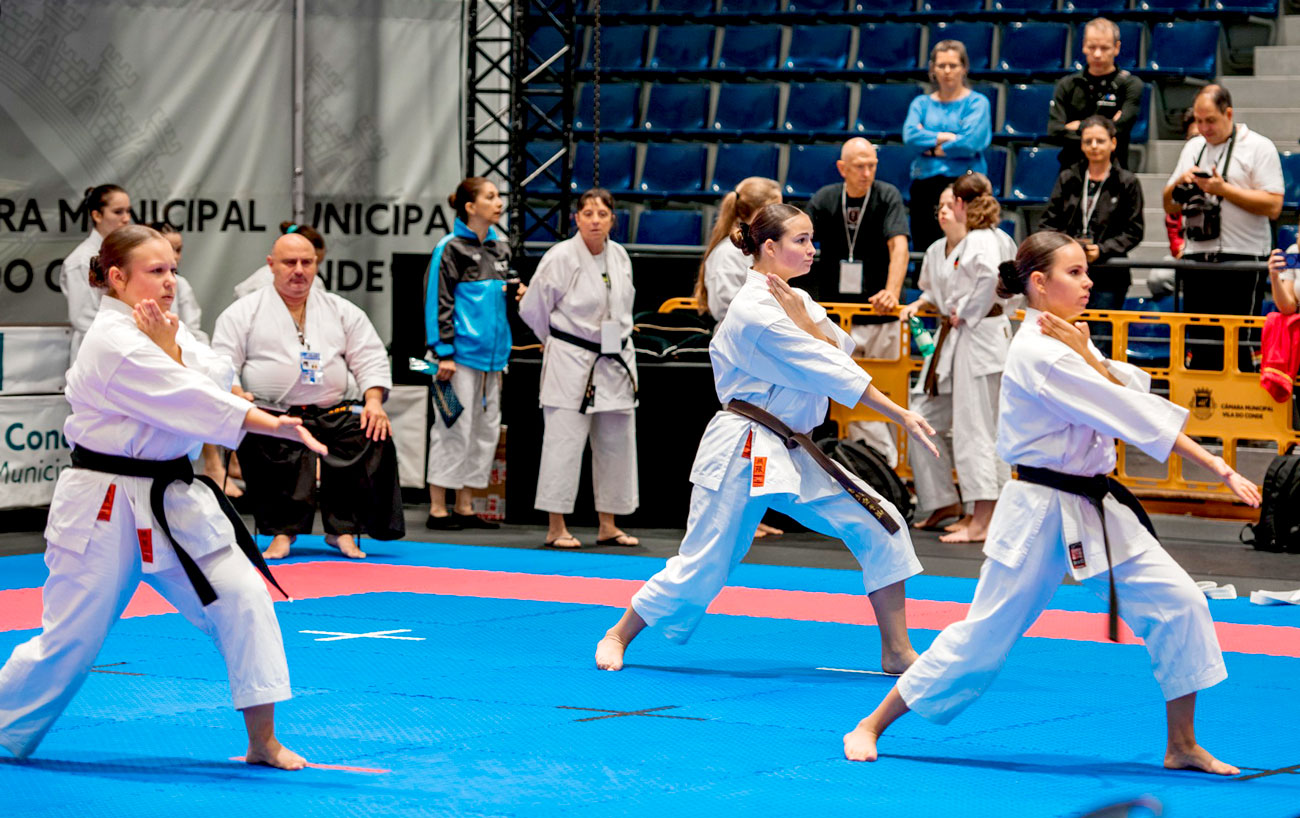
Women’s kata team competition
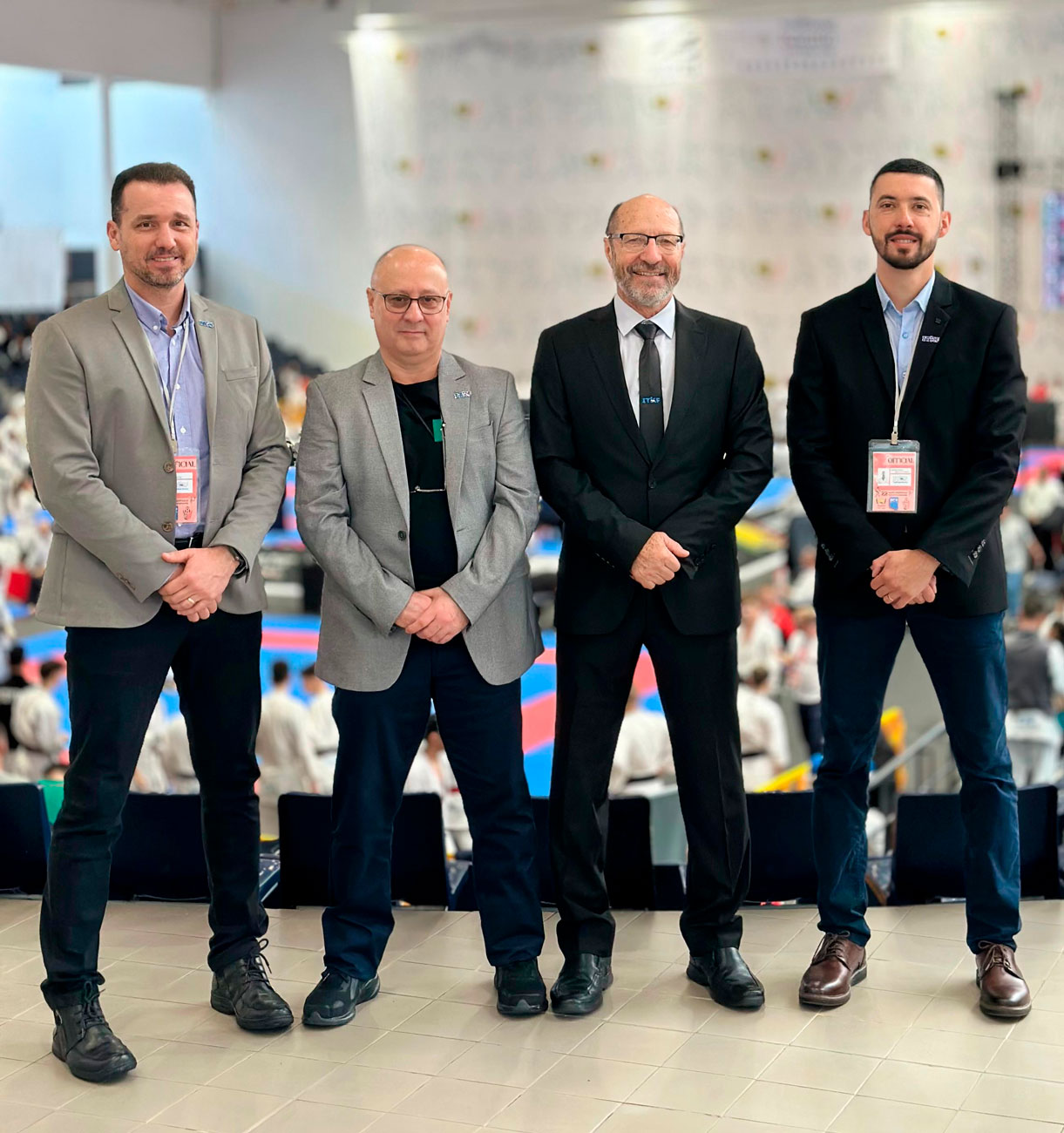
ITKF Global leaders
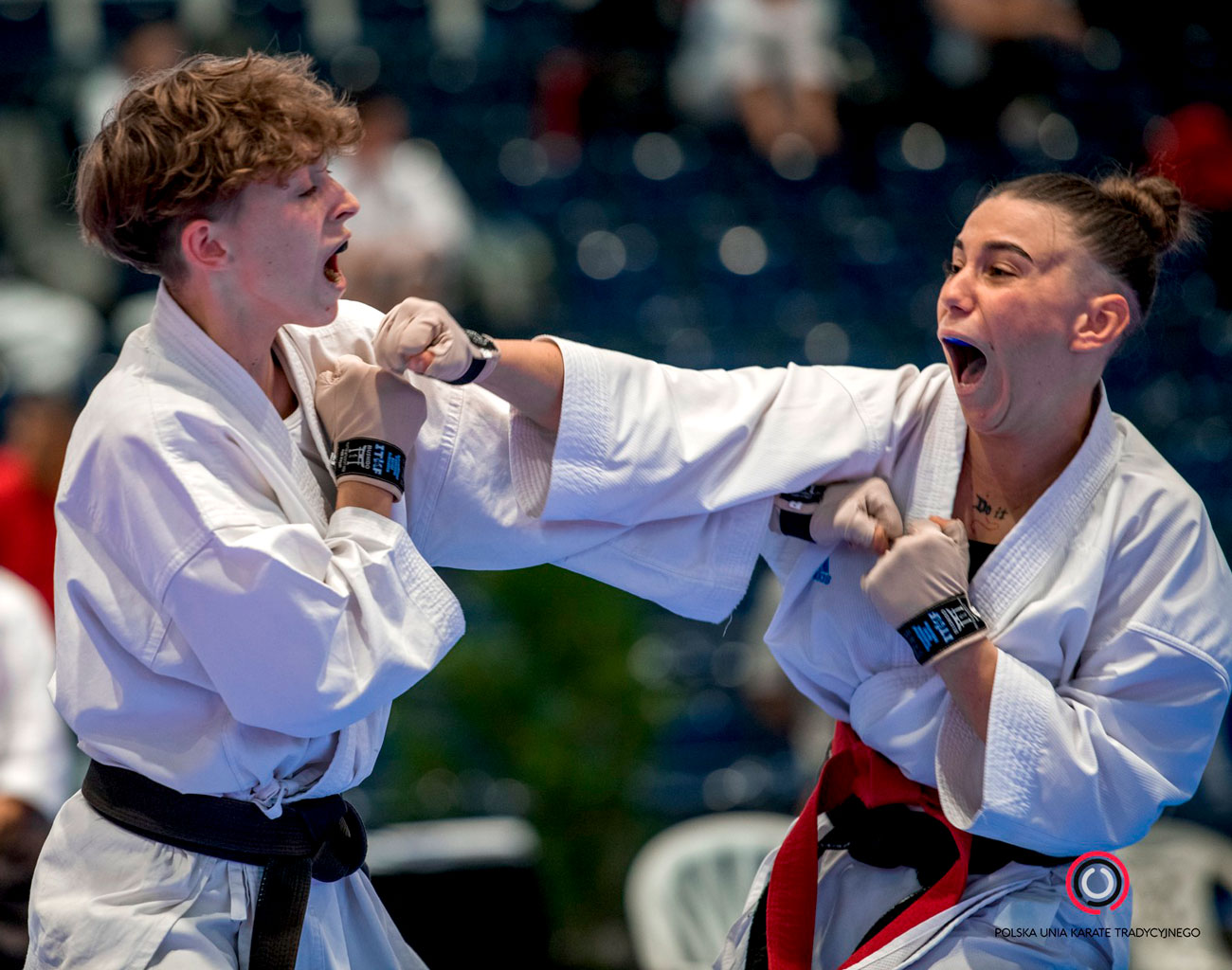
Shiai kumite
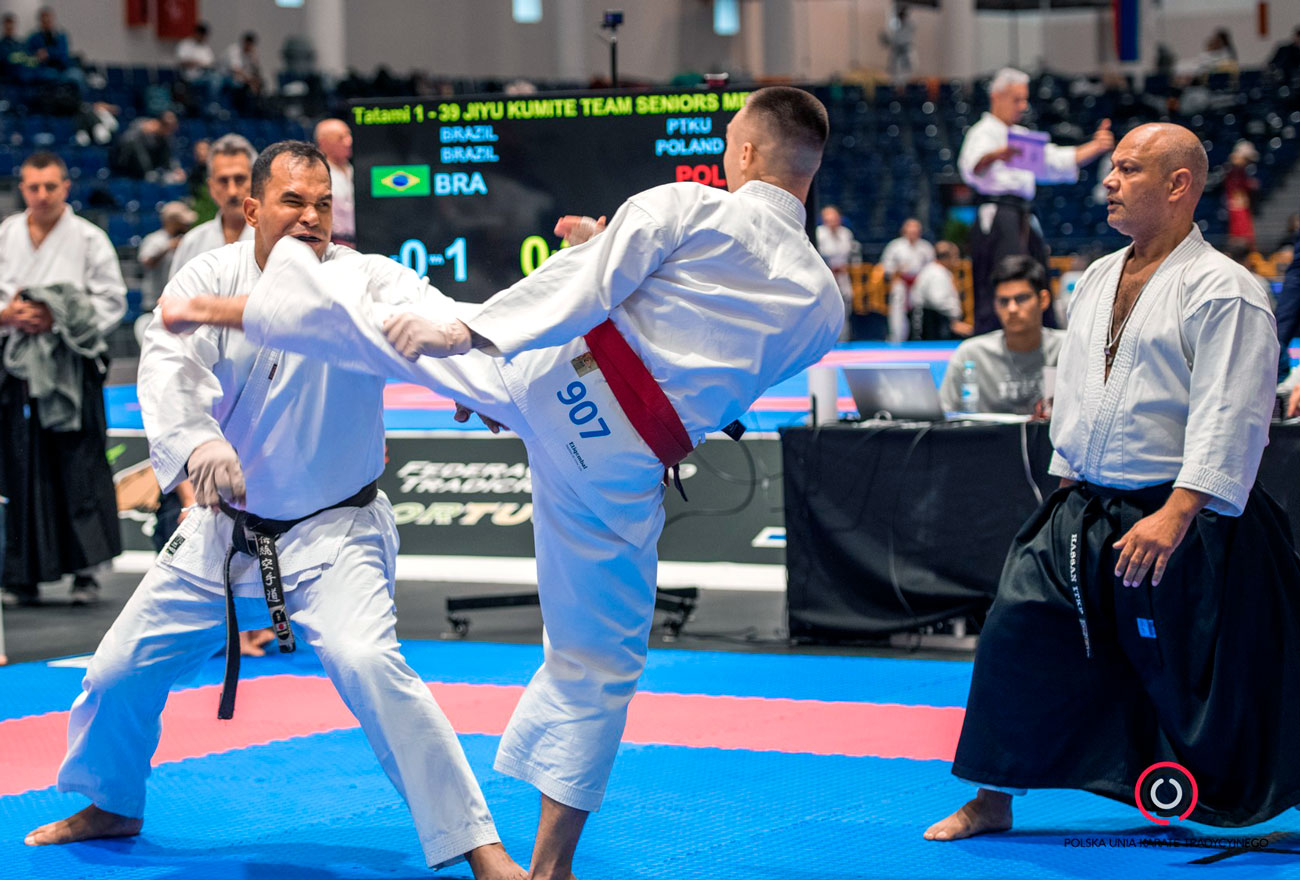
Shiai kumite
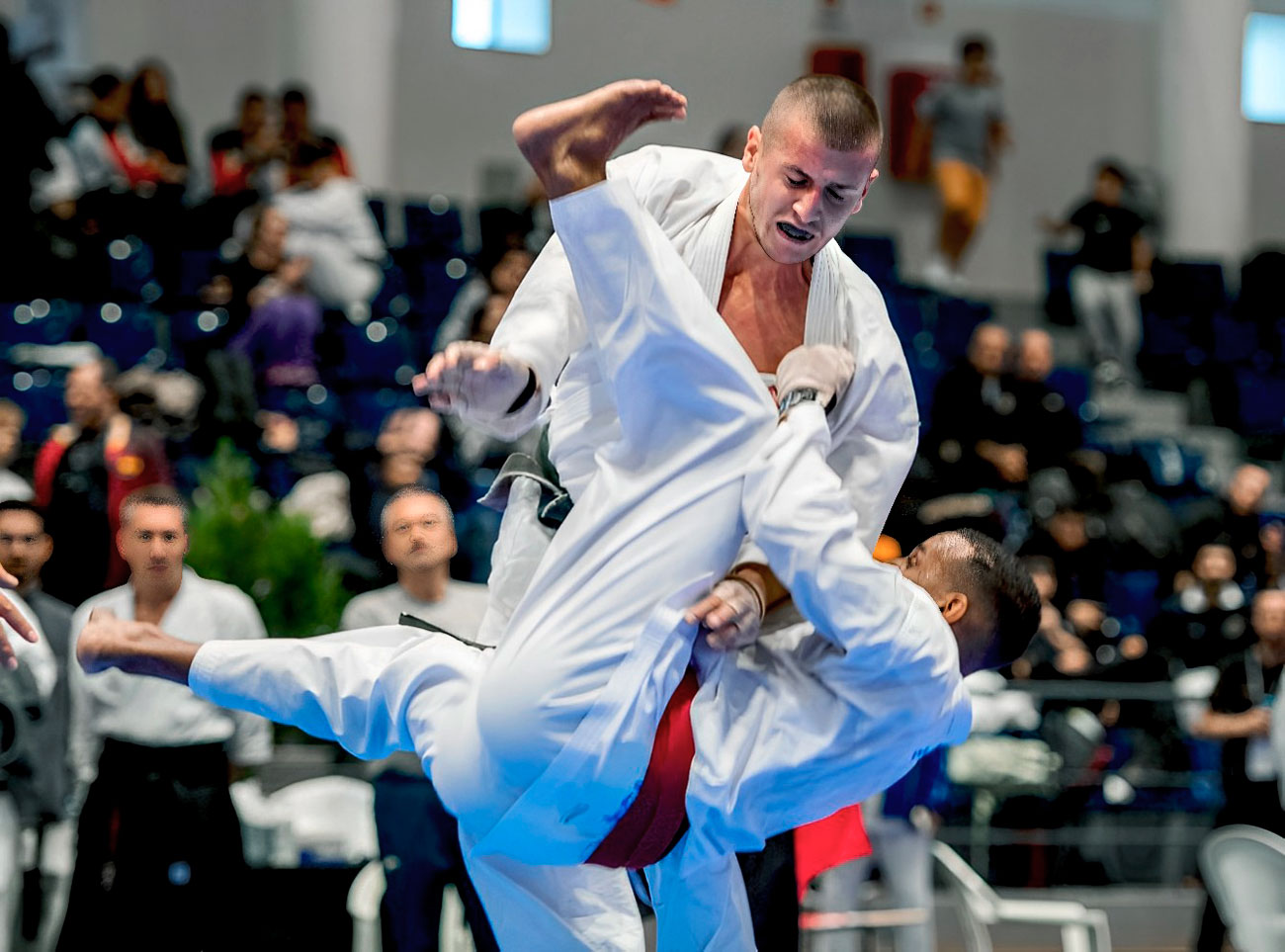
Shiai kumite
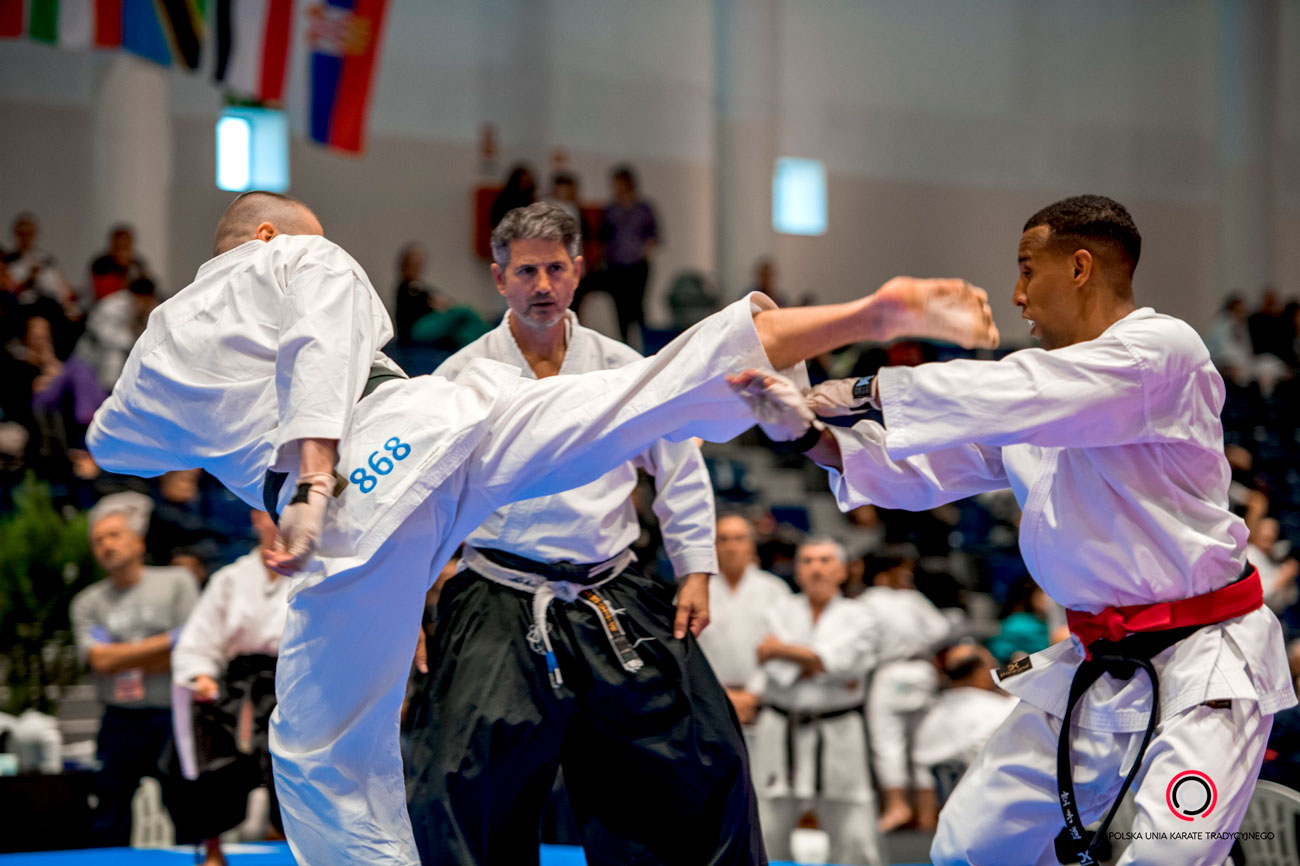
Shiai kumite
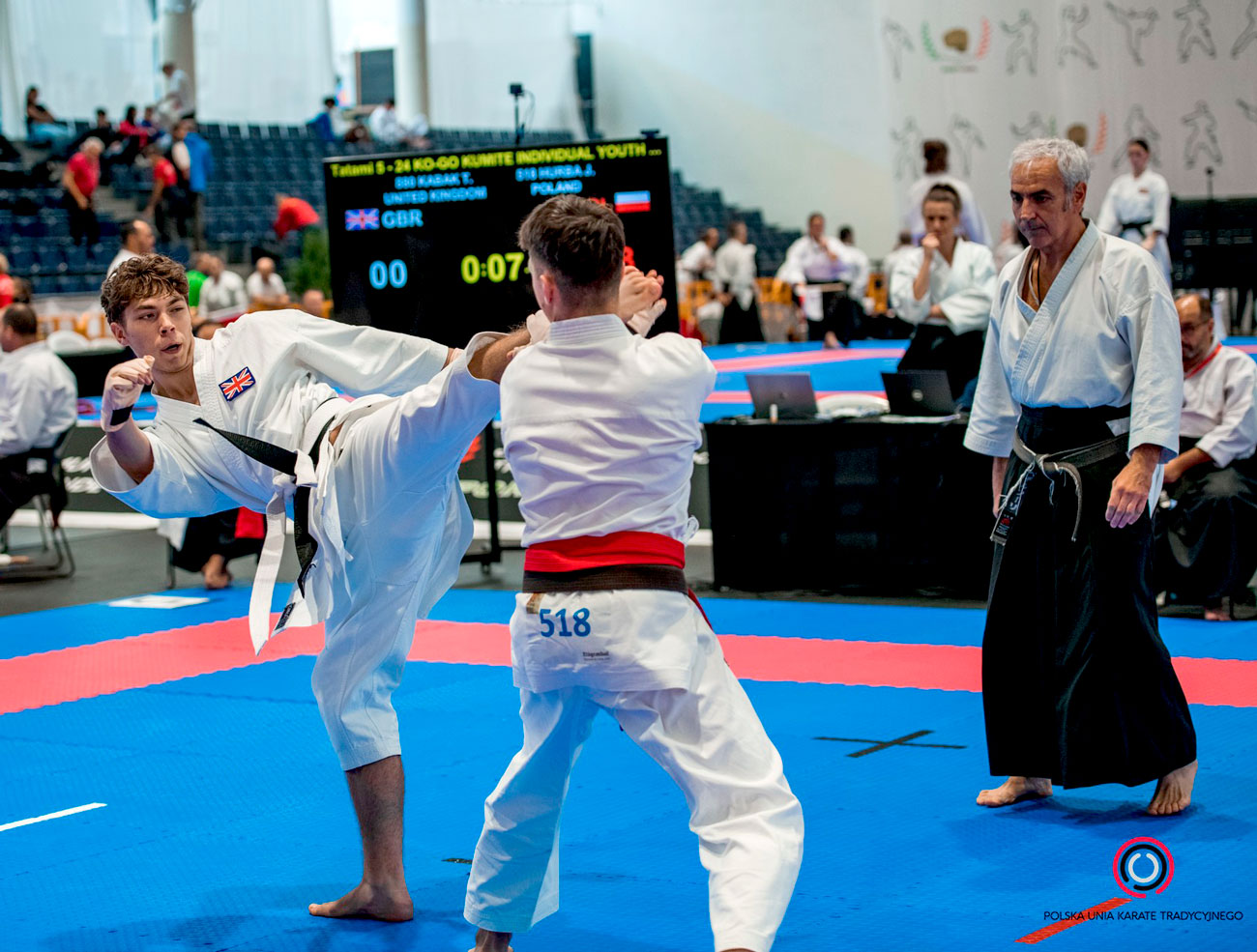
Shiai kumite
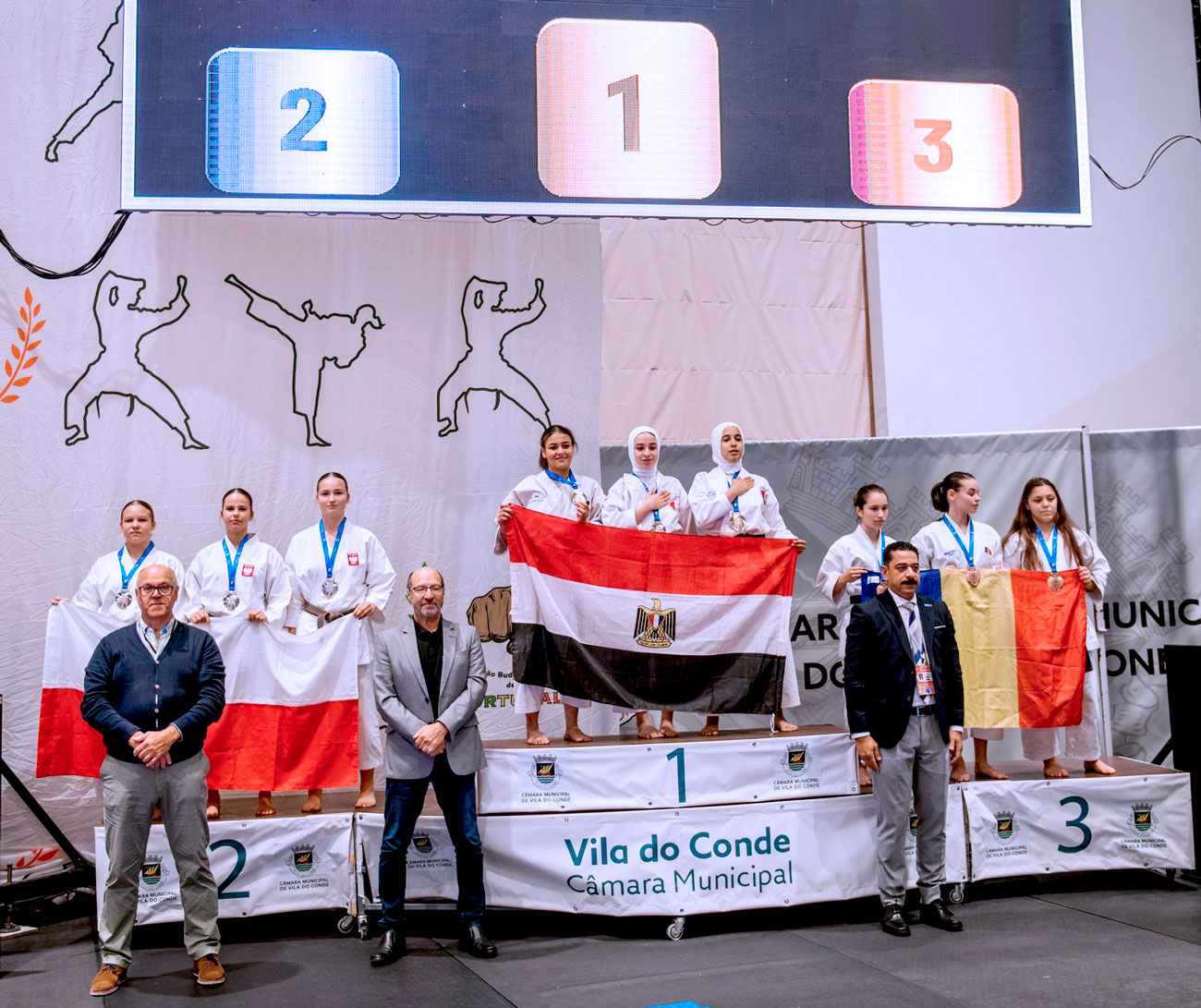
Medal ceremony
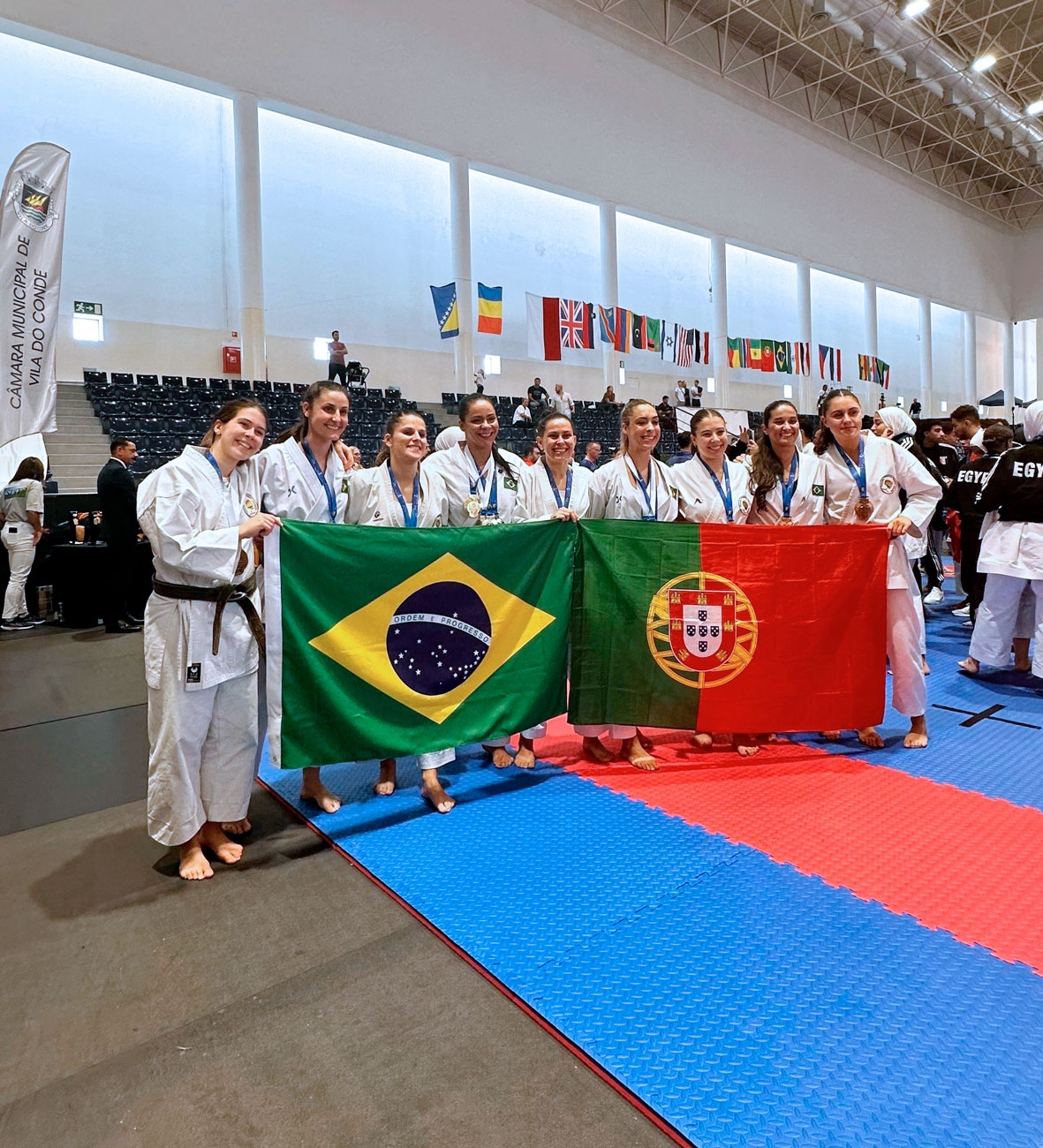
Women’s teams from Brazil and Portugal
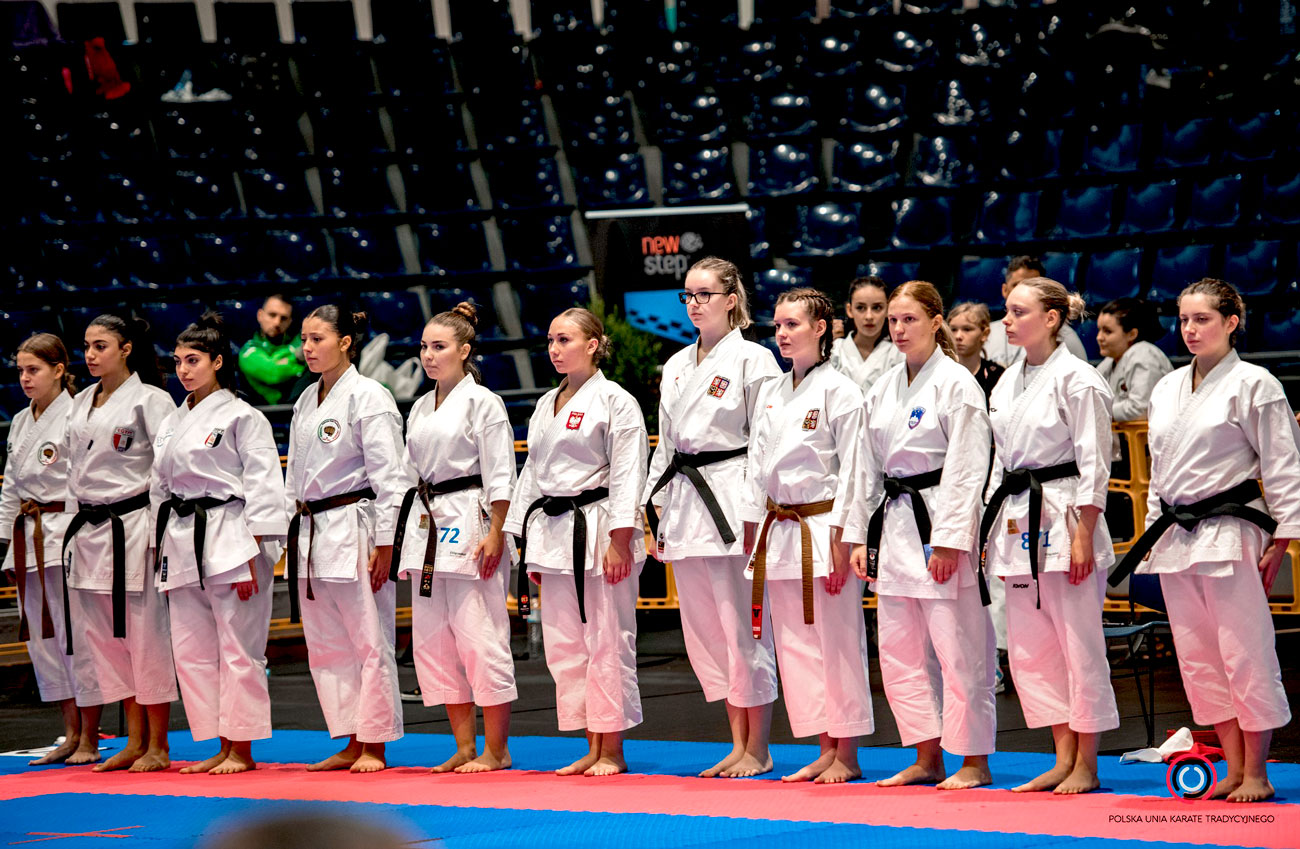
Individual female kata
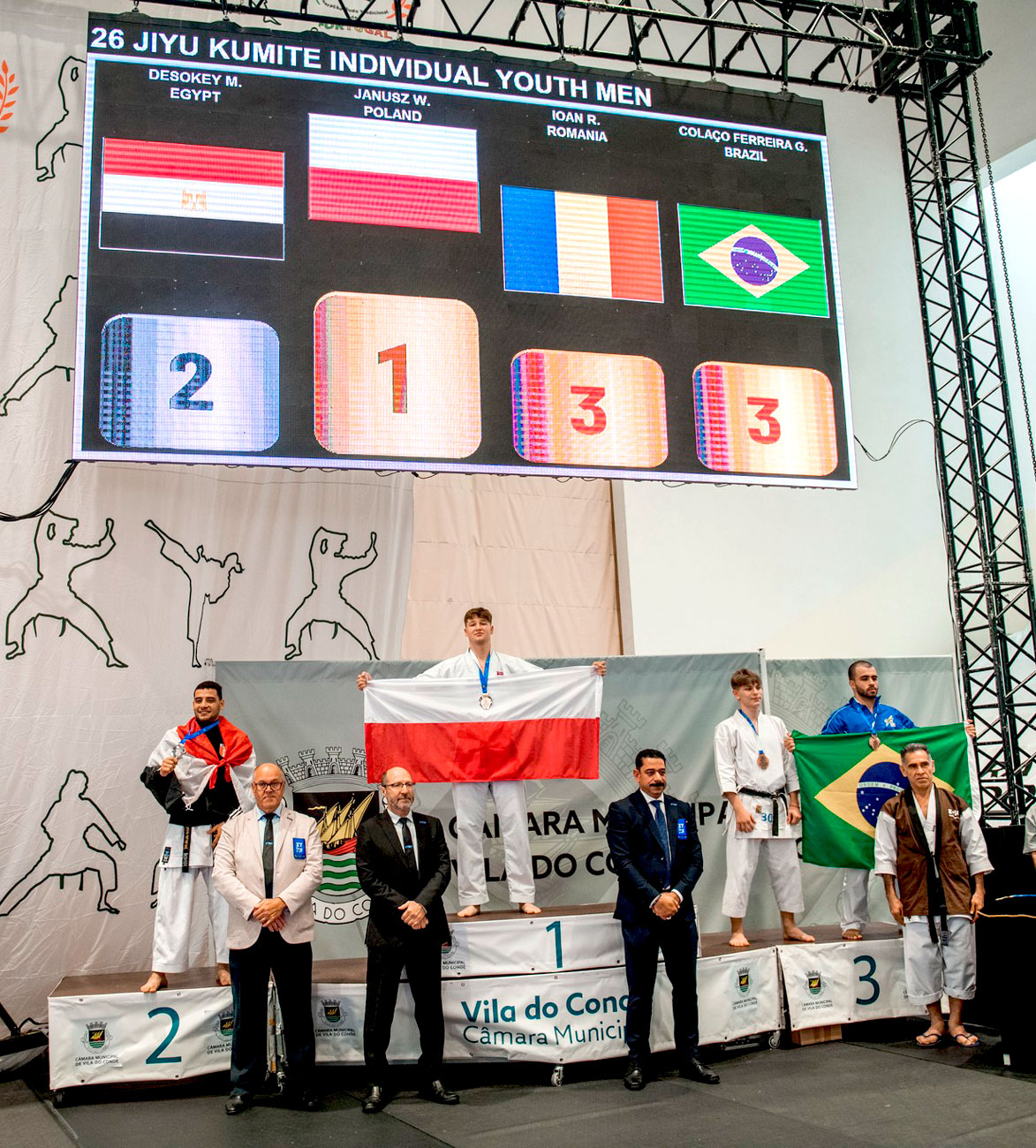
Medal ceremony
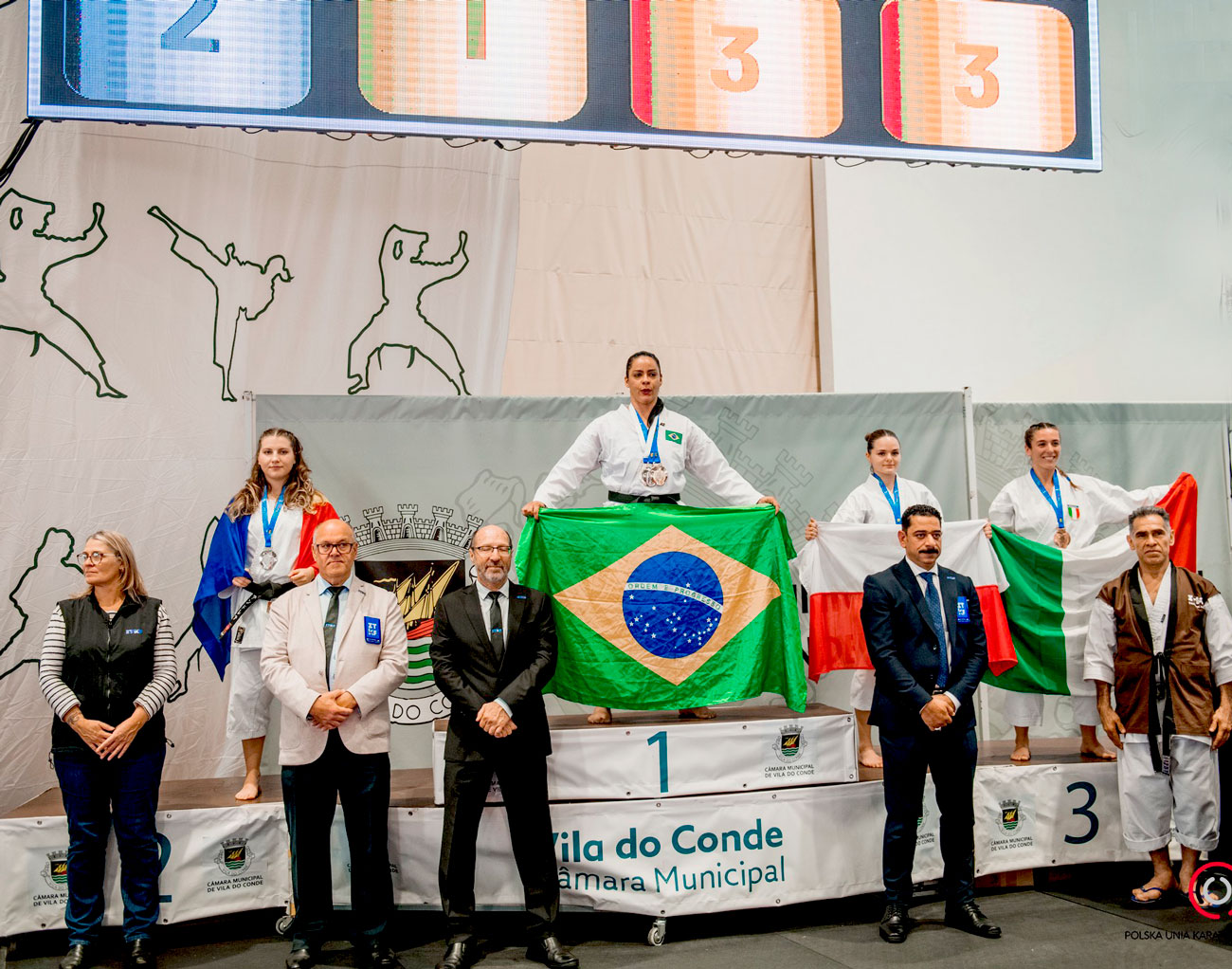
Medal ceremony
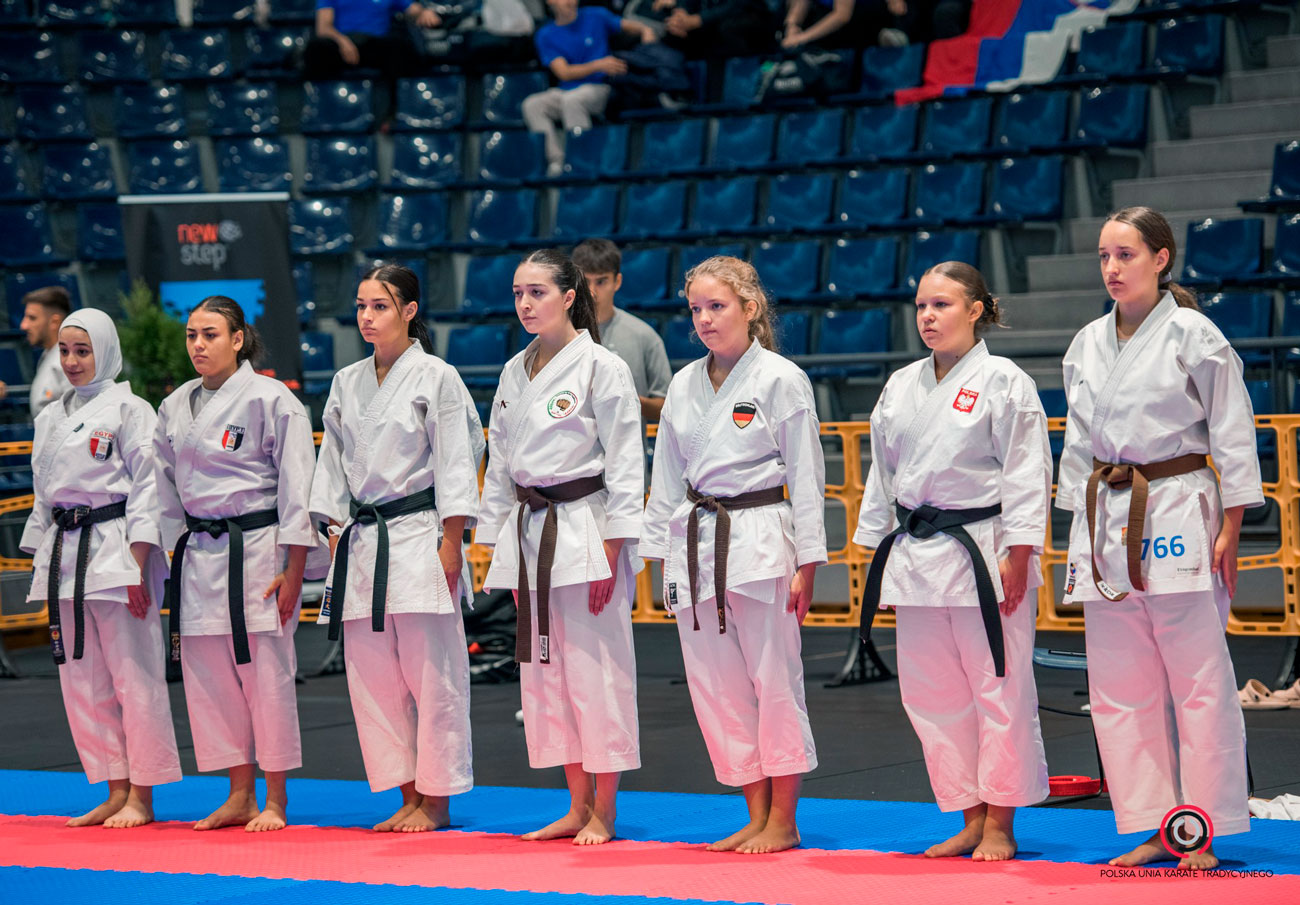
Individual female kata
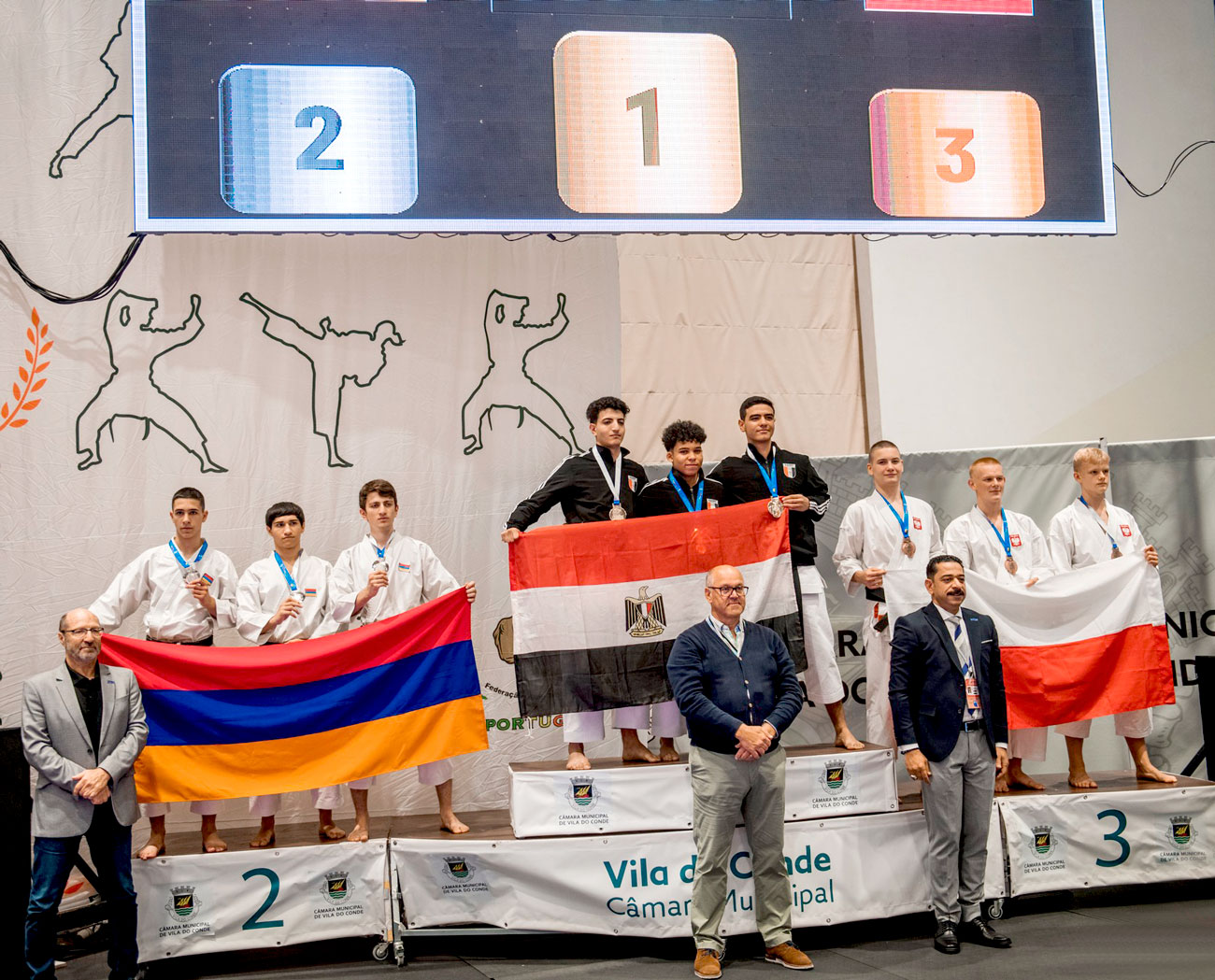
Medal ceremony
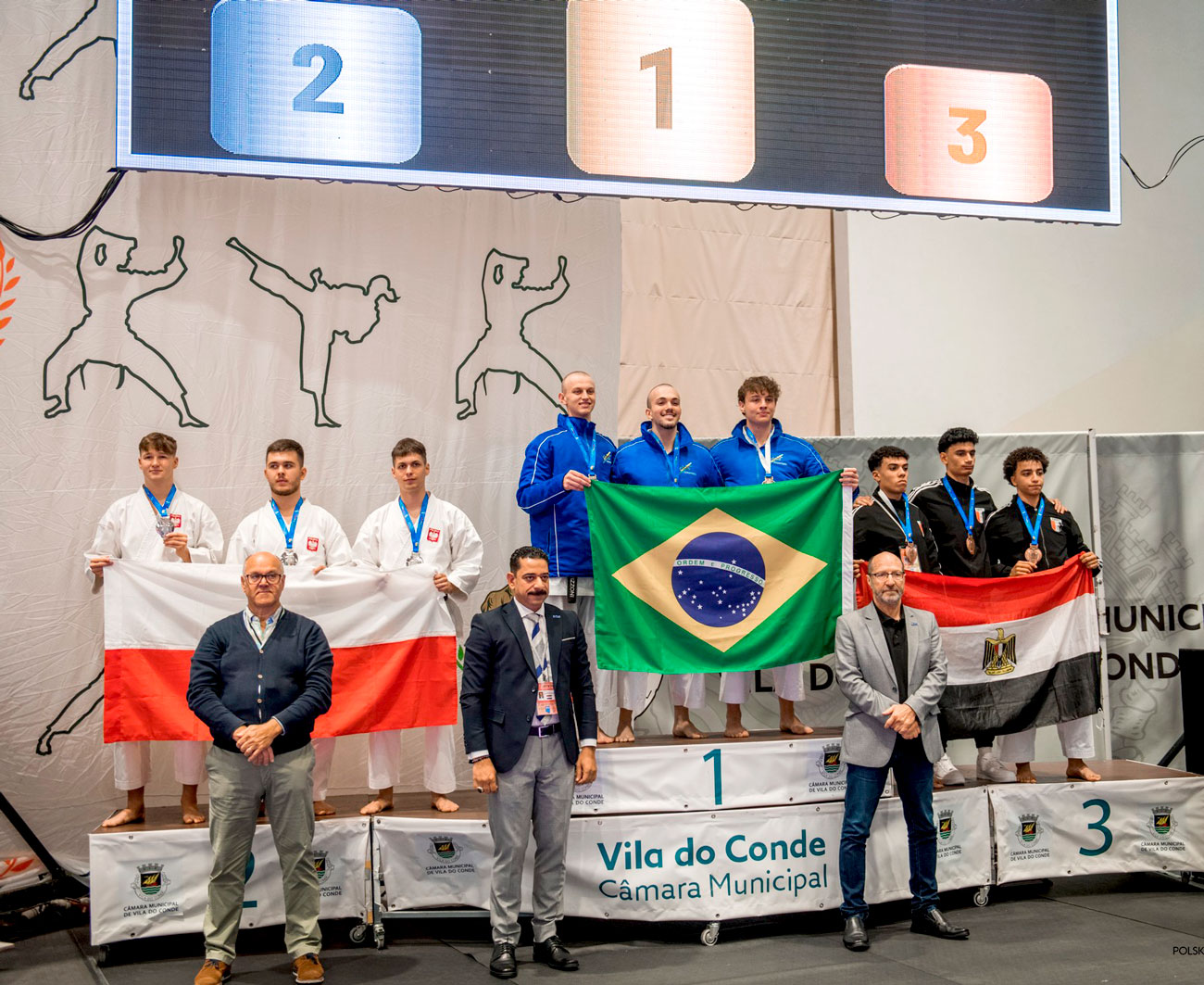
Medal ceremony
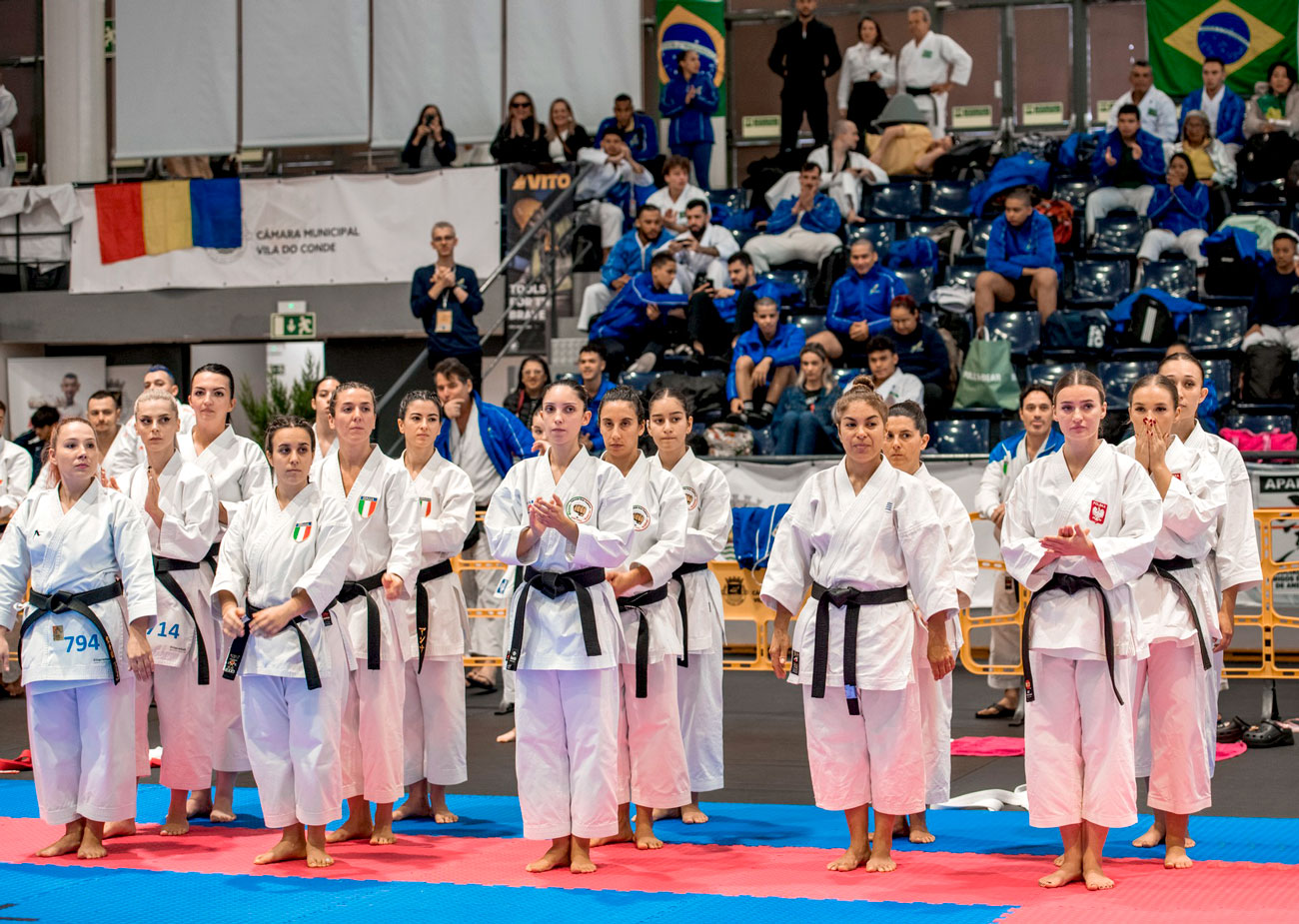
Women’s kata team competition
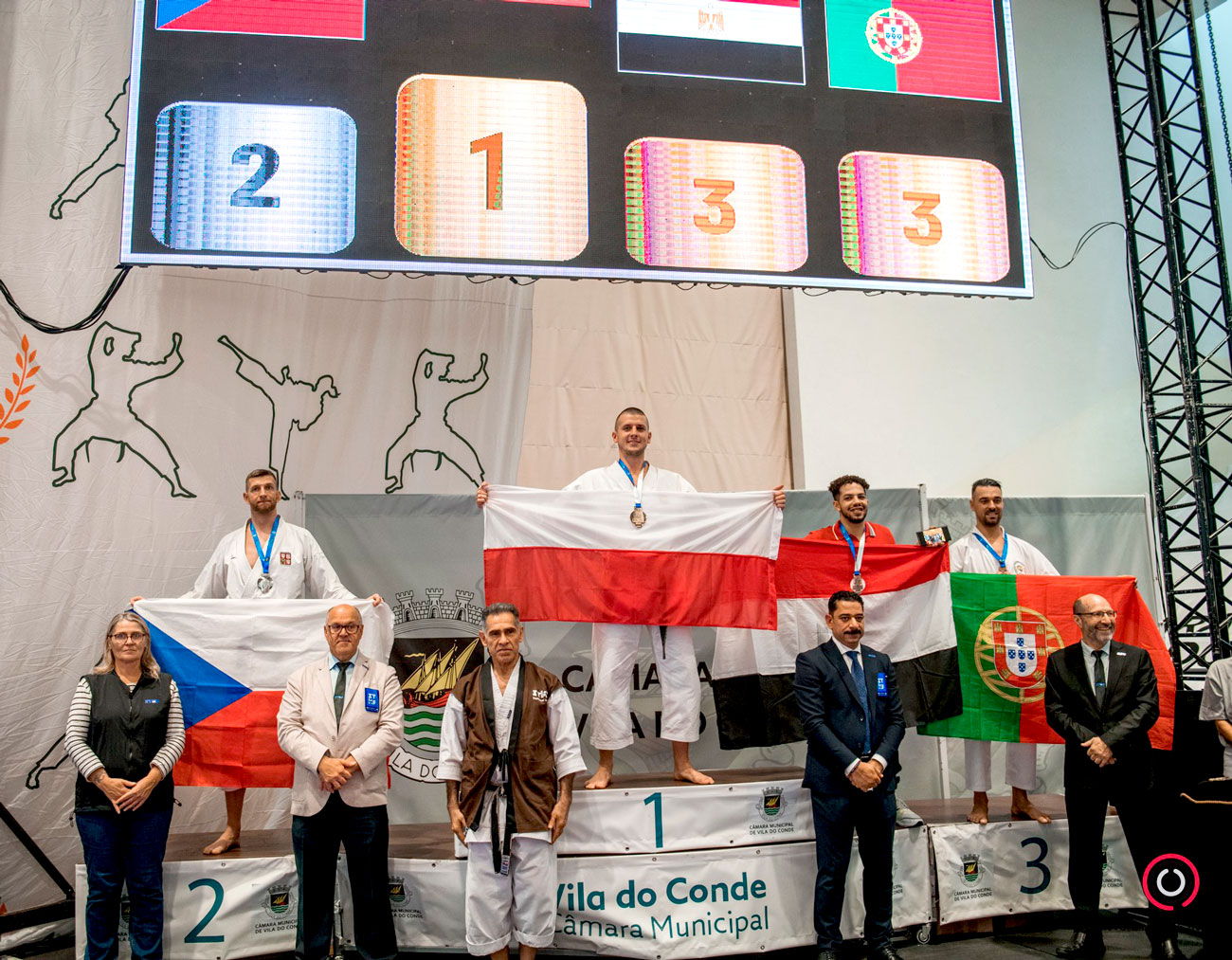
Medal ceremony
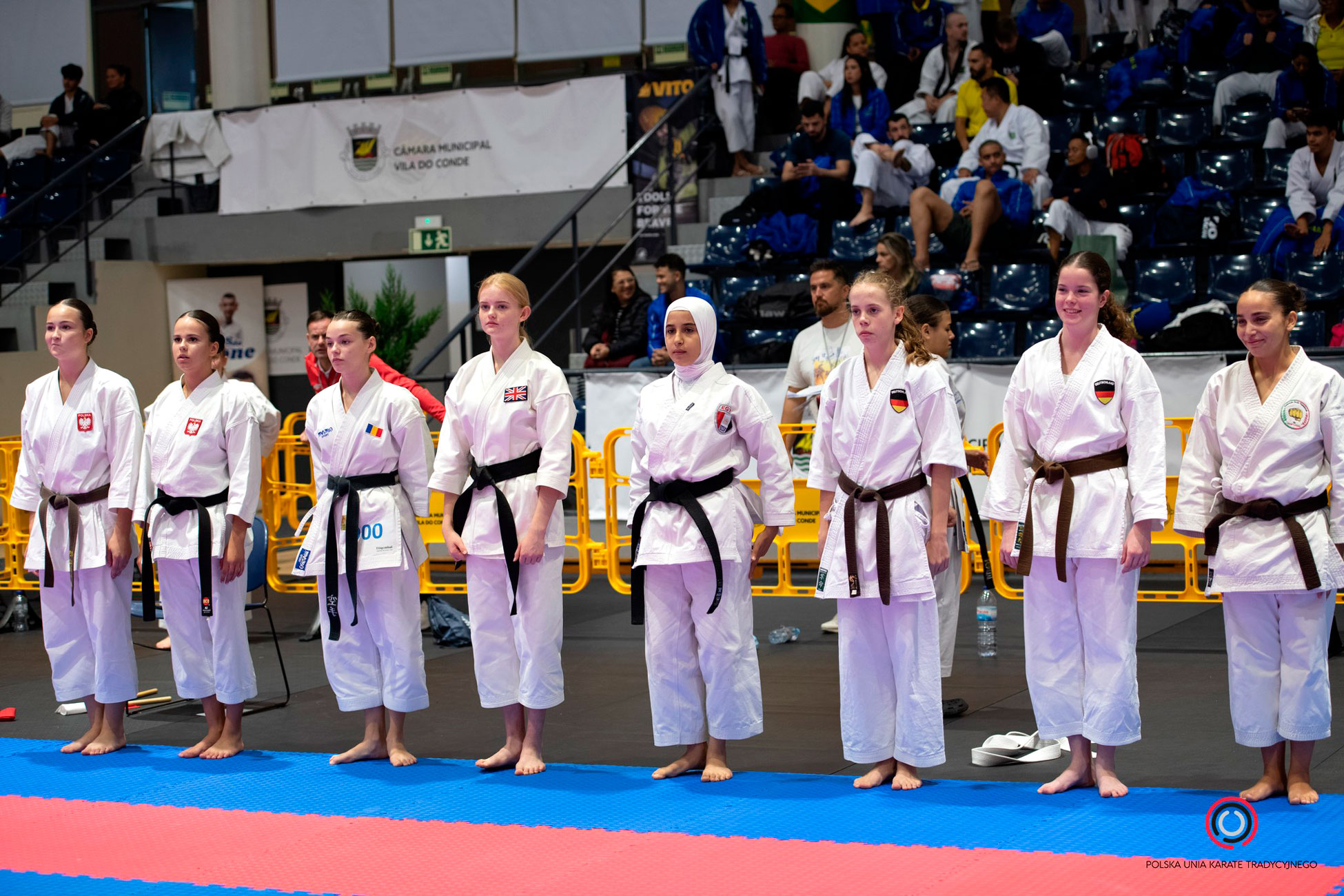
Individual female kata
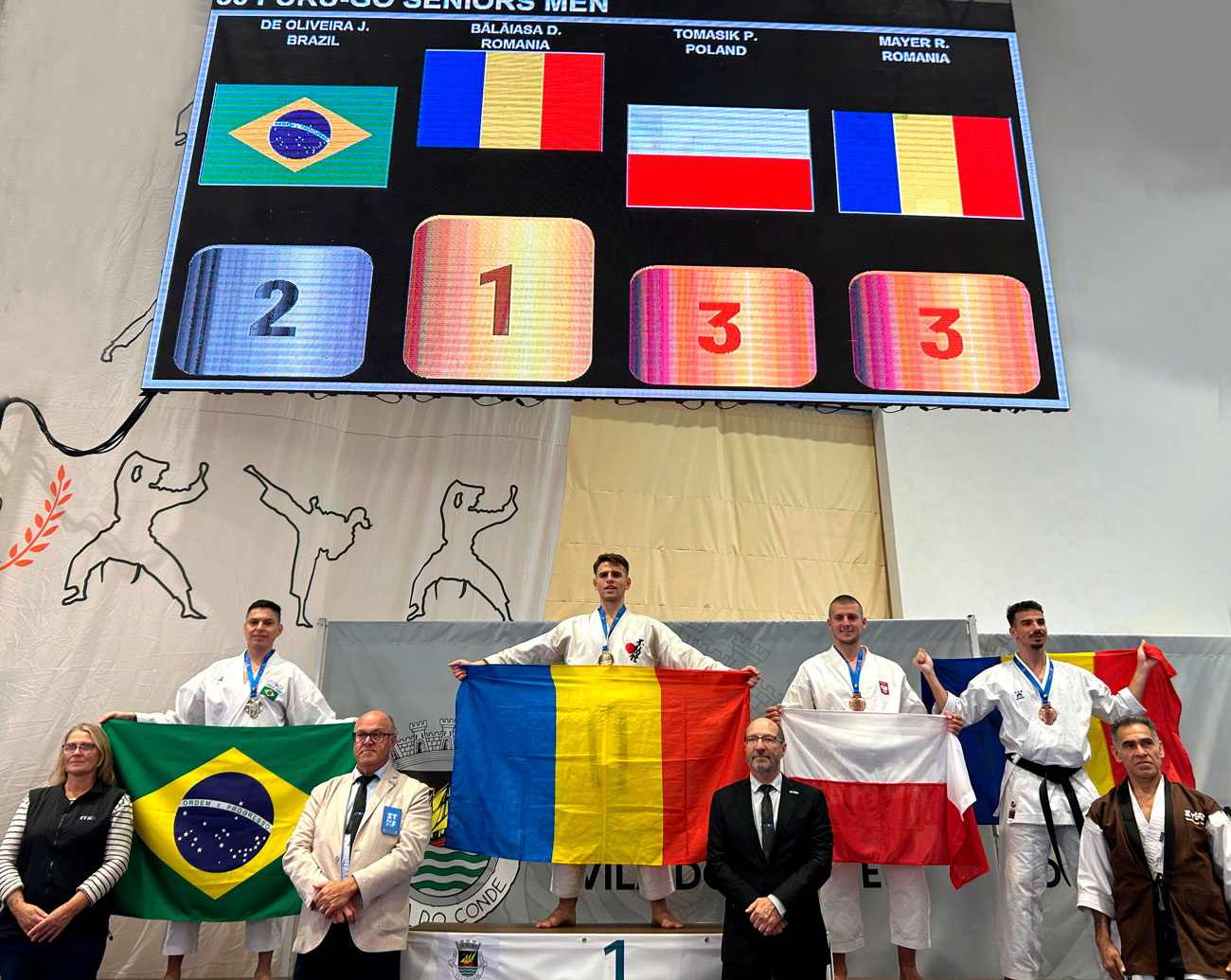
Medal ceremony
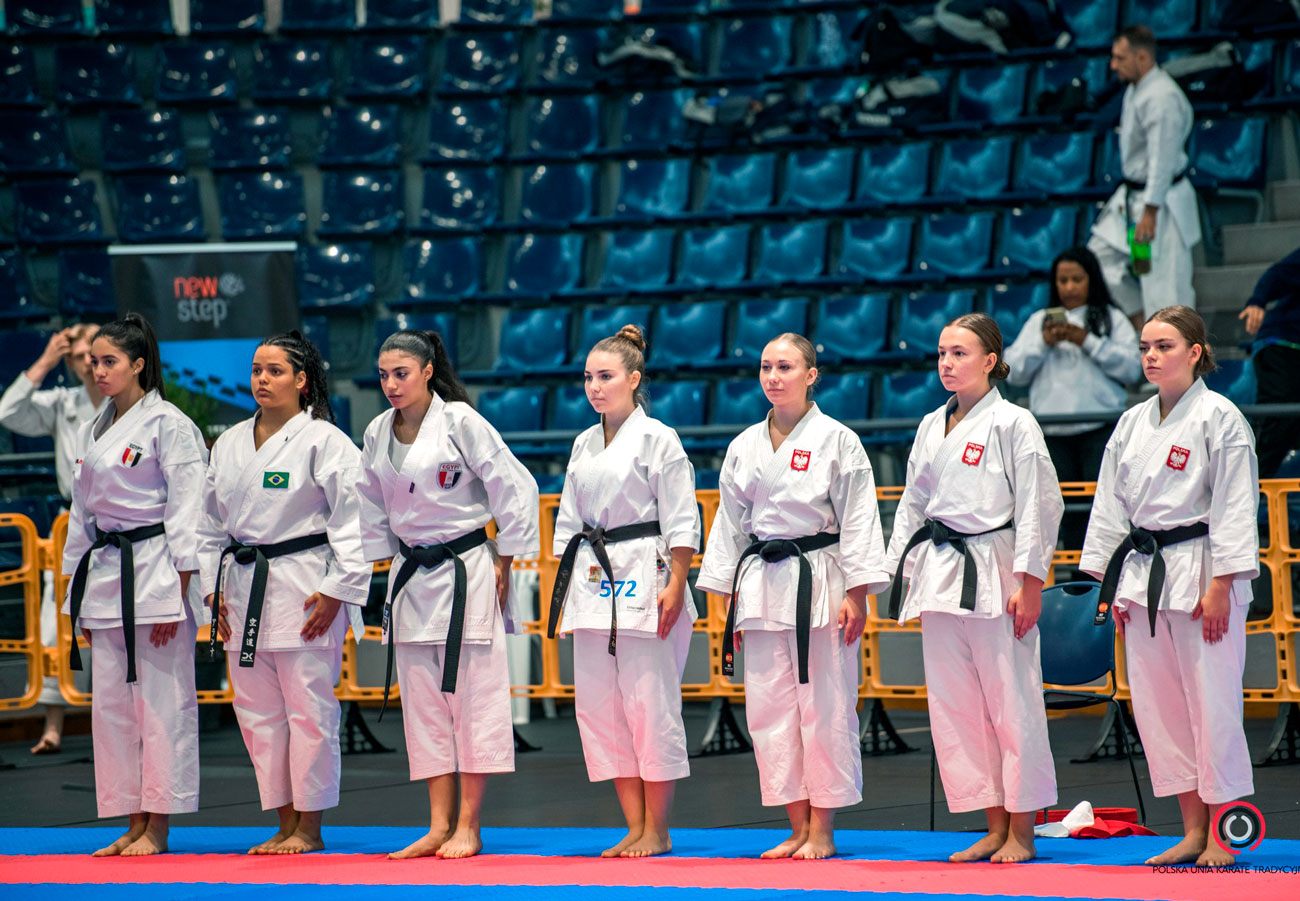
Individual female kumite
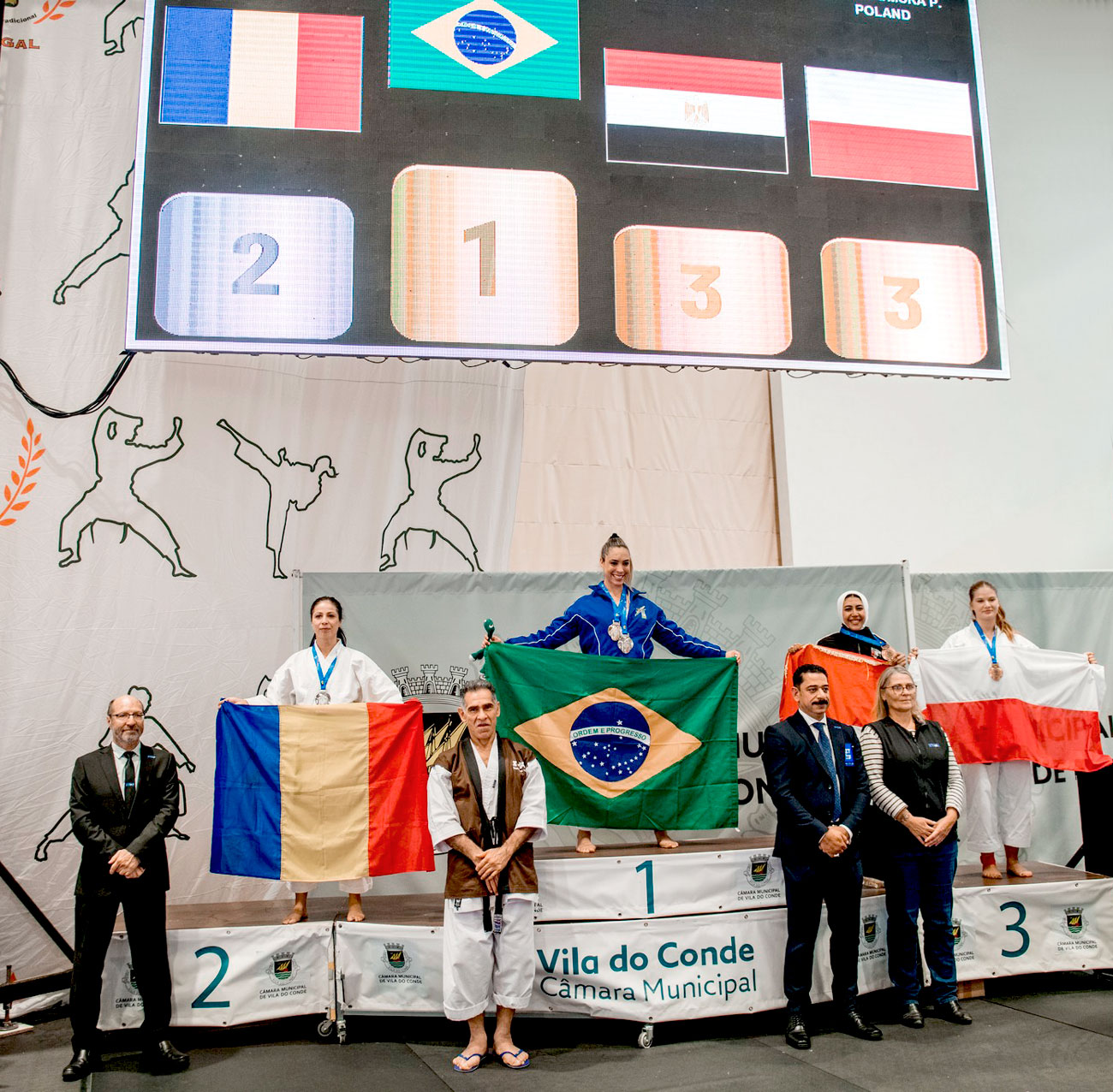
Medal ceremony
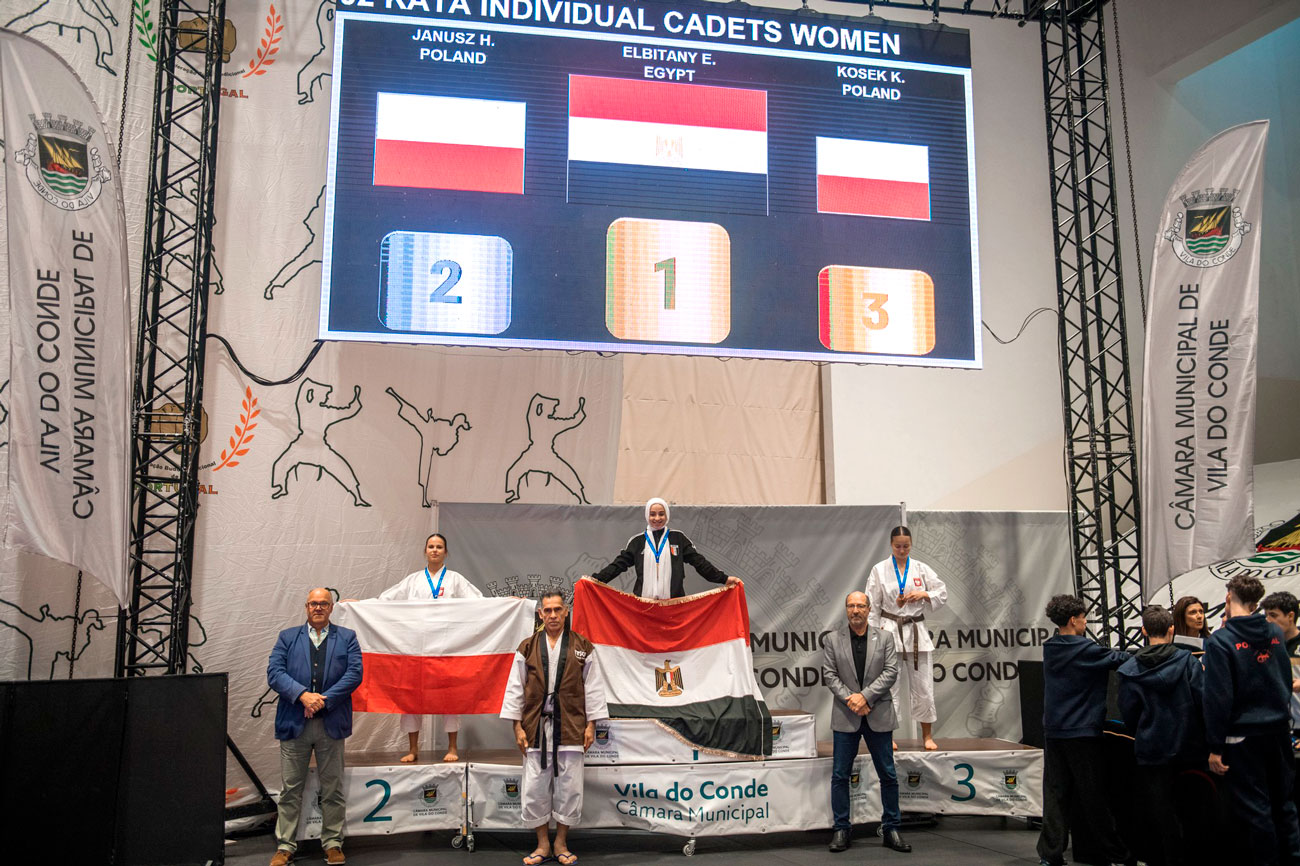
Medal ceremony
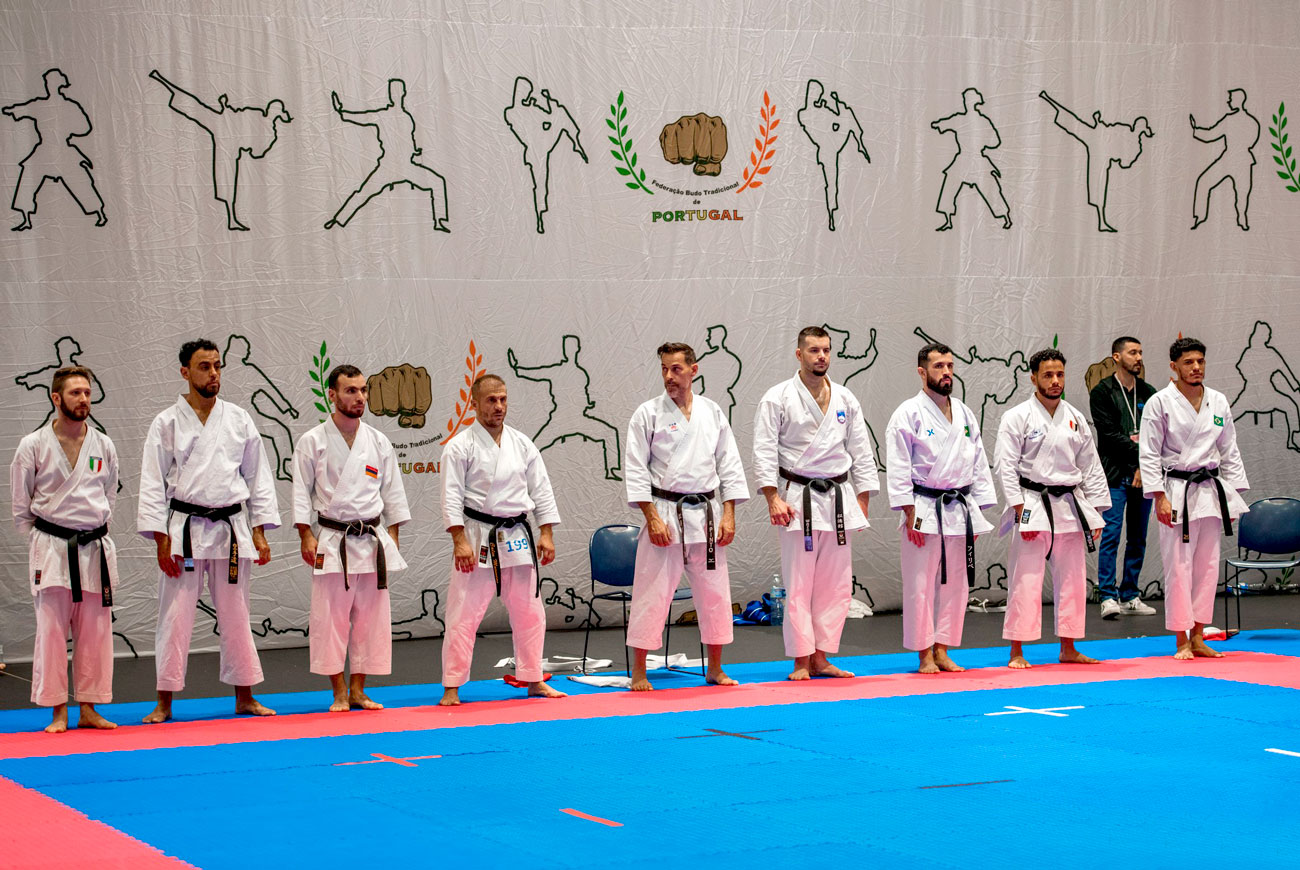
Individual male kata
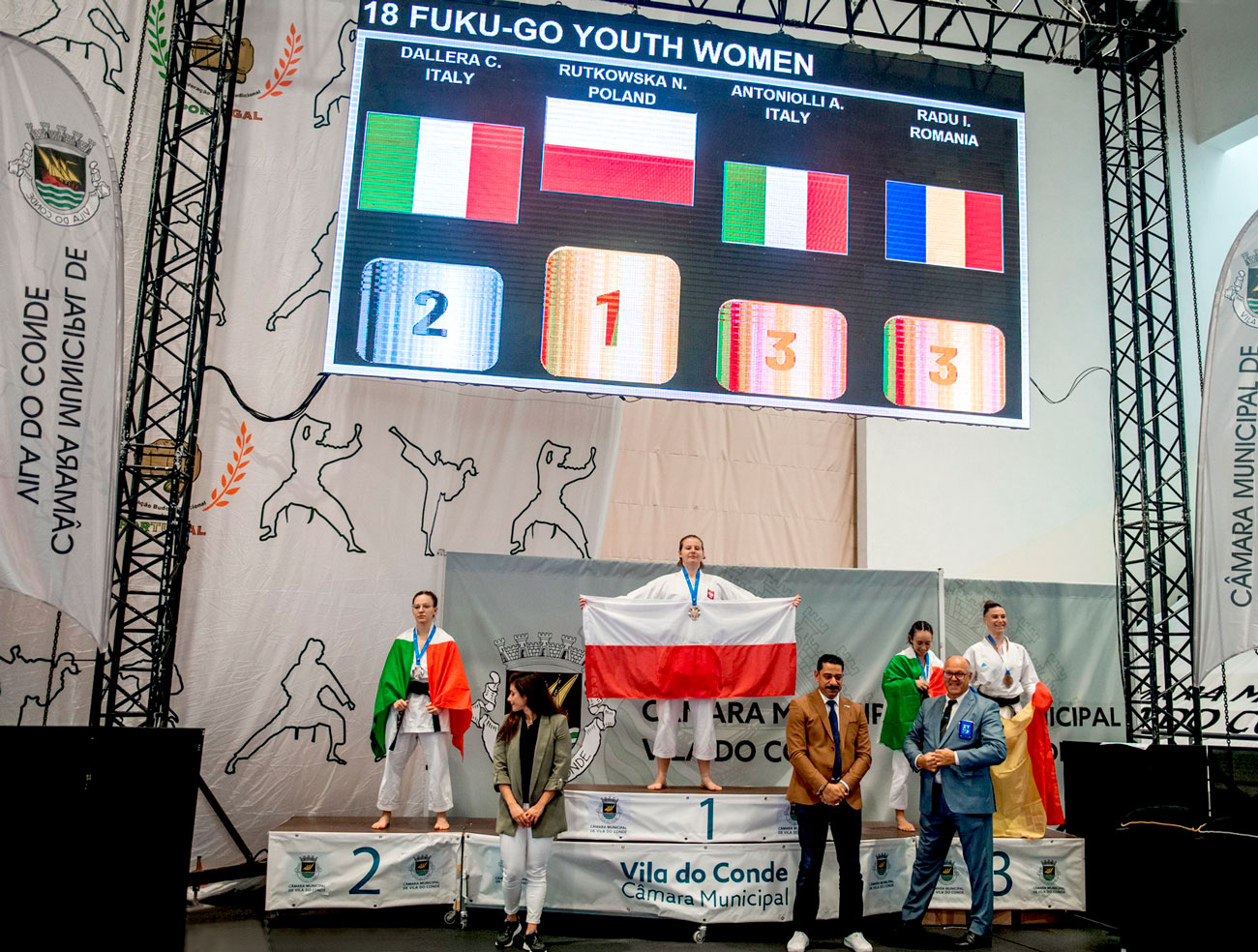
Medal ceremony
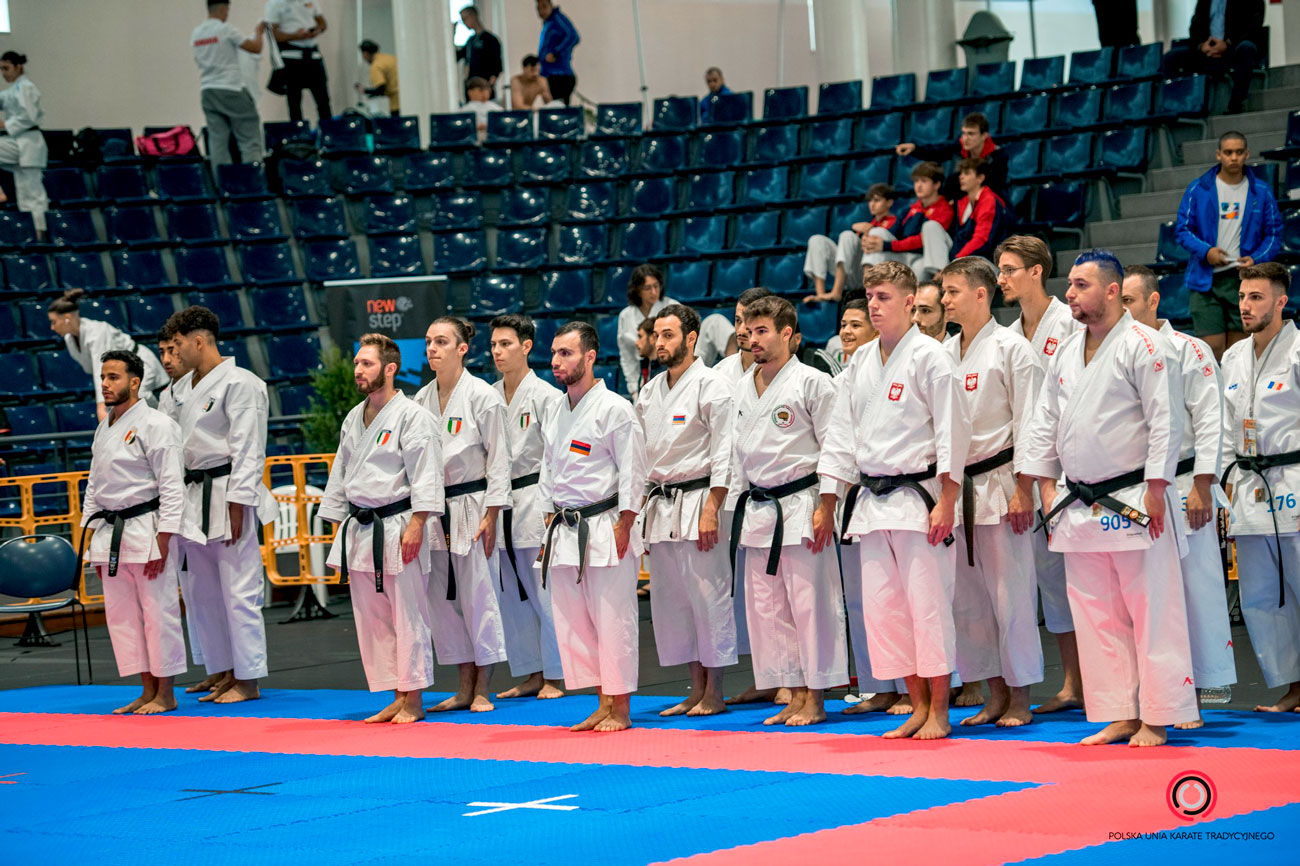
Men’s kata team competition
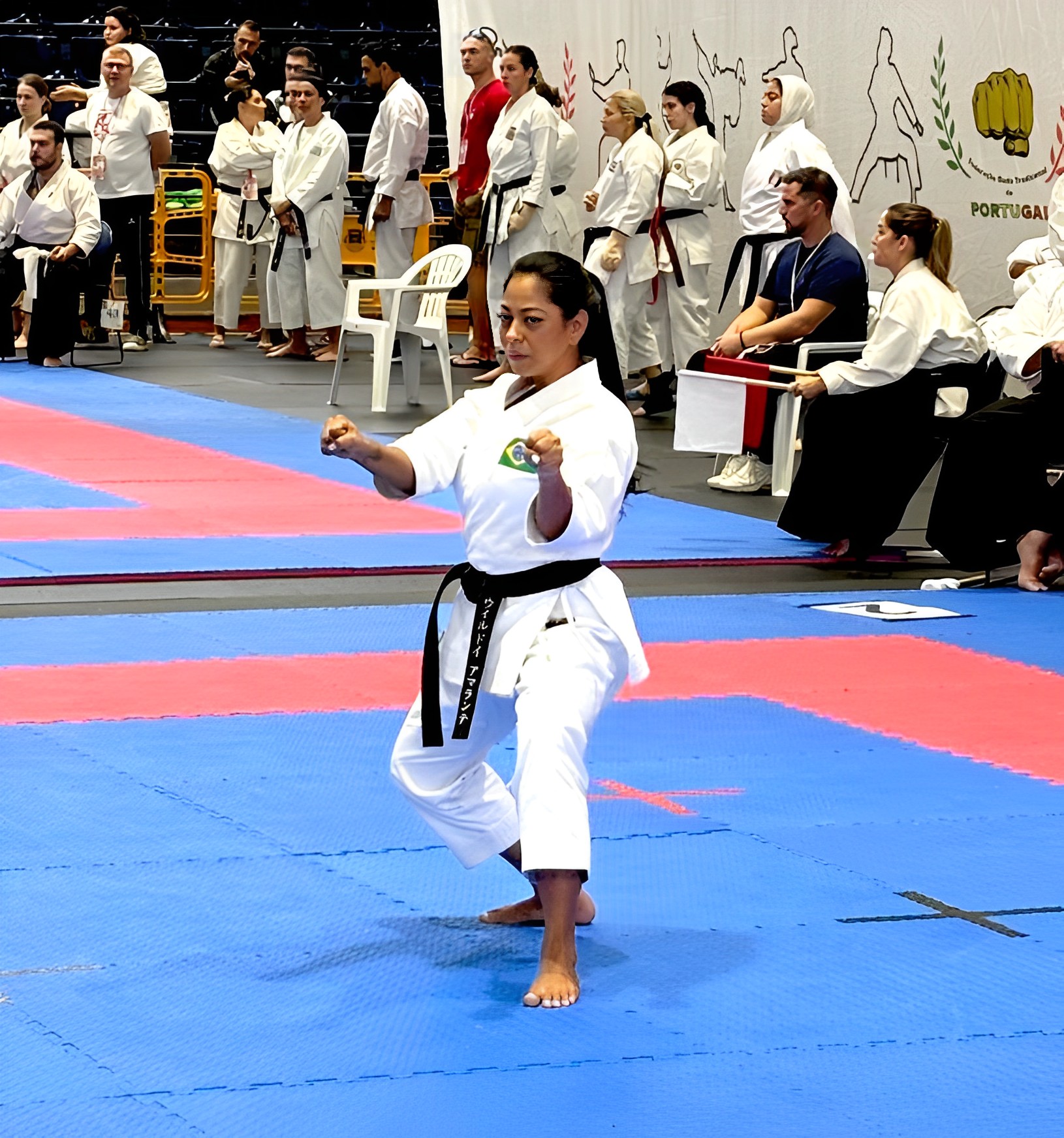
Individual female kata
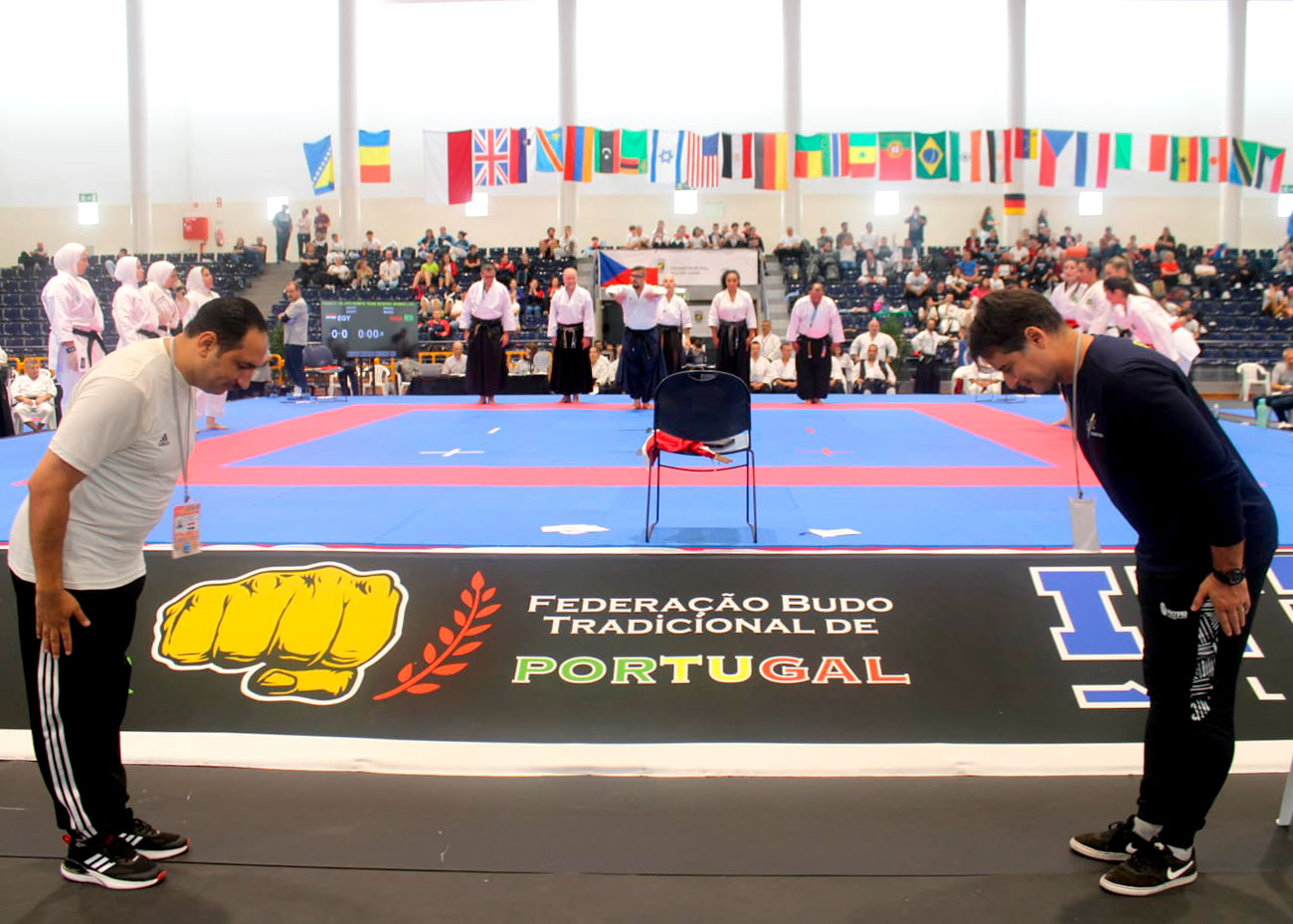
Coaches from Egypt and Brazil respectfully greeting each other after the team competition
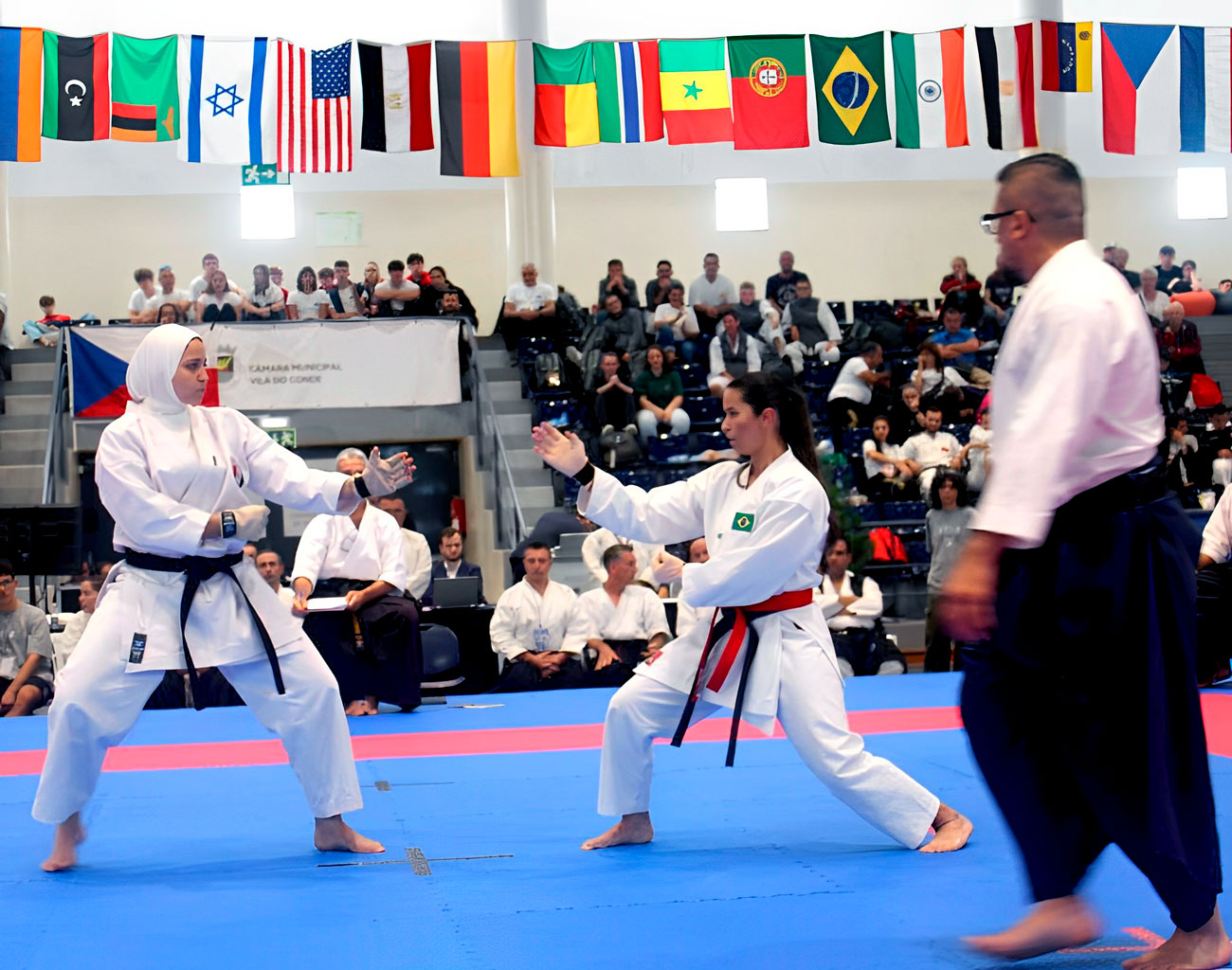
Individual female kumite

Individual female kumite
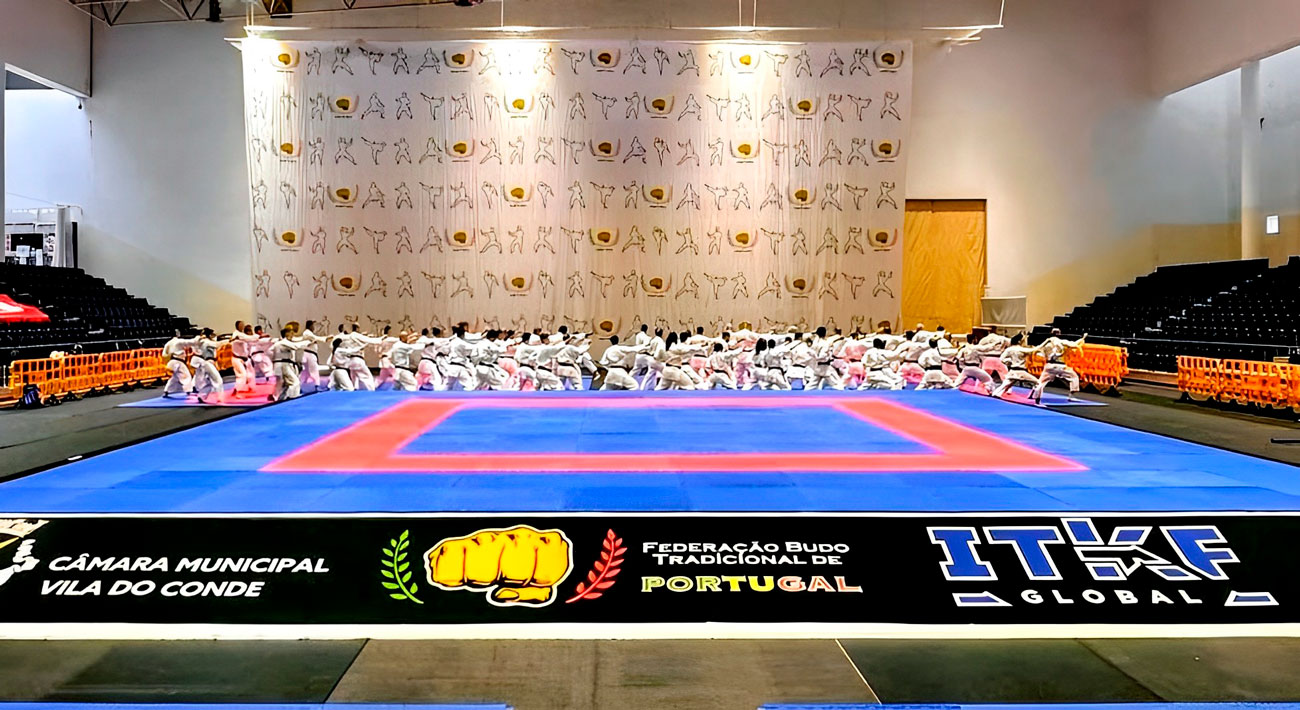
Master Course
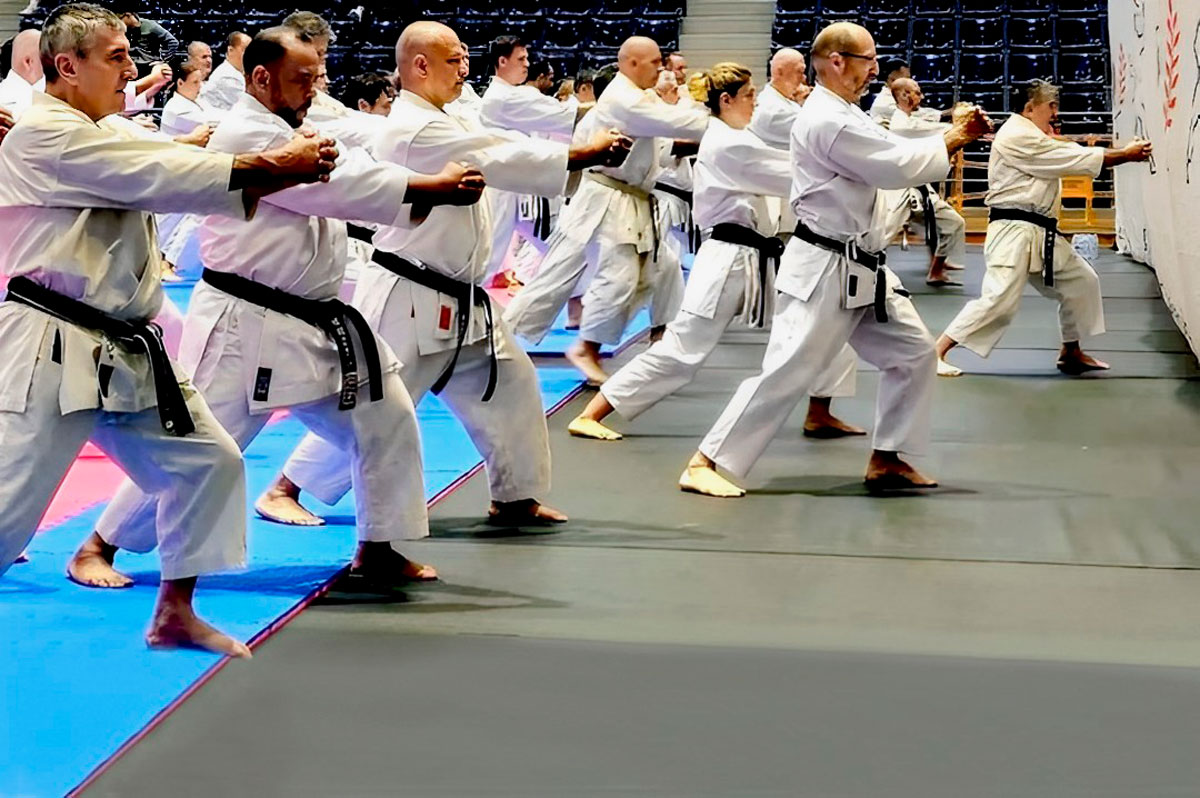
Master Course
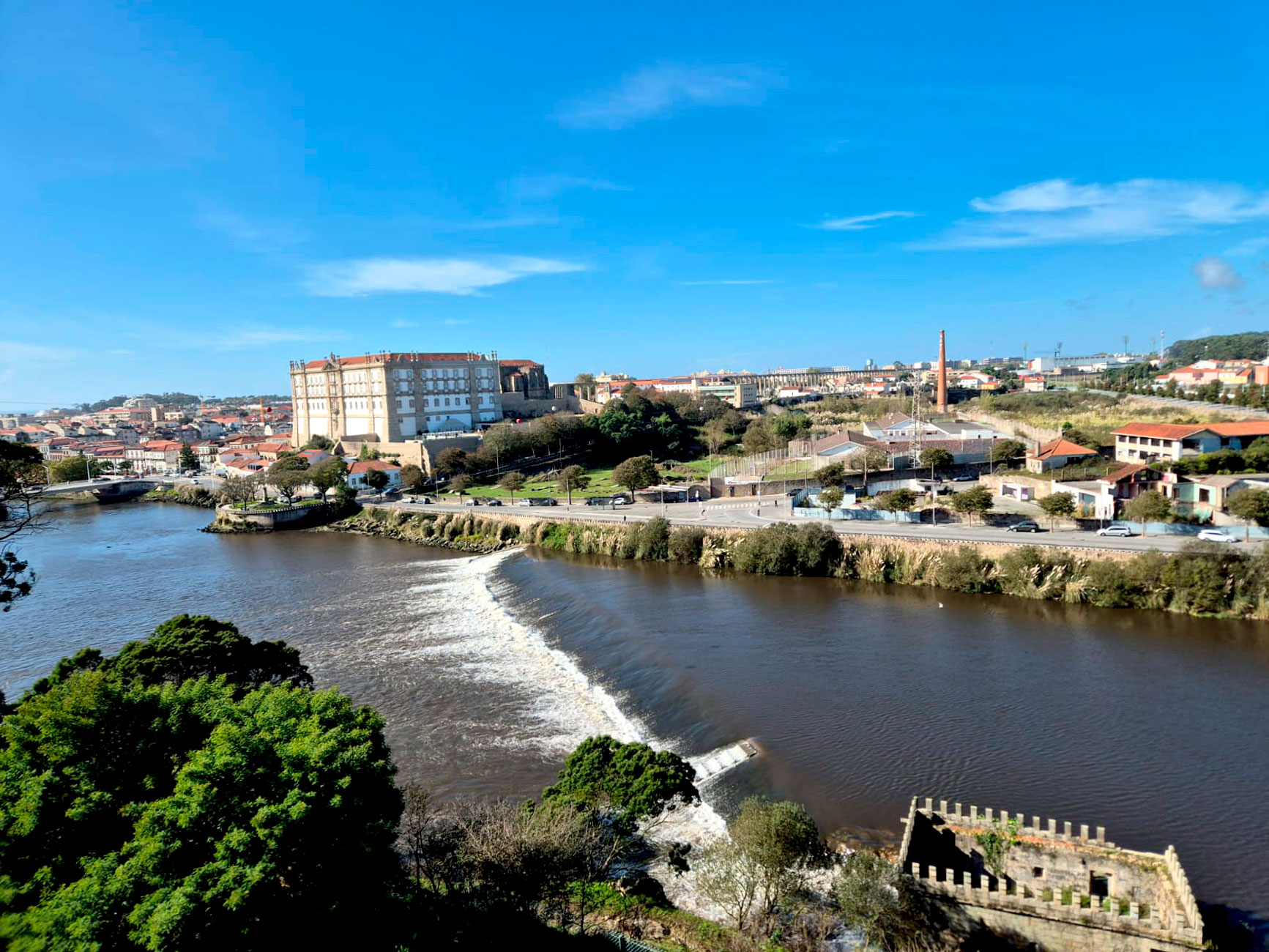
Rio Ave, in the beautiful Vila do Conde
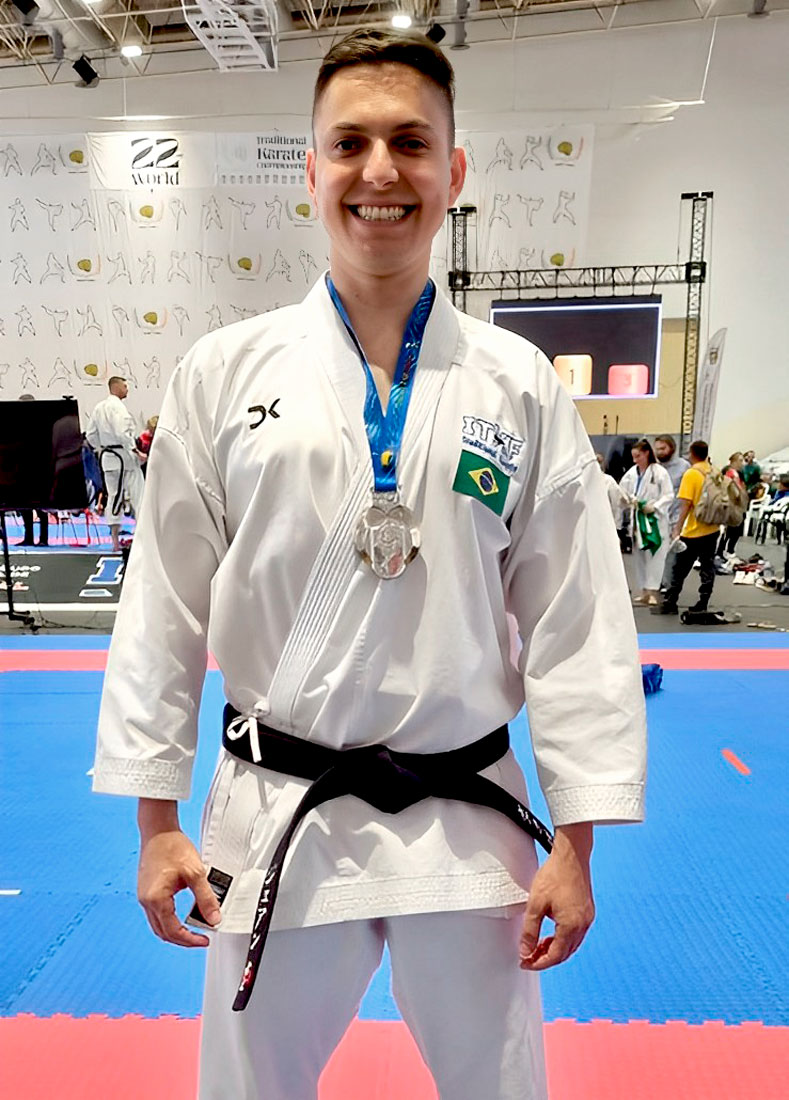
Jean Laure Oliveira, individual kumite runner-up
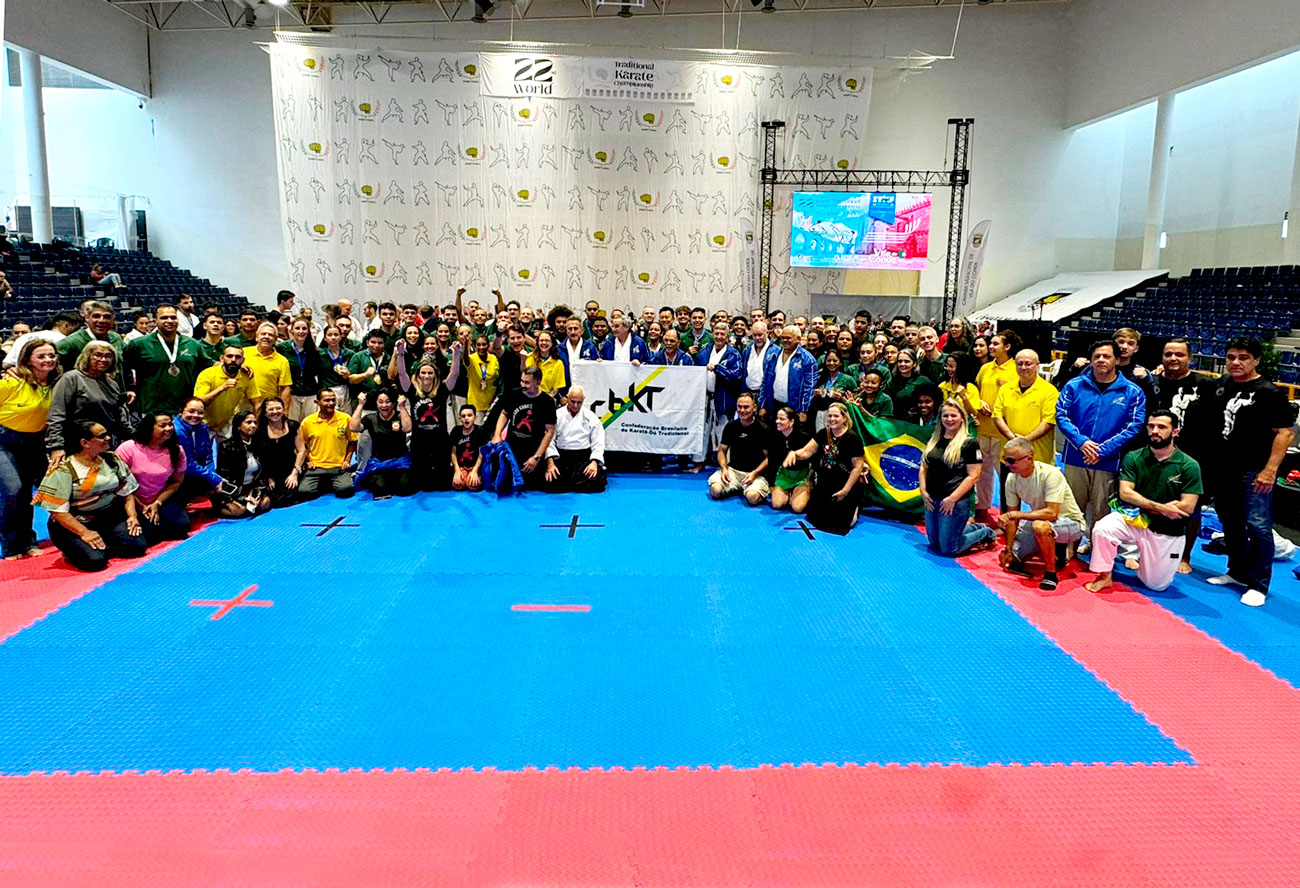
Brazilian delegation
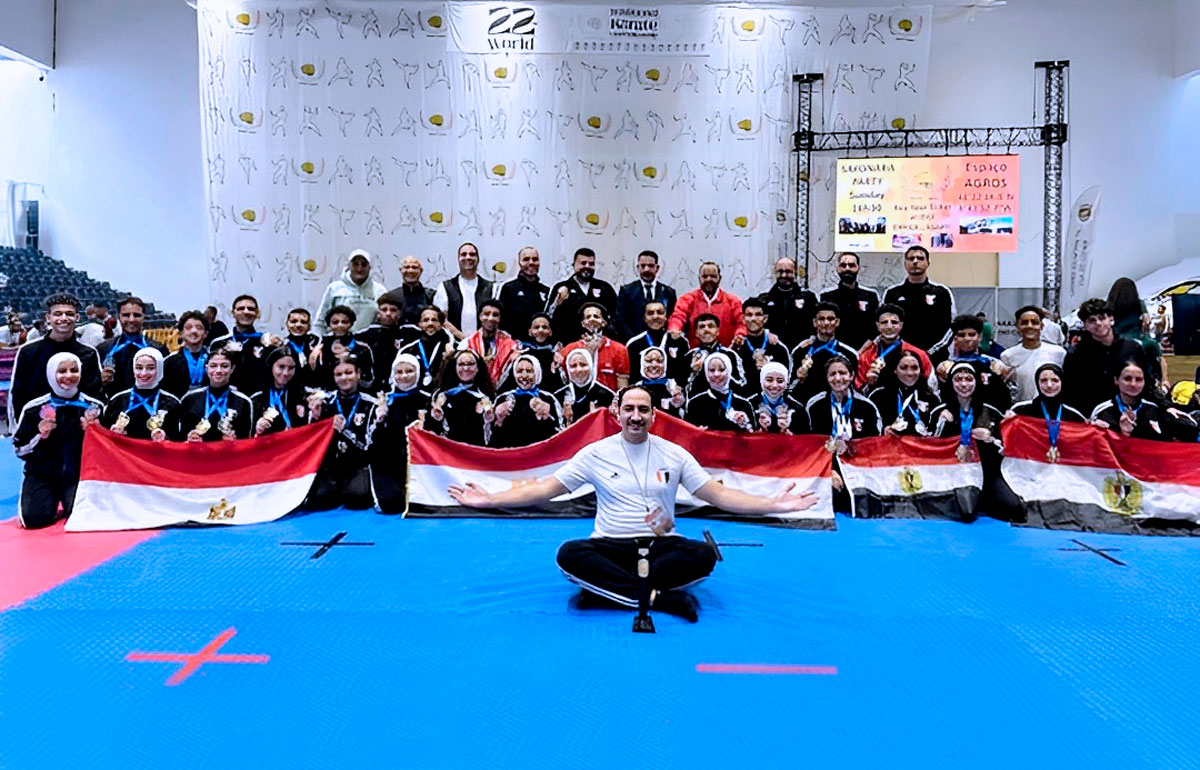
Egyptian delegation
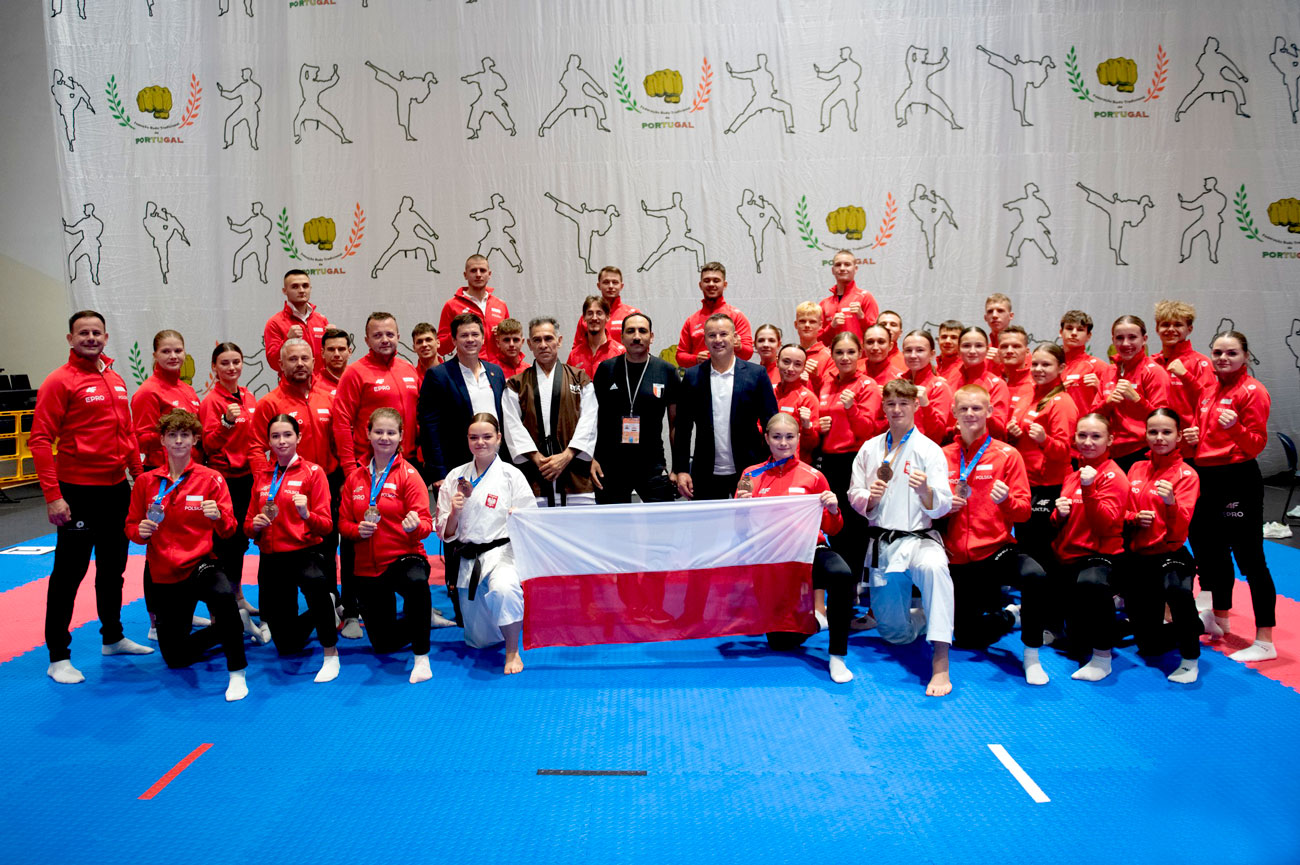
Polish delegation
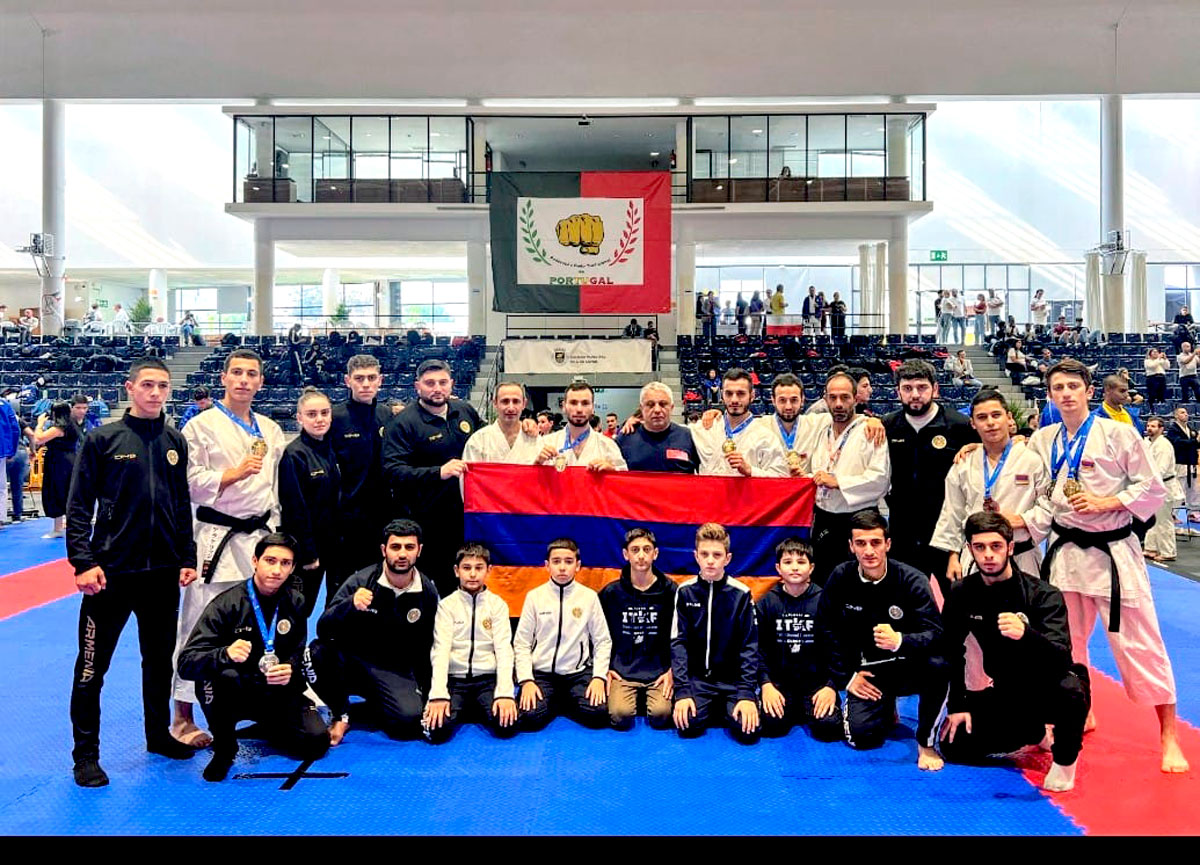
Armenian delegation
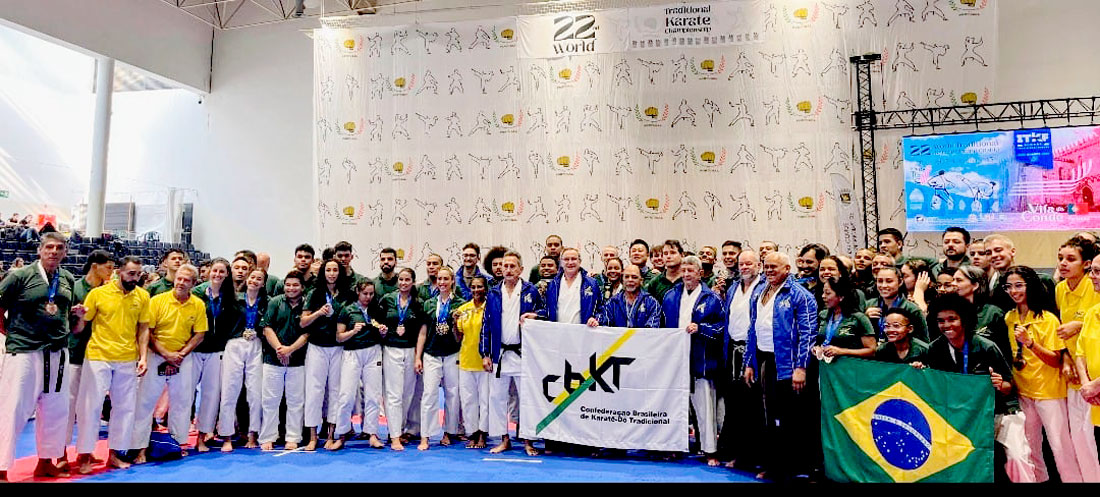
Brazilian delegation

08 de fevereiro de 2026
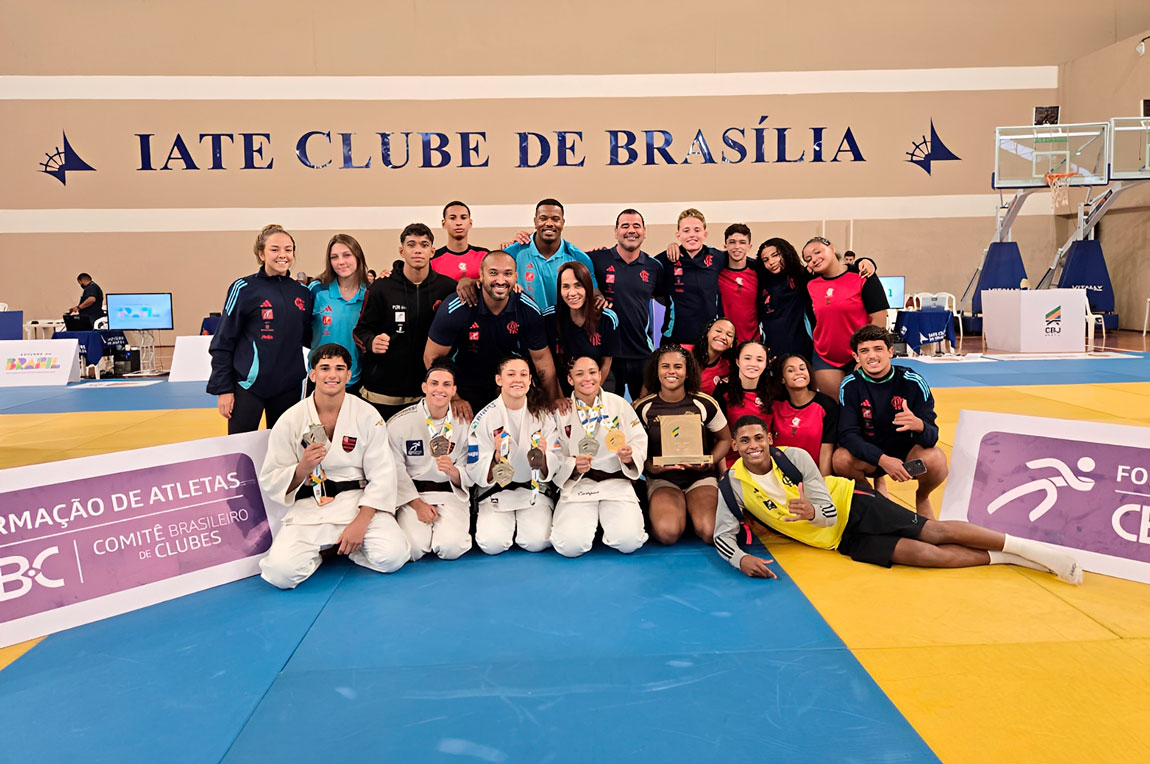
07 de fevereiro de 2026
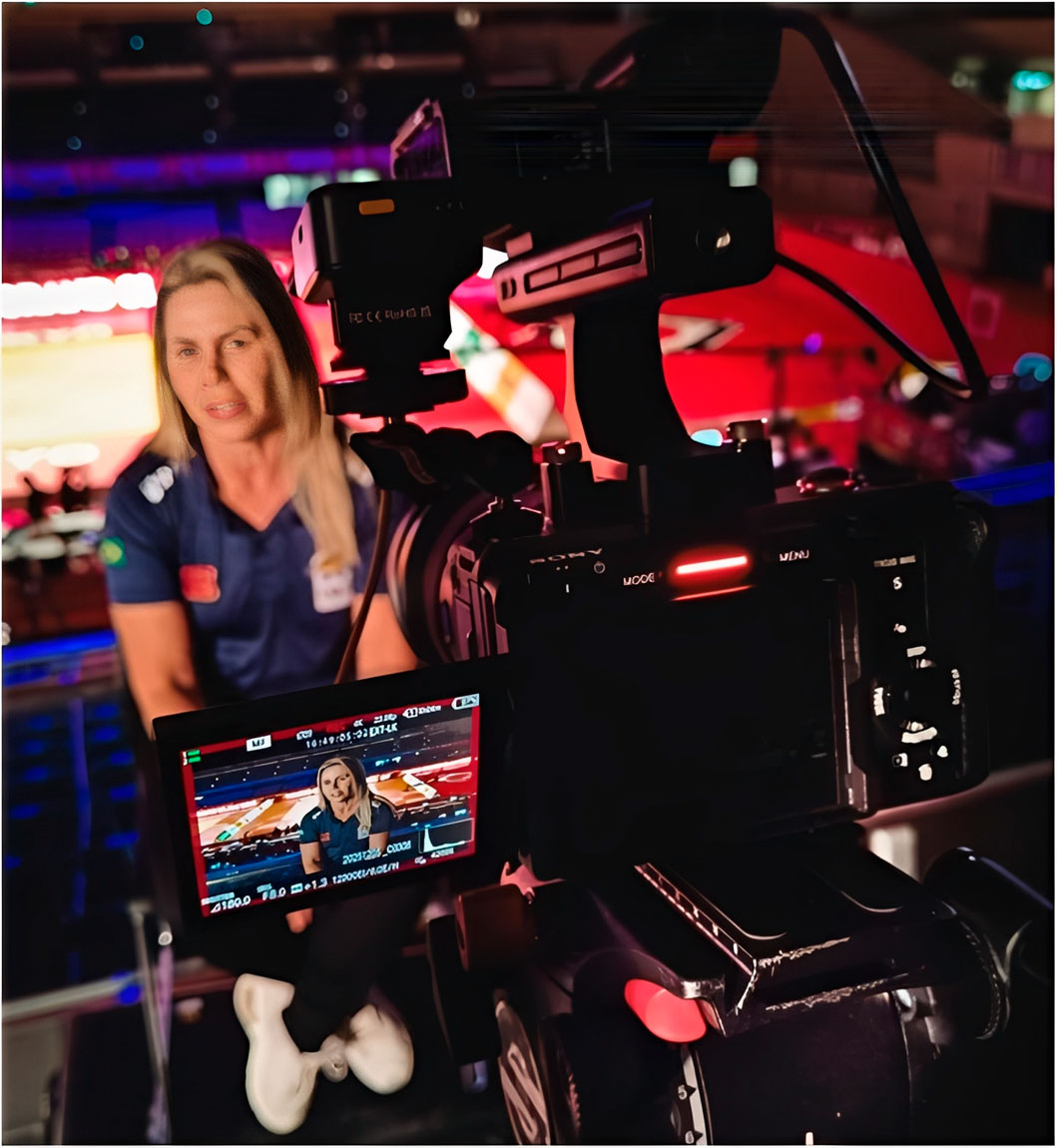
06 de fevereiro de 2026